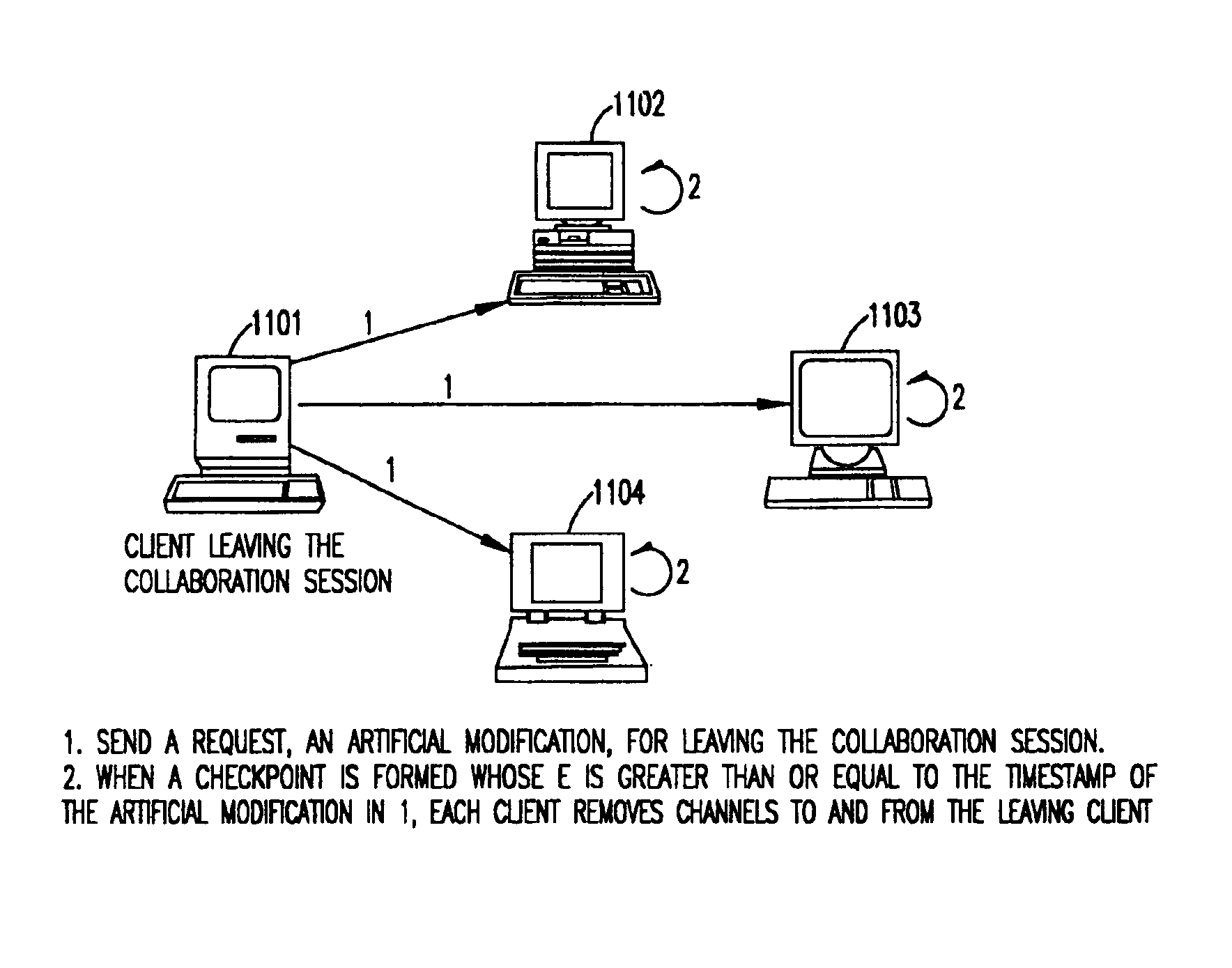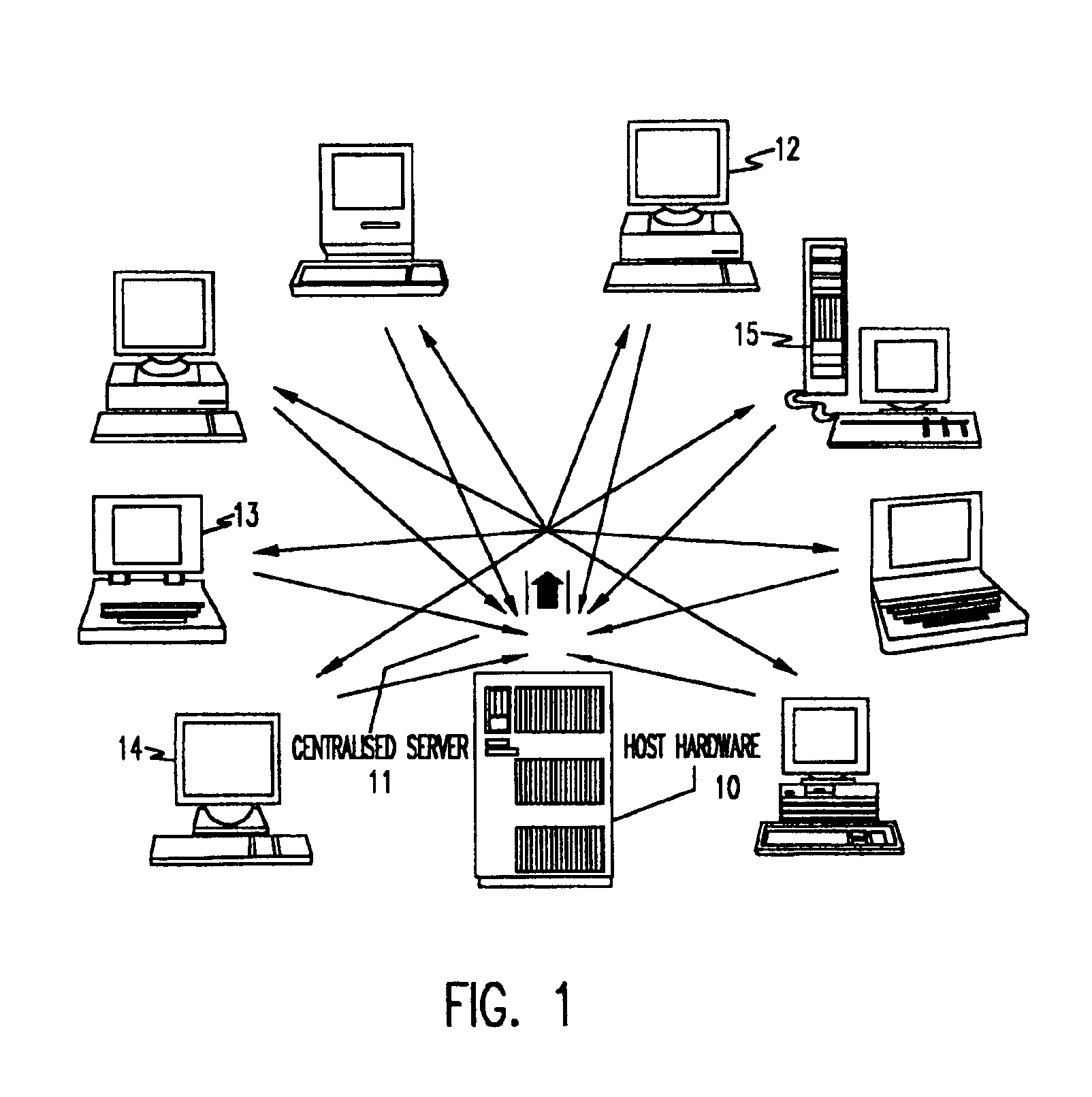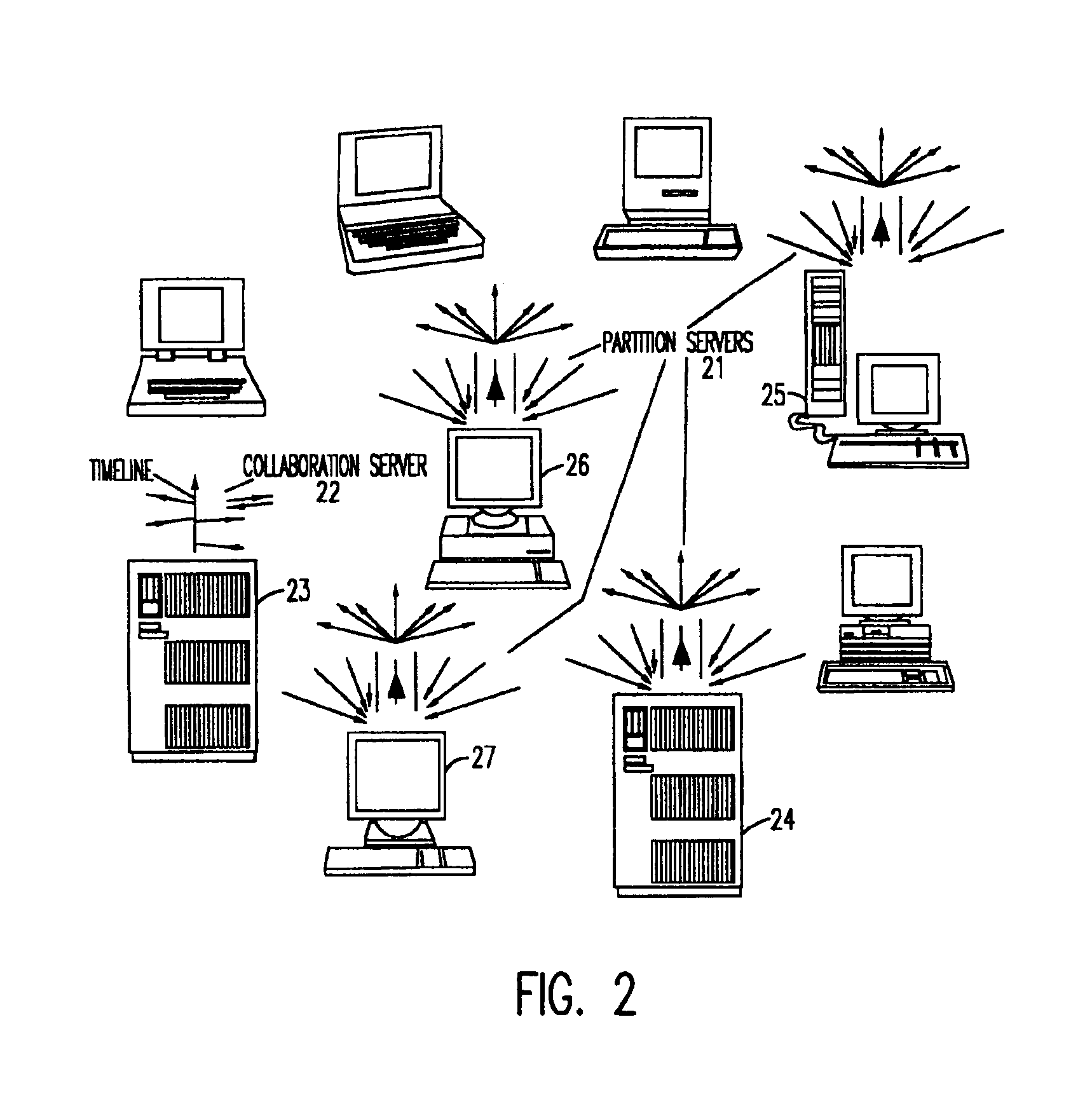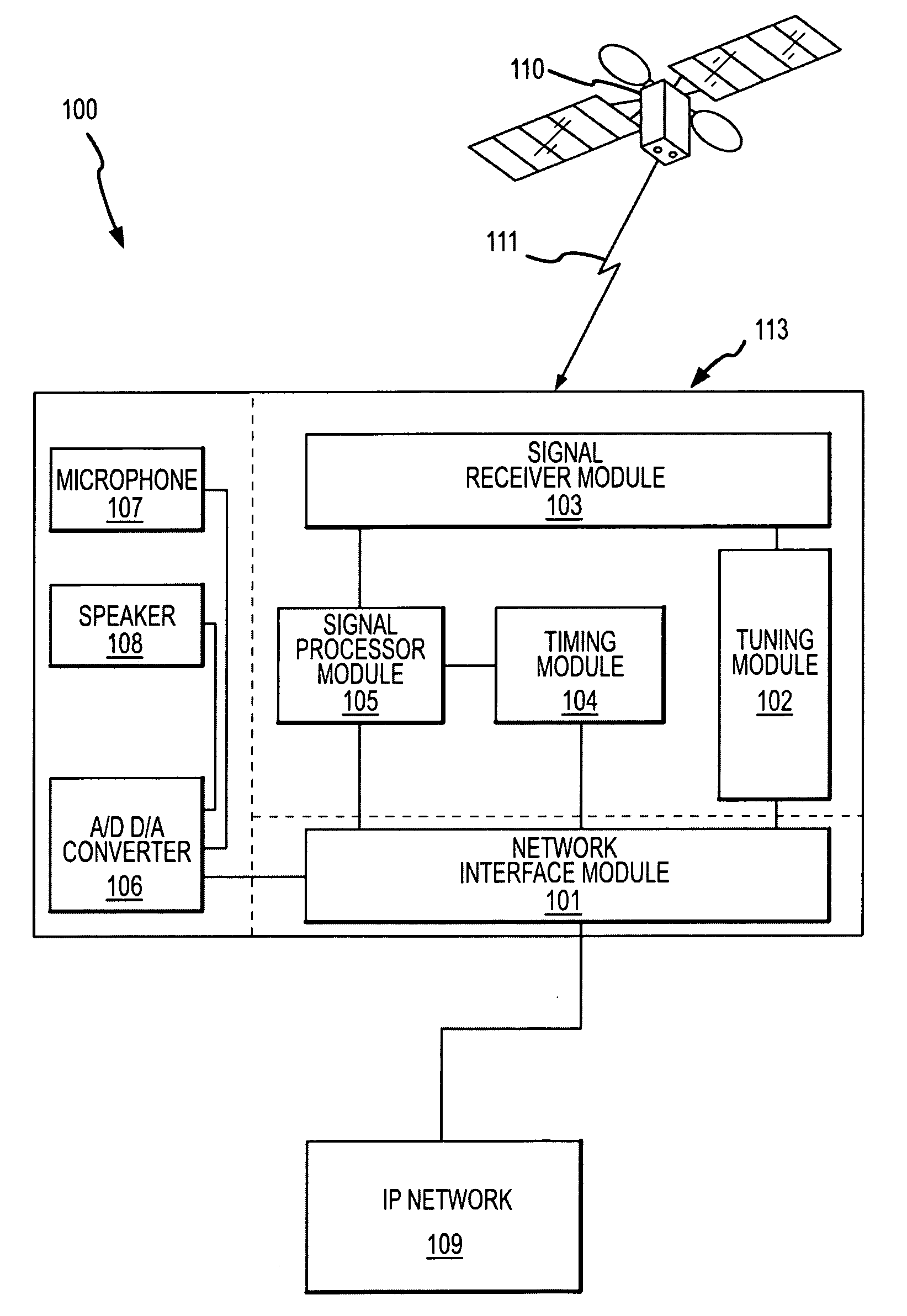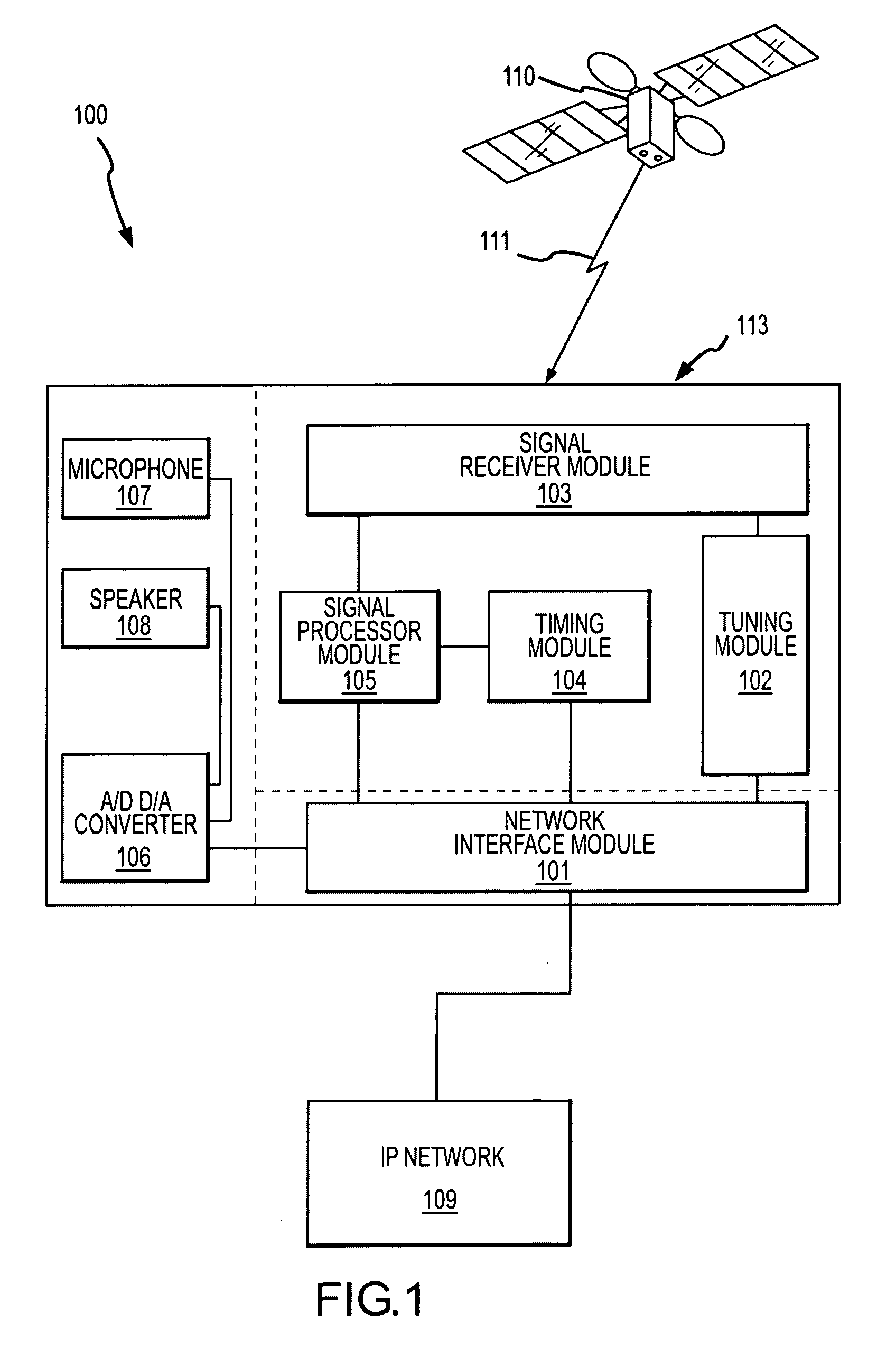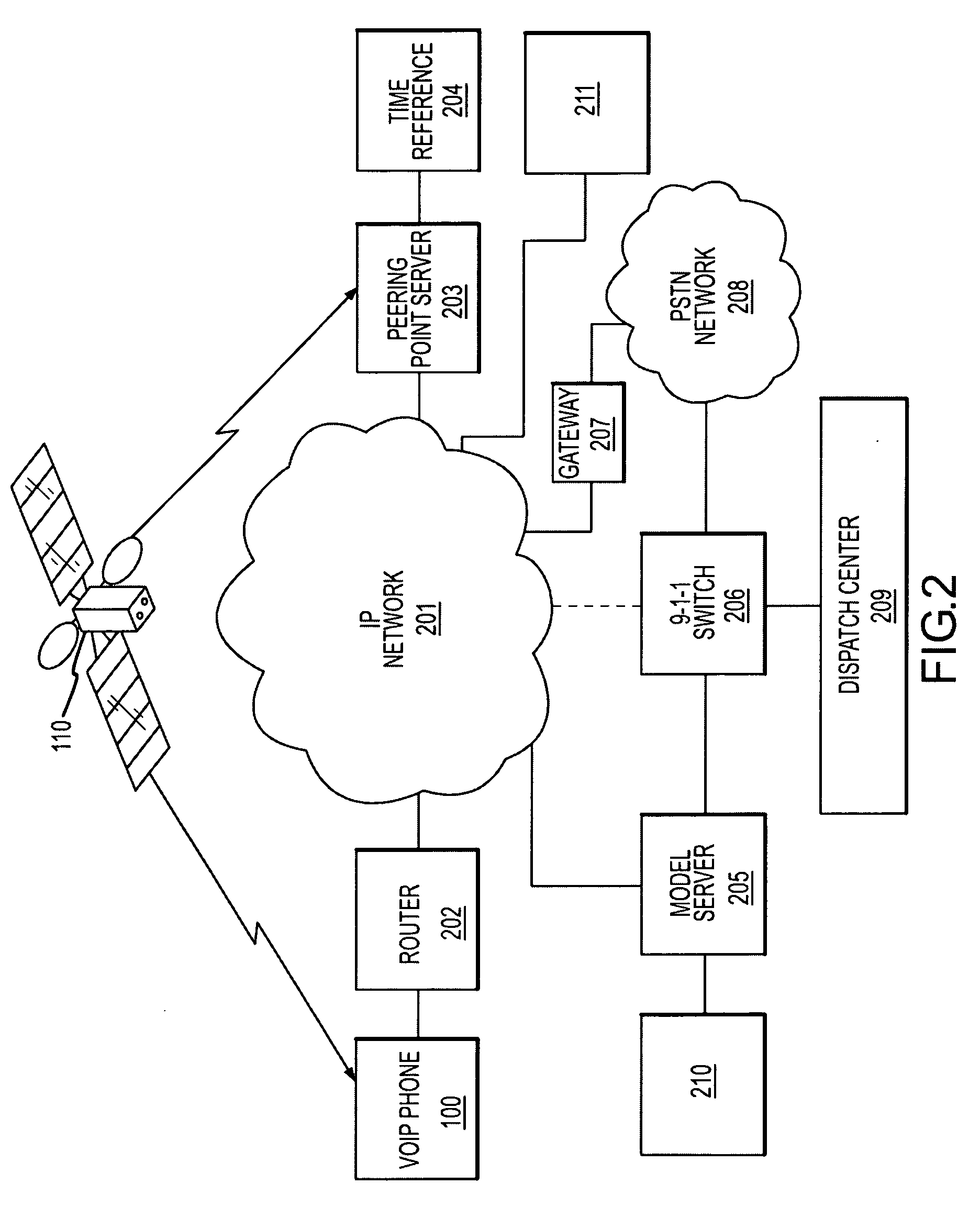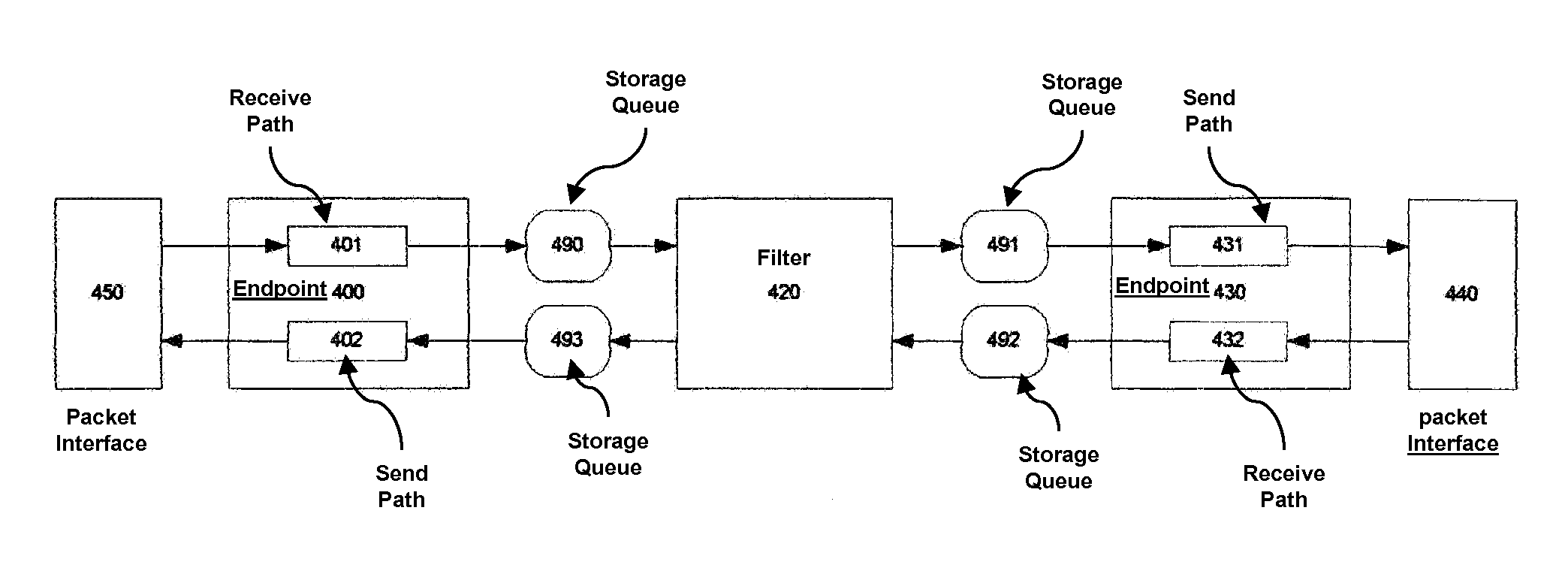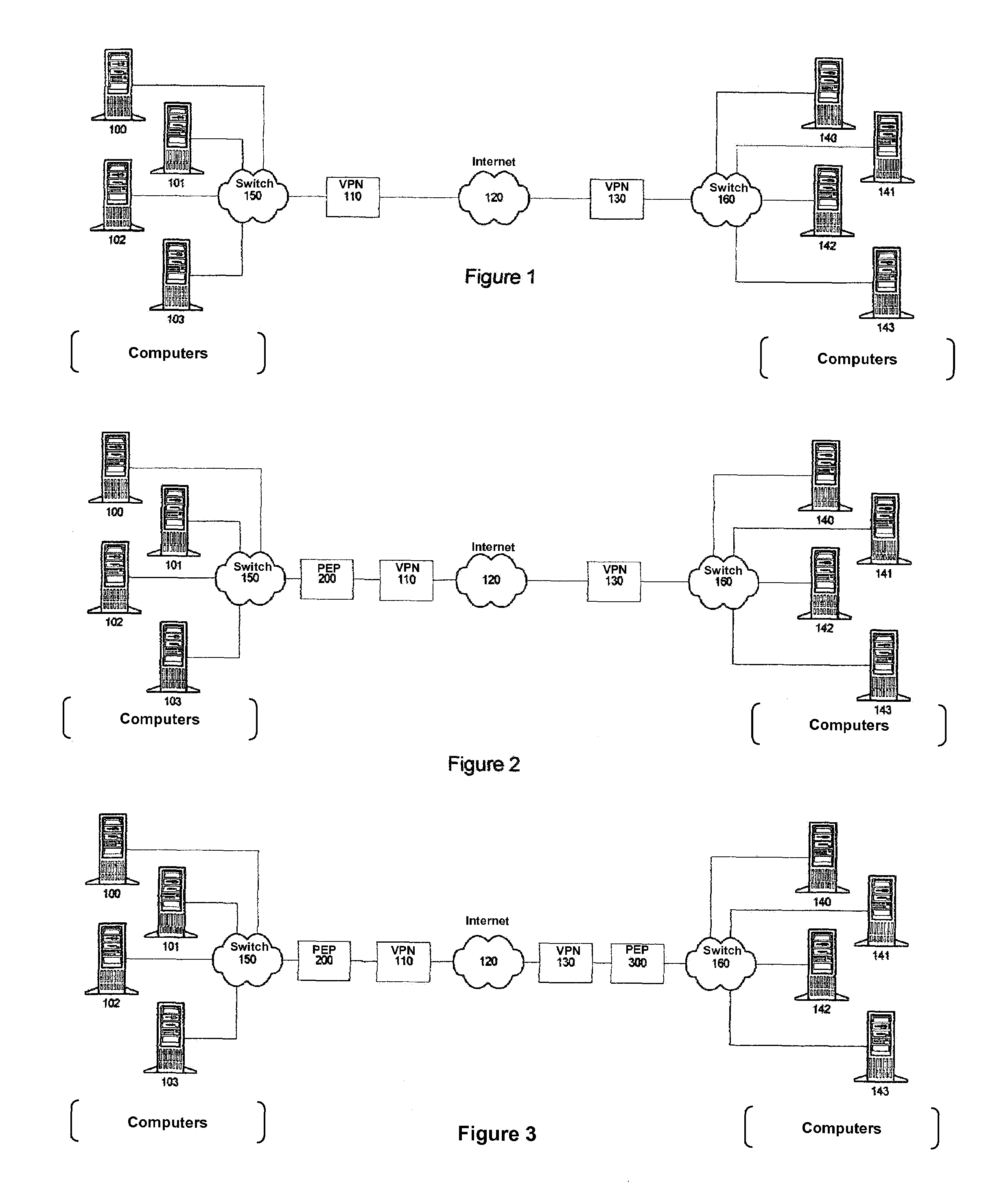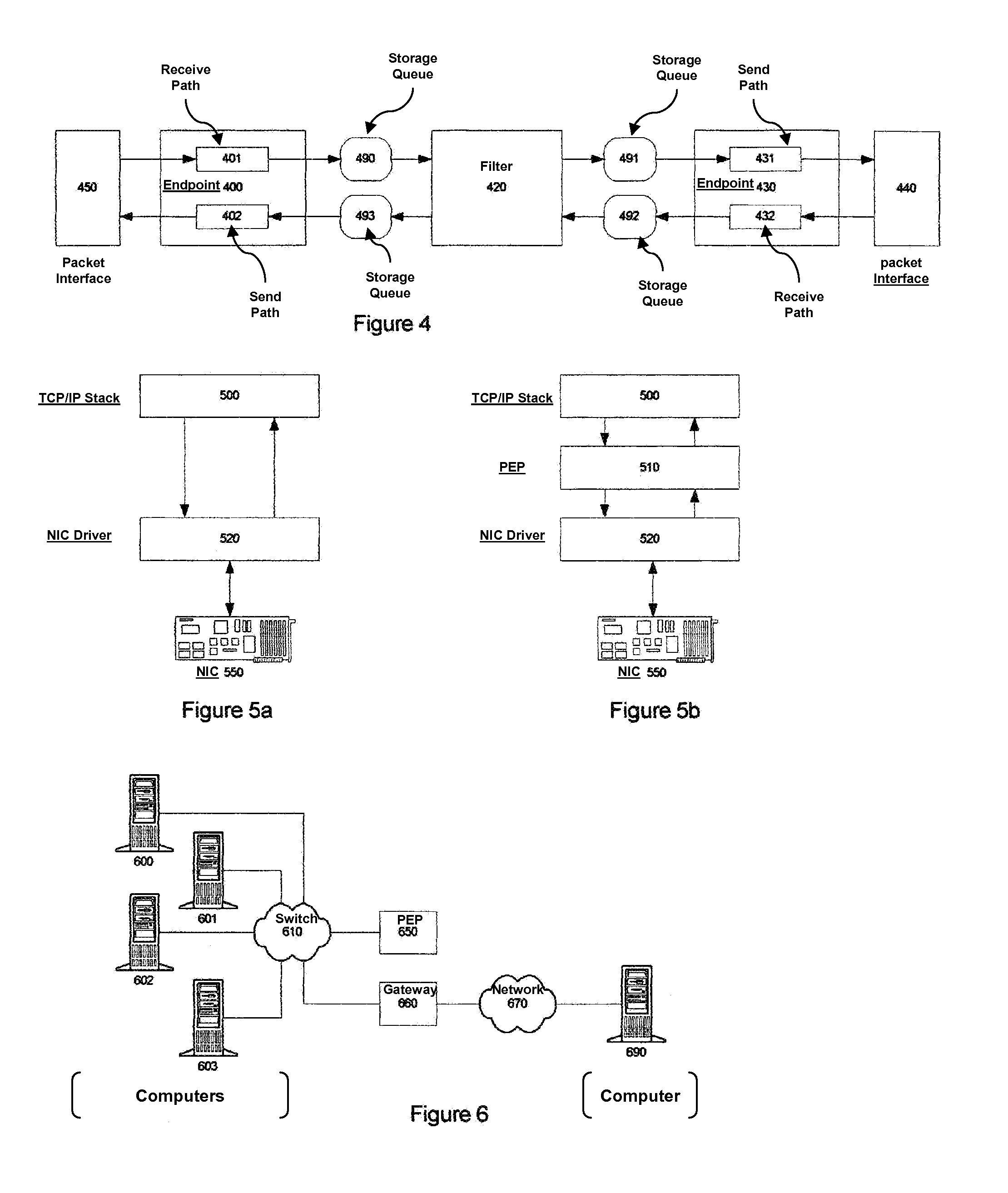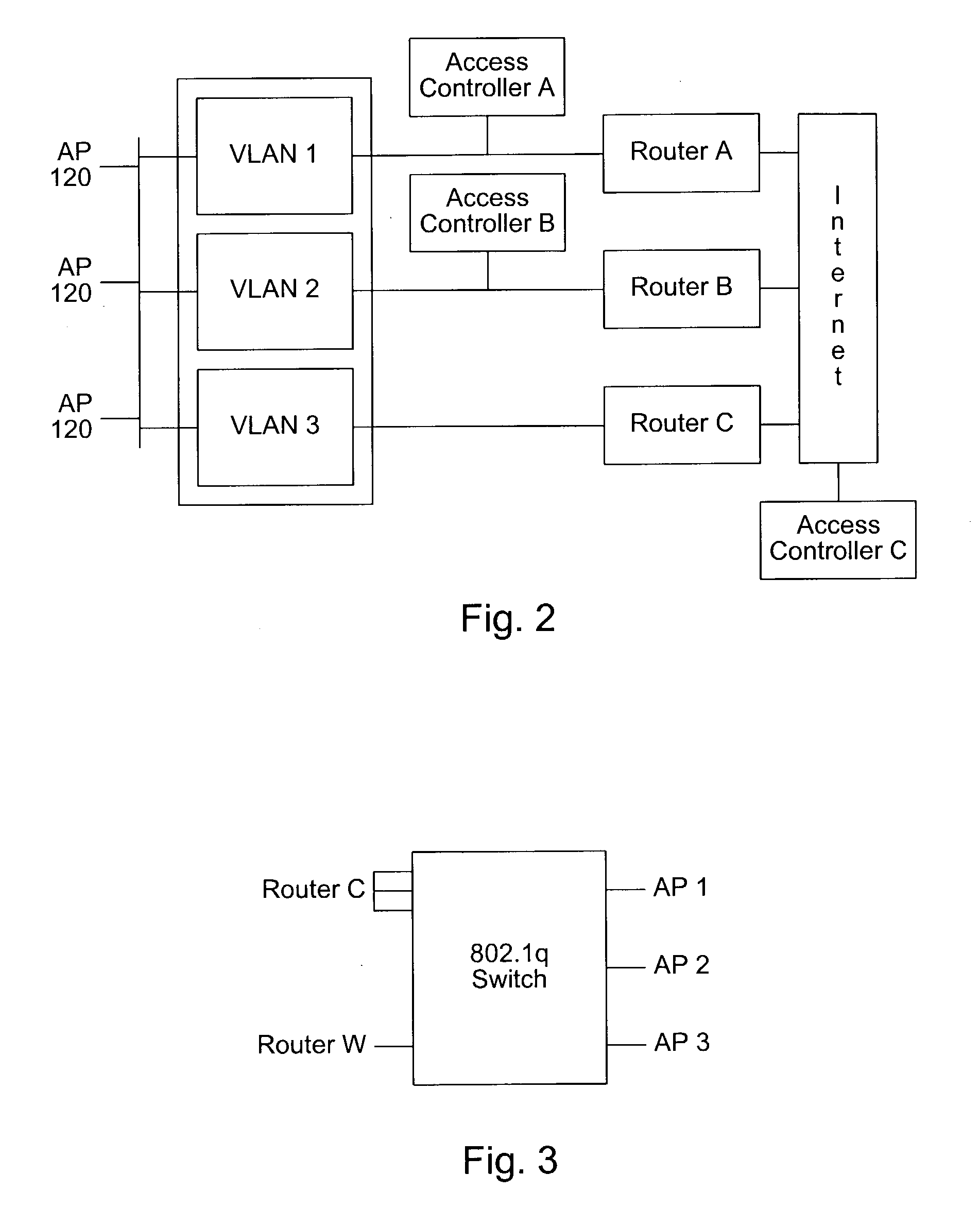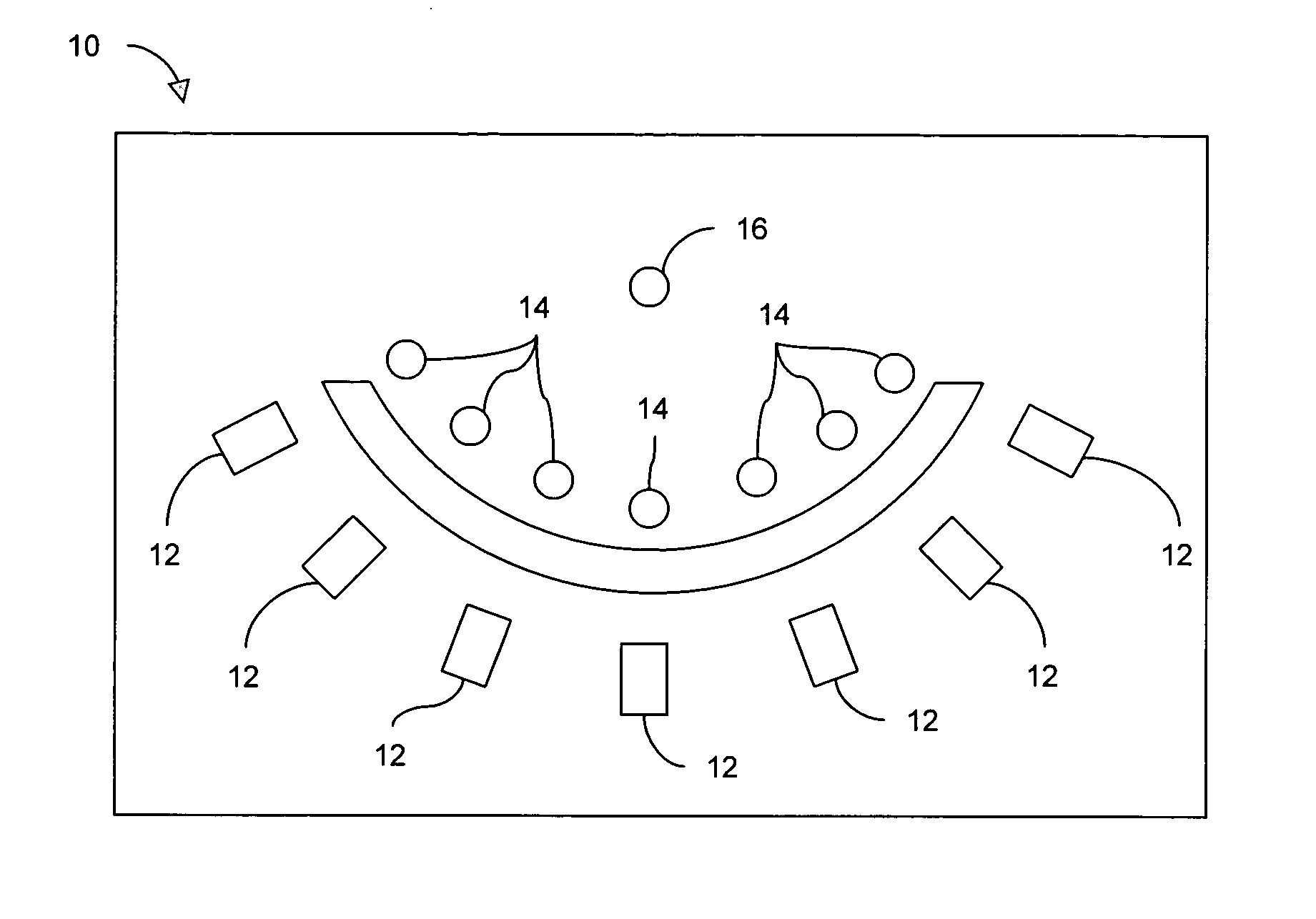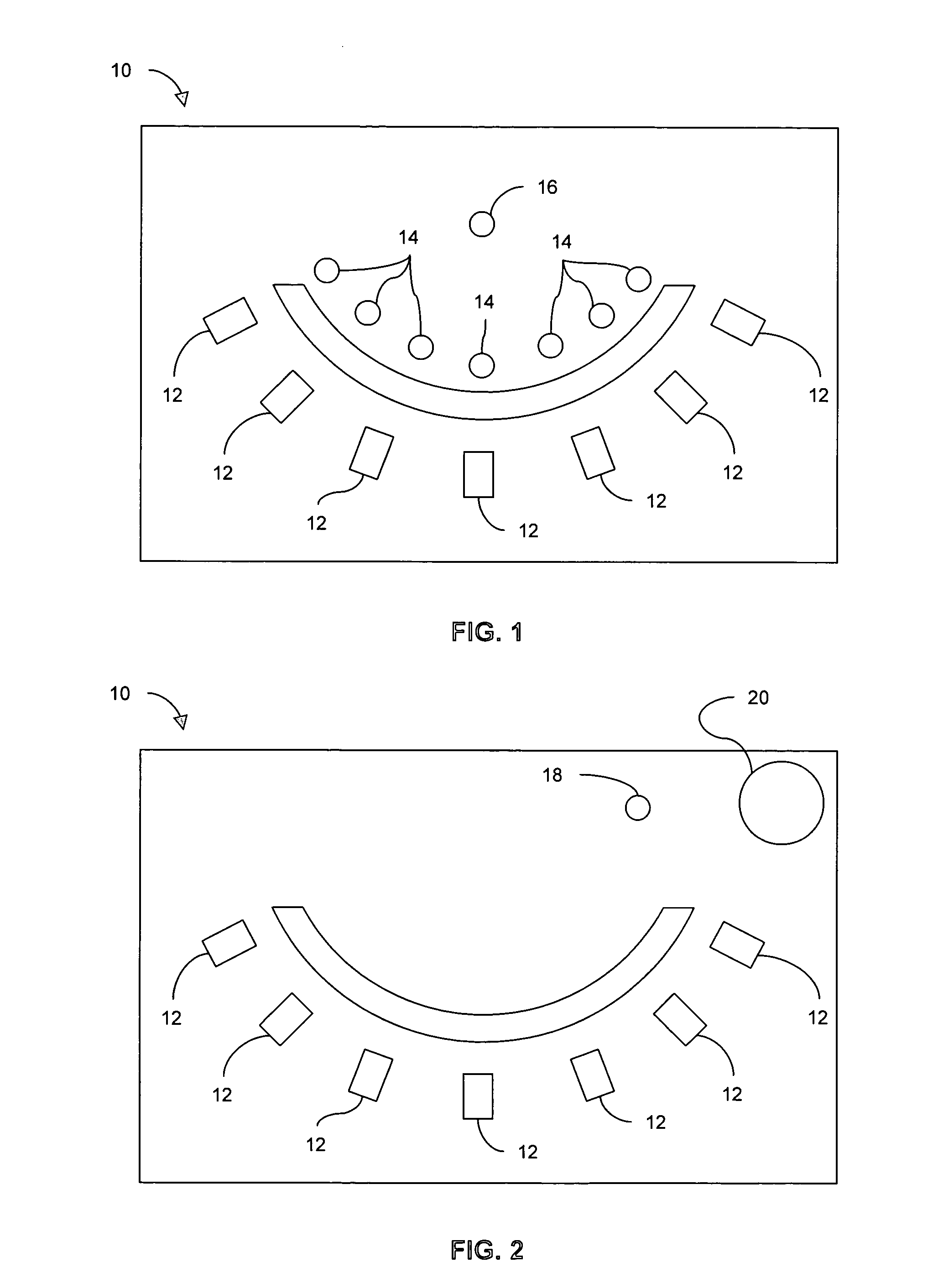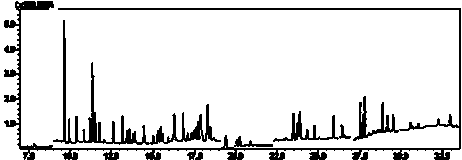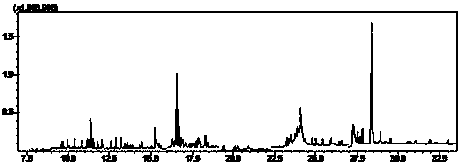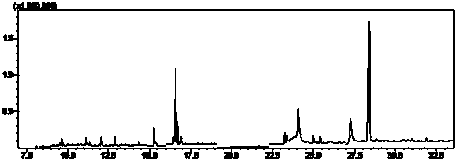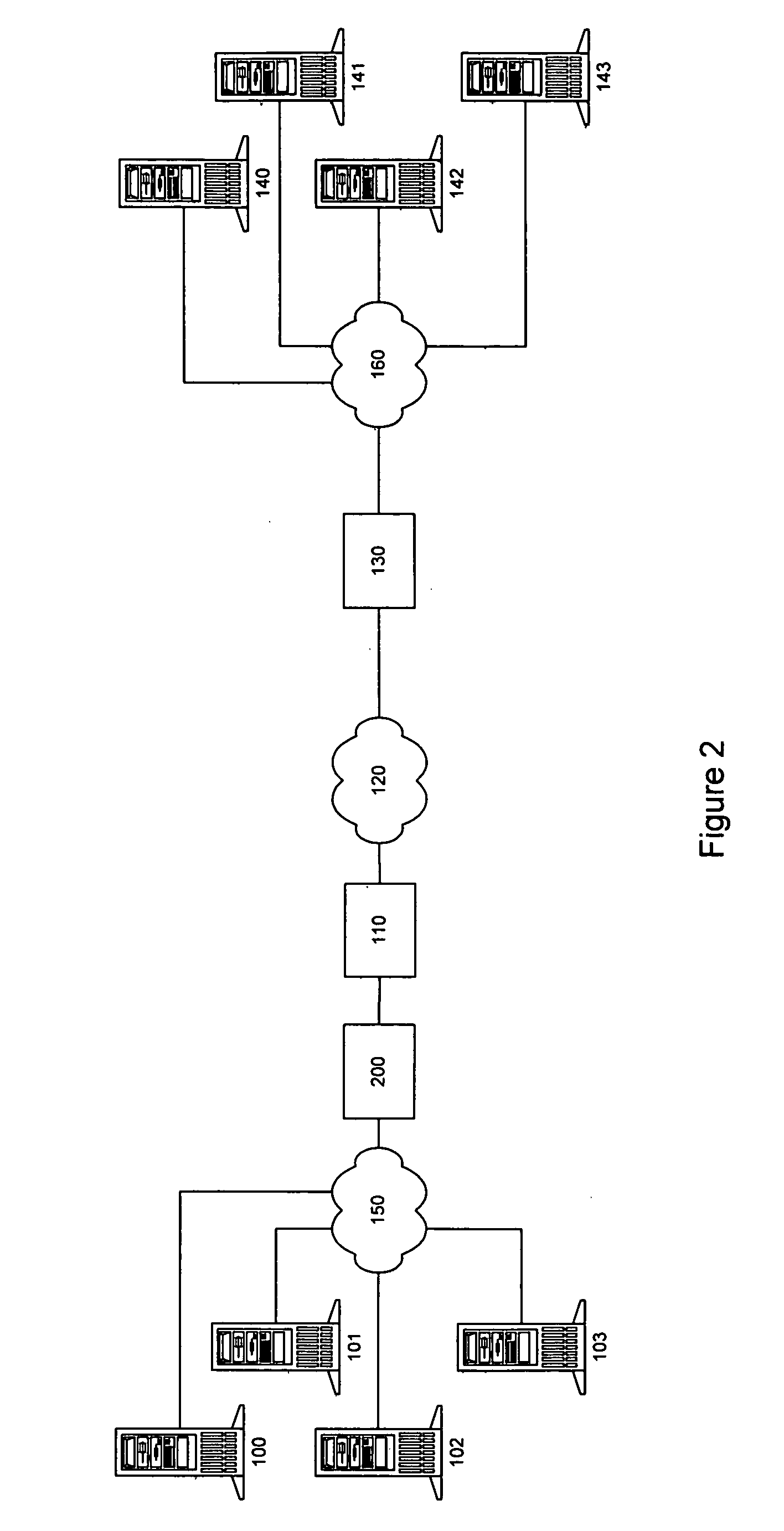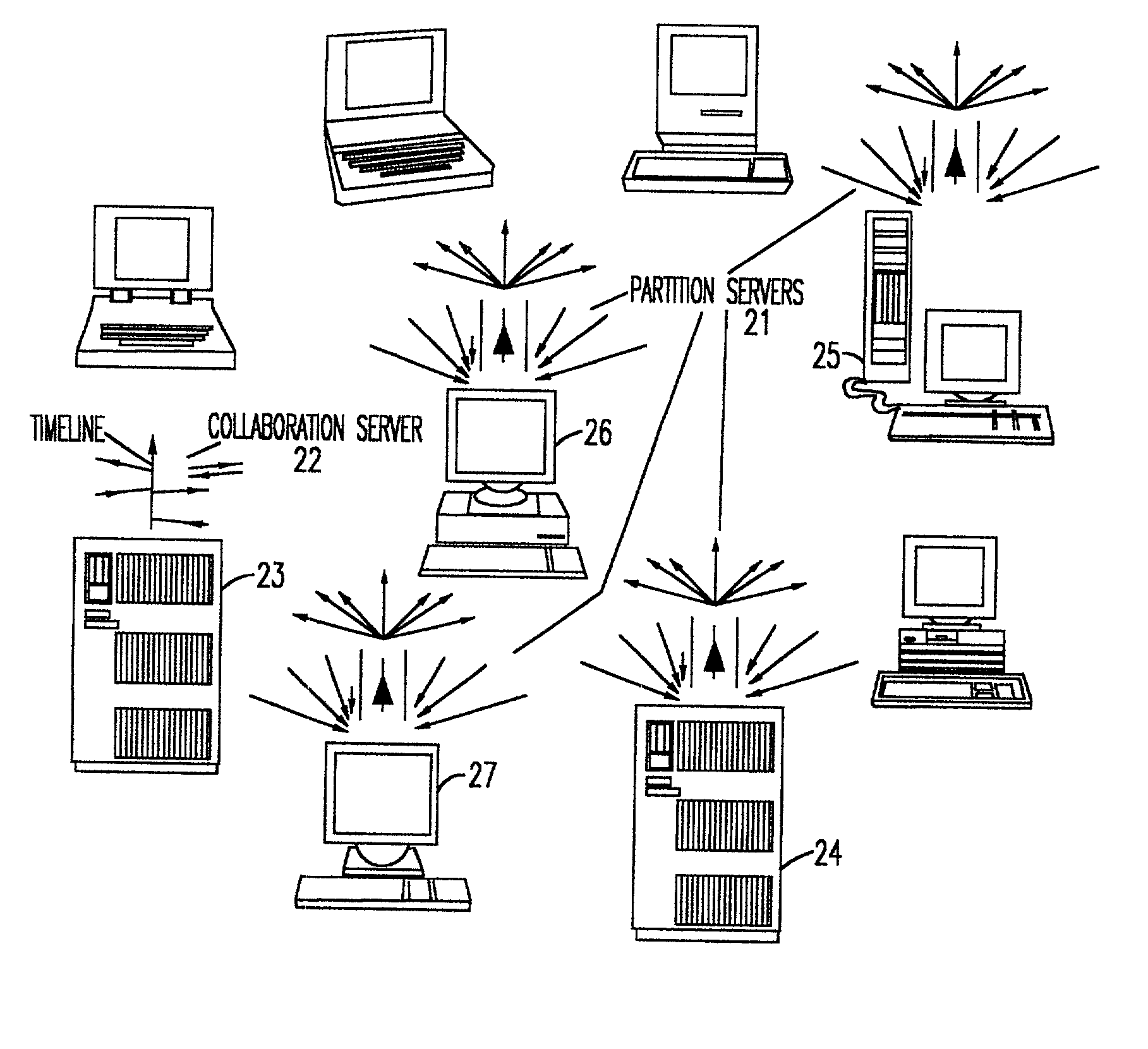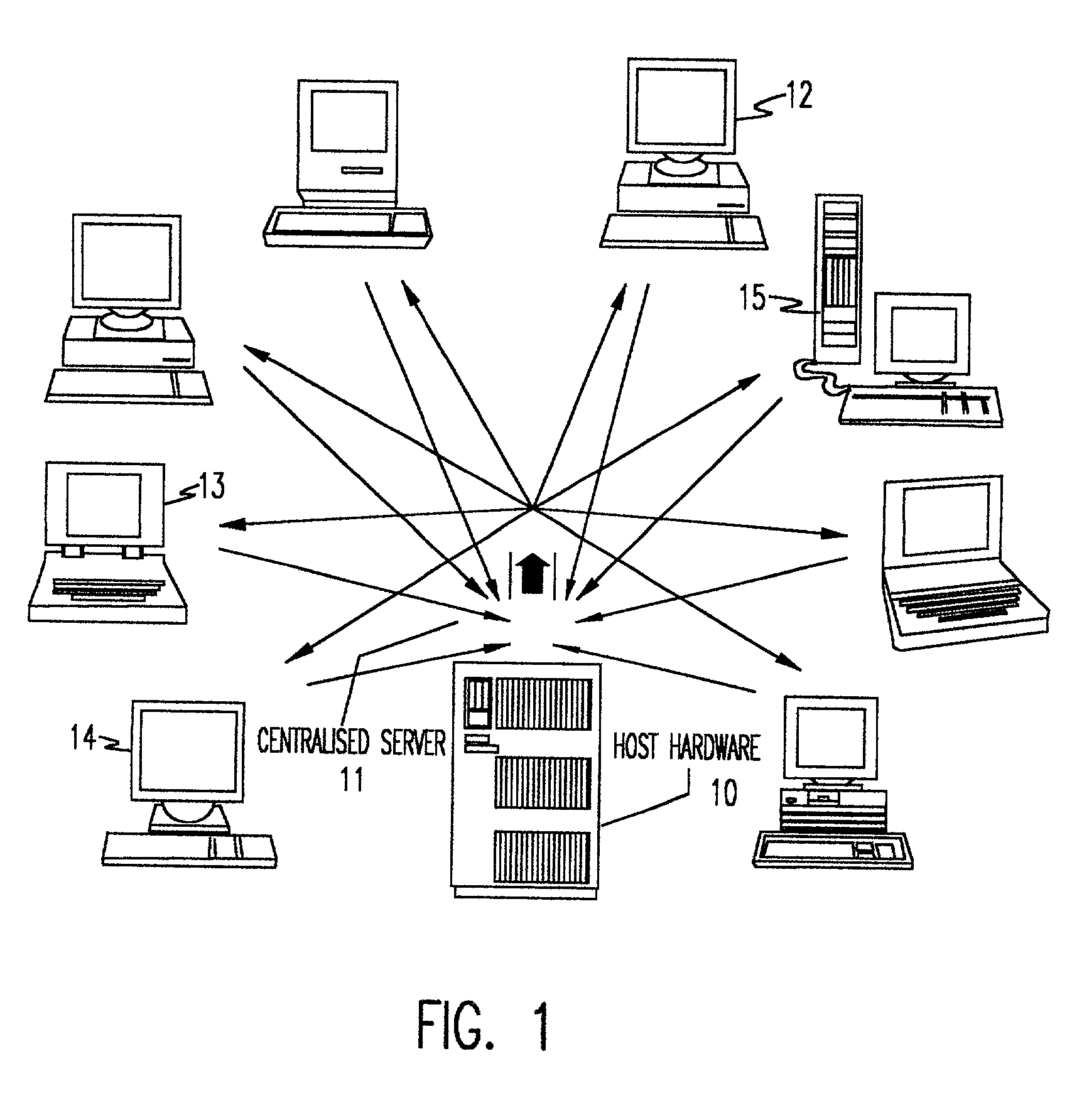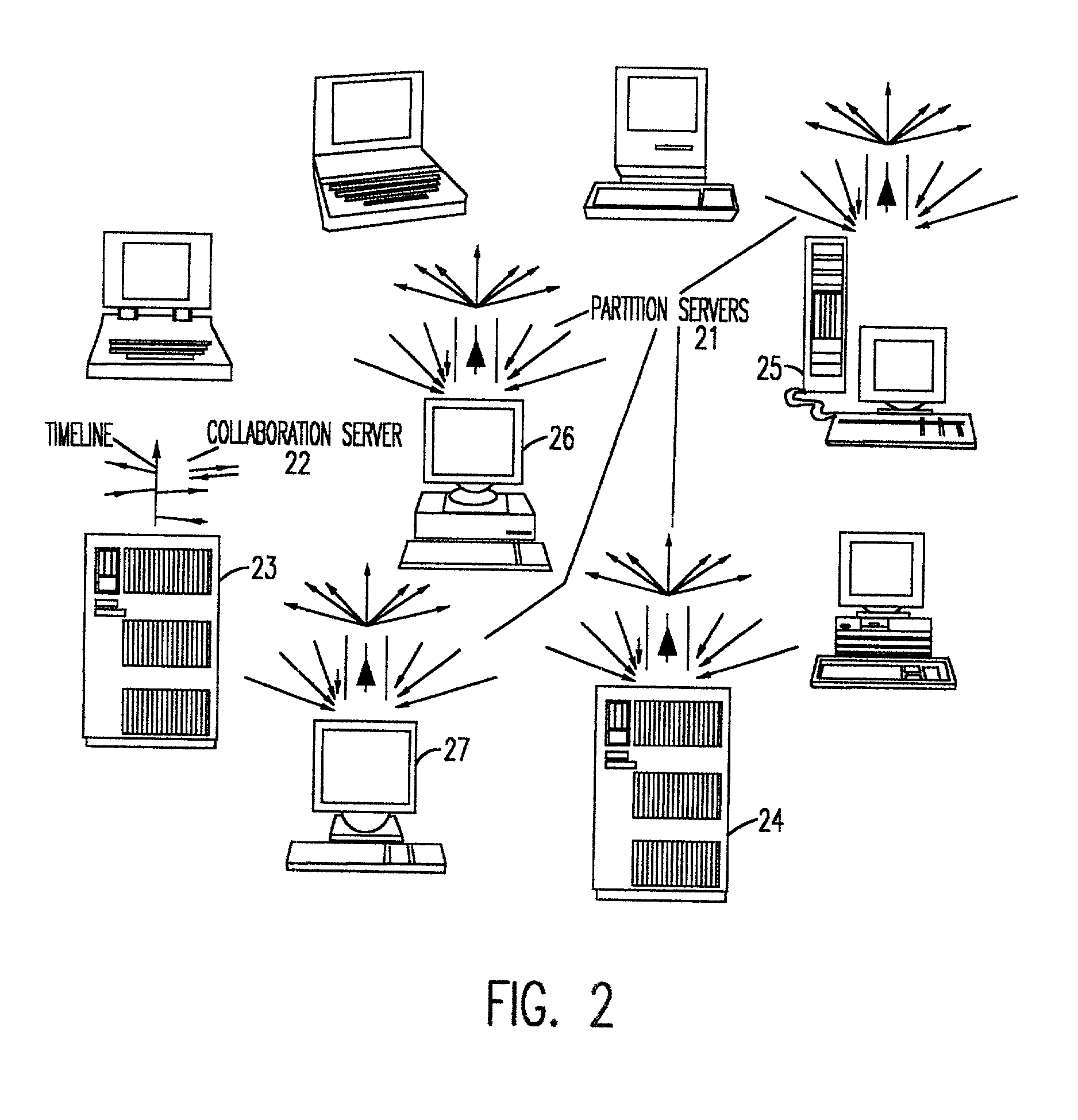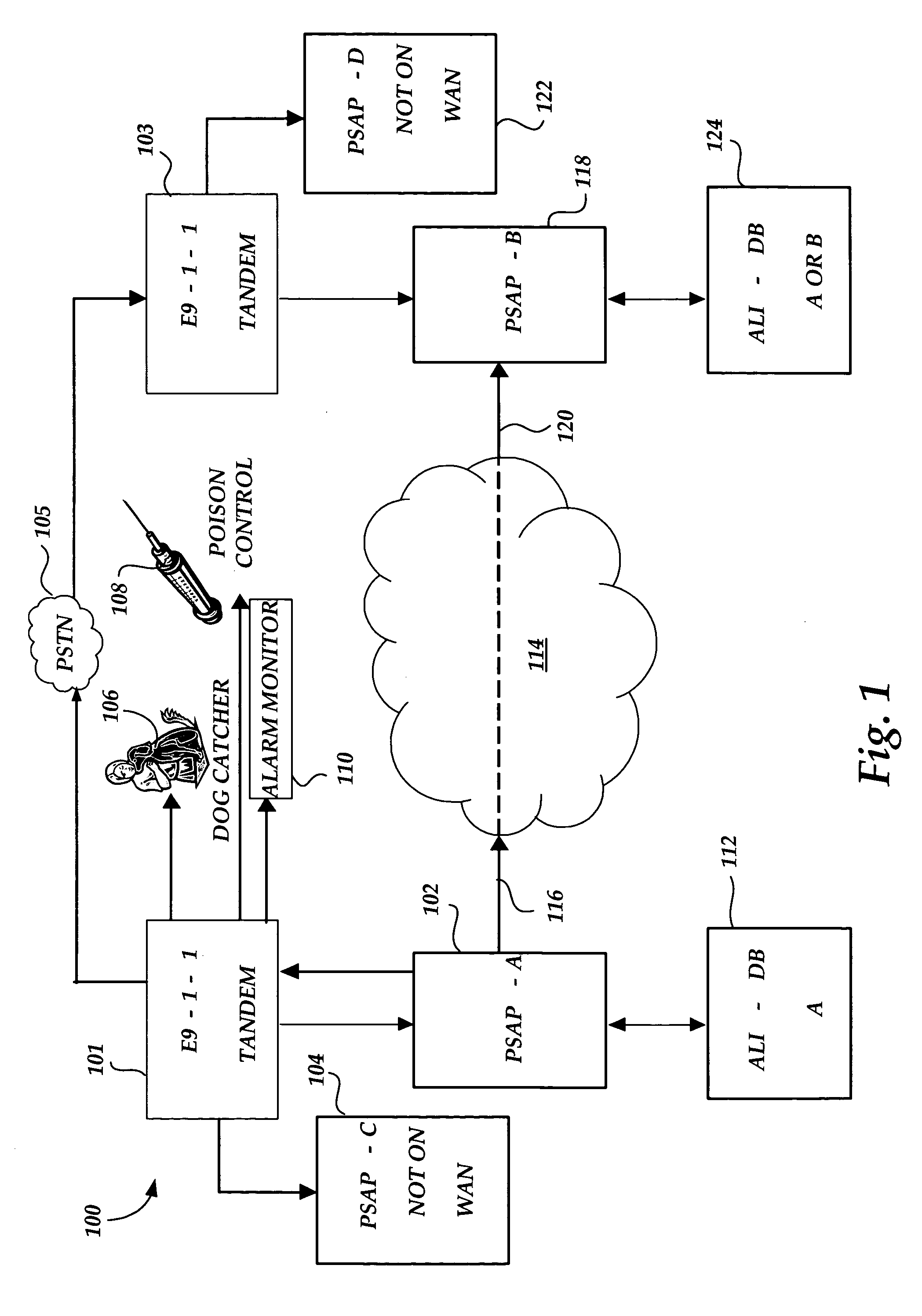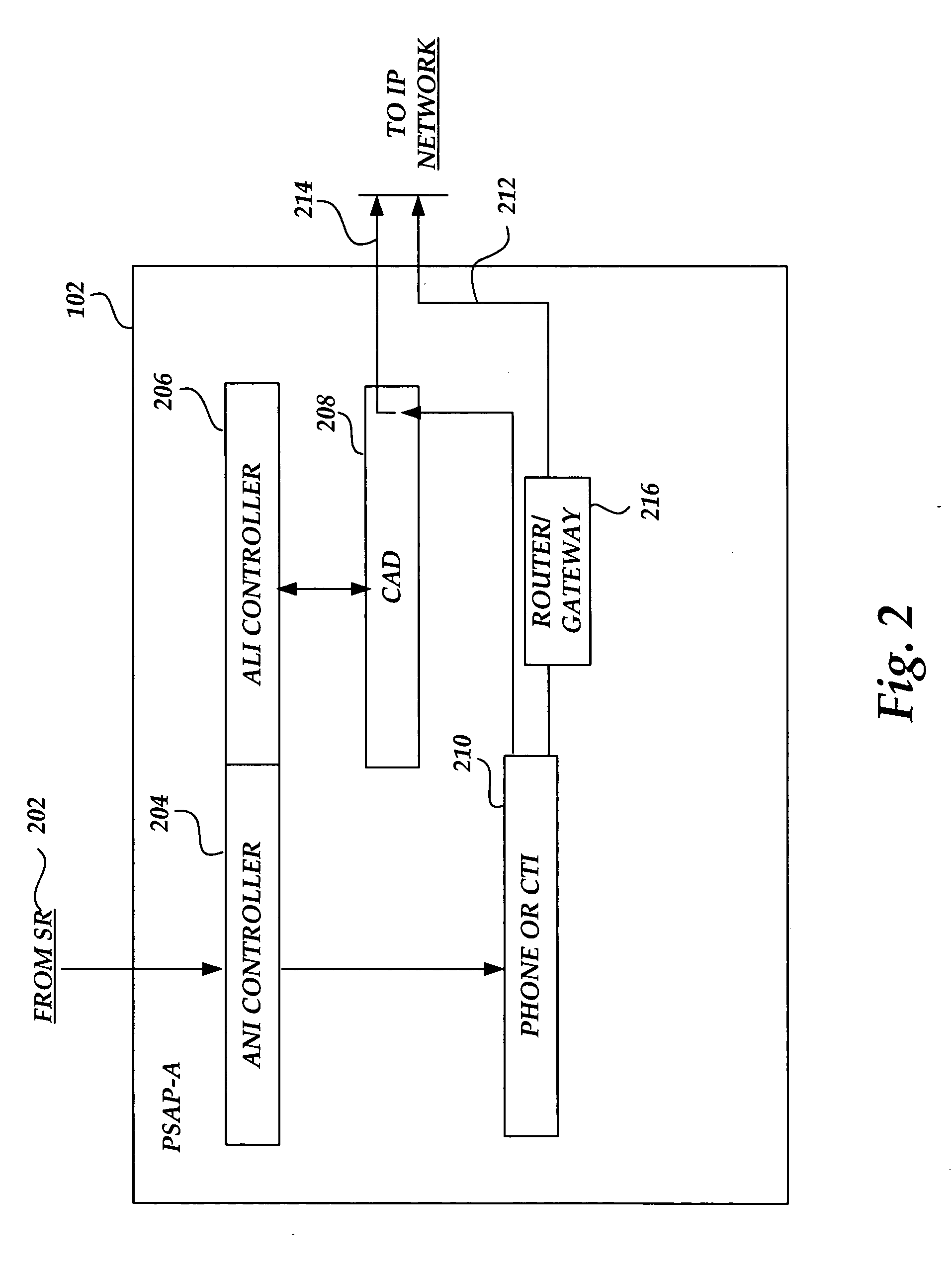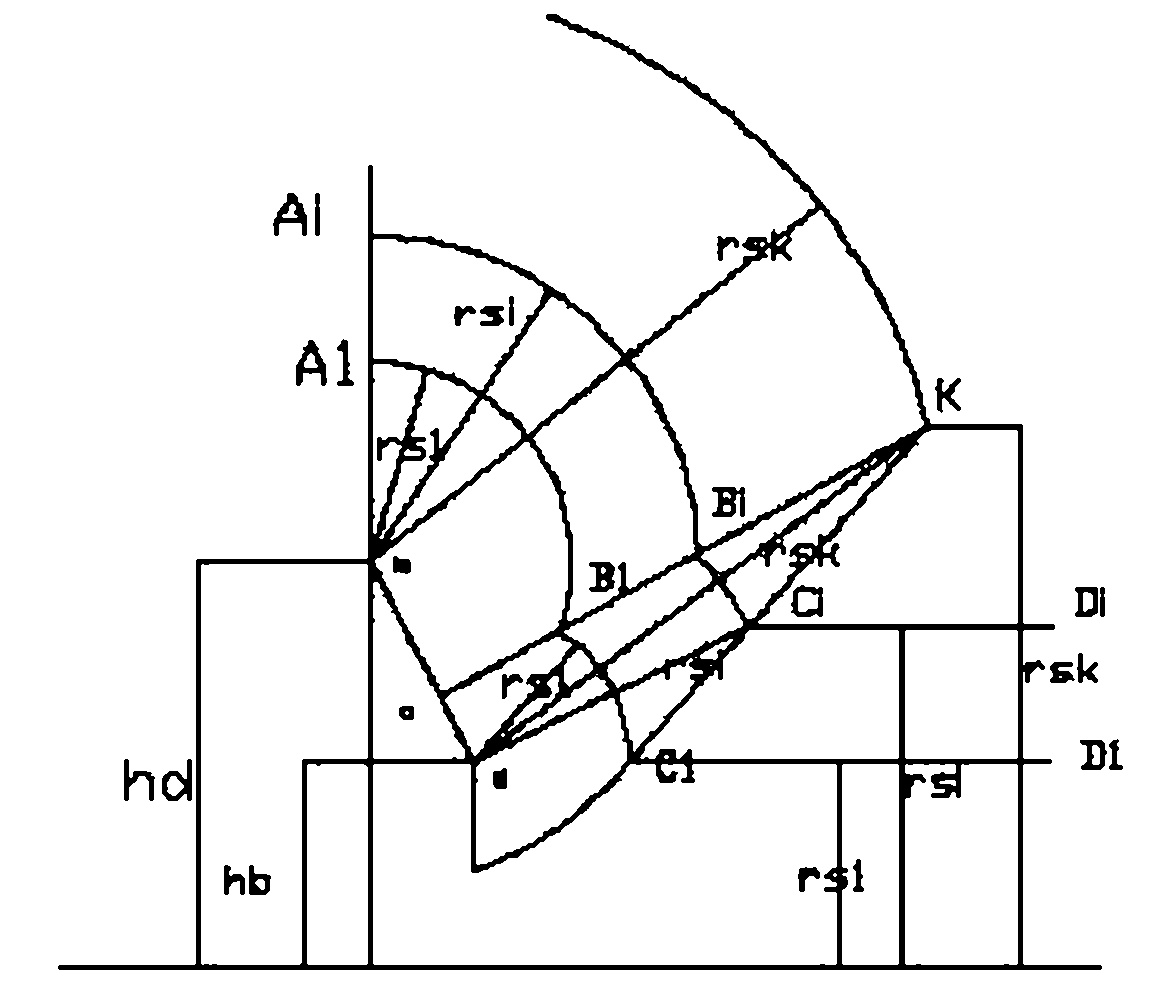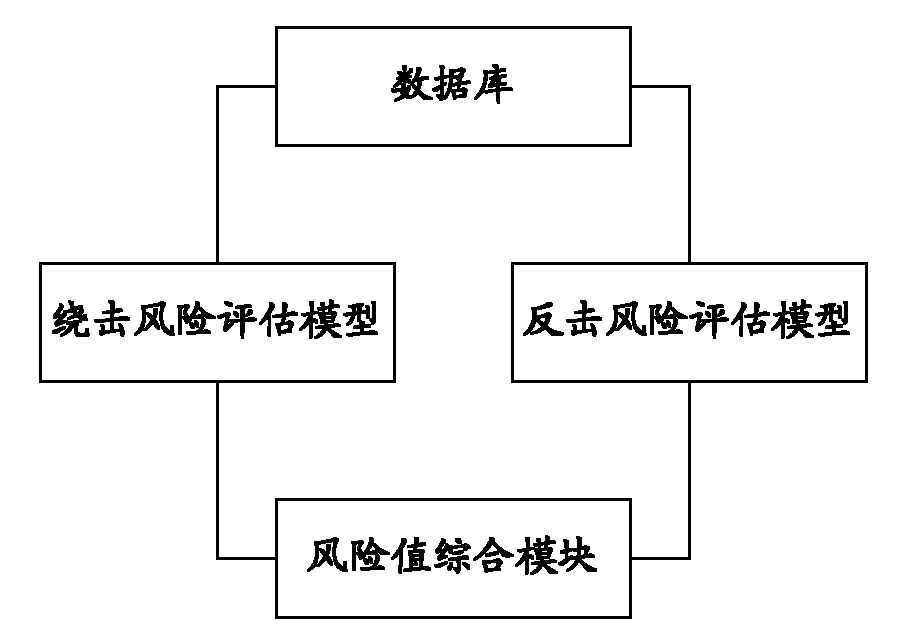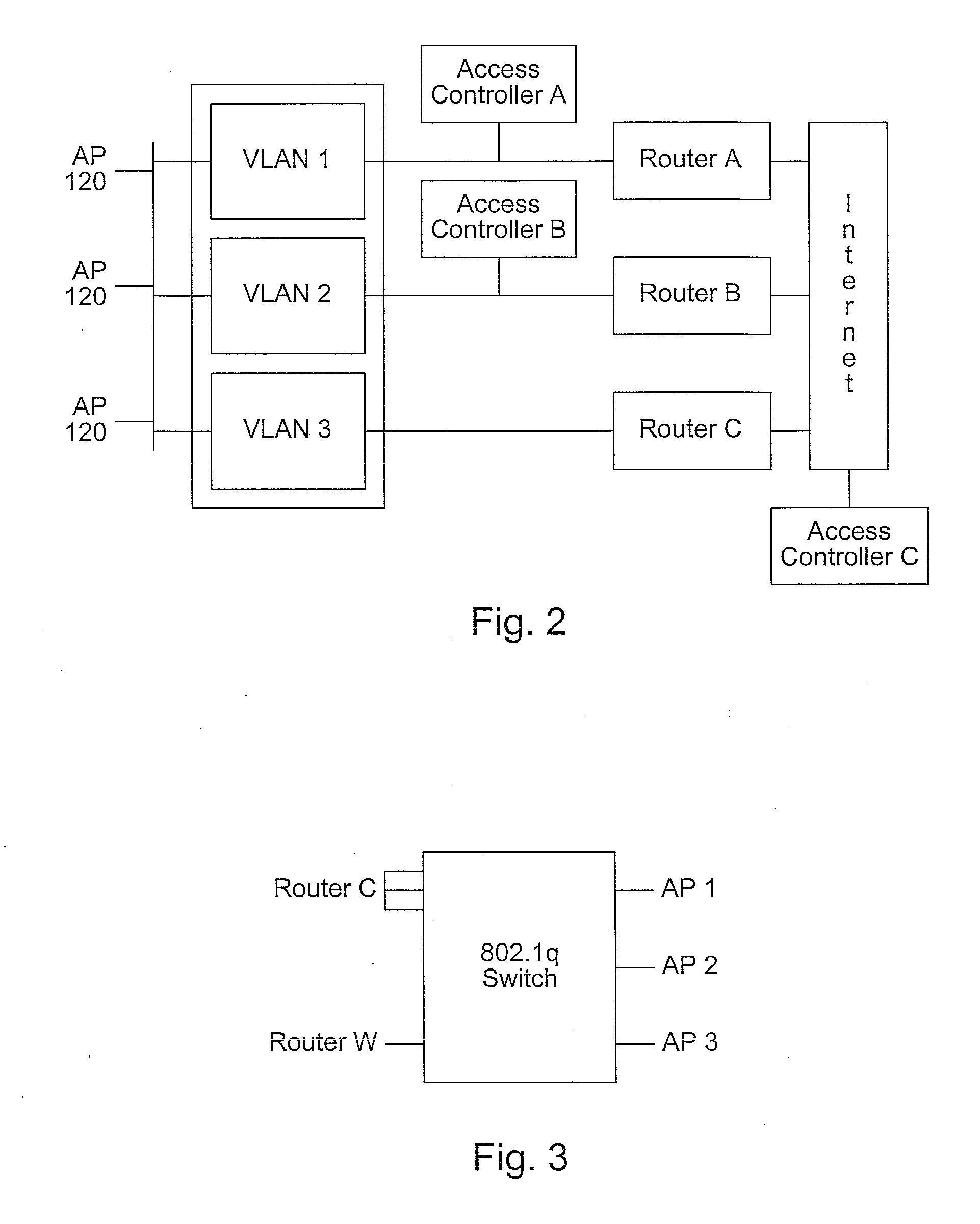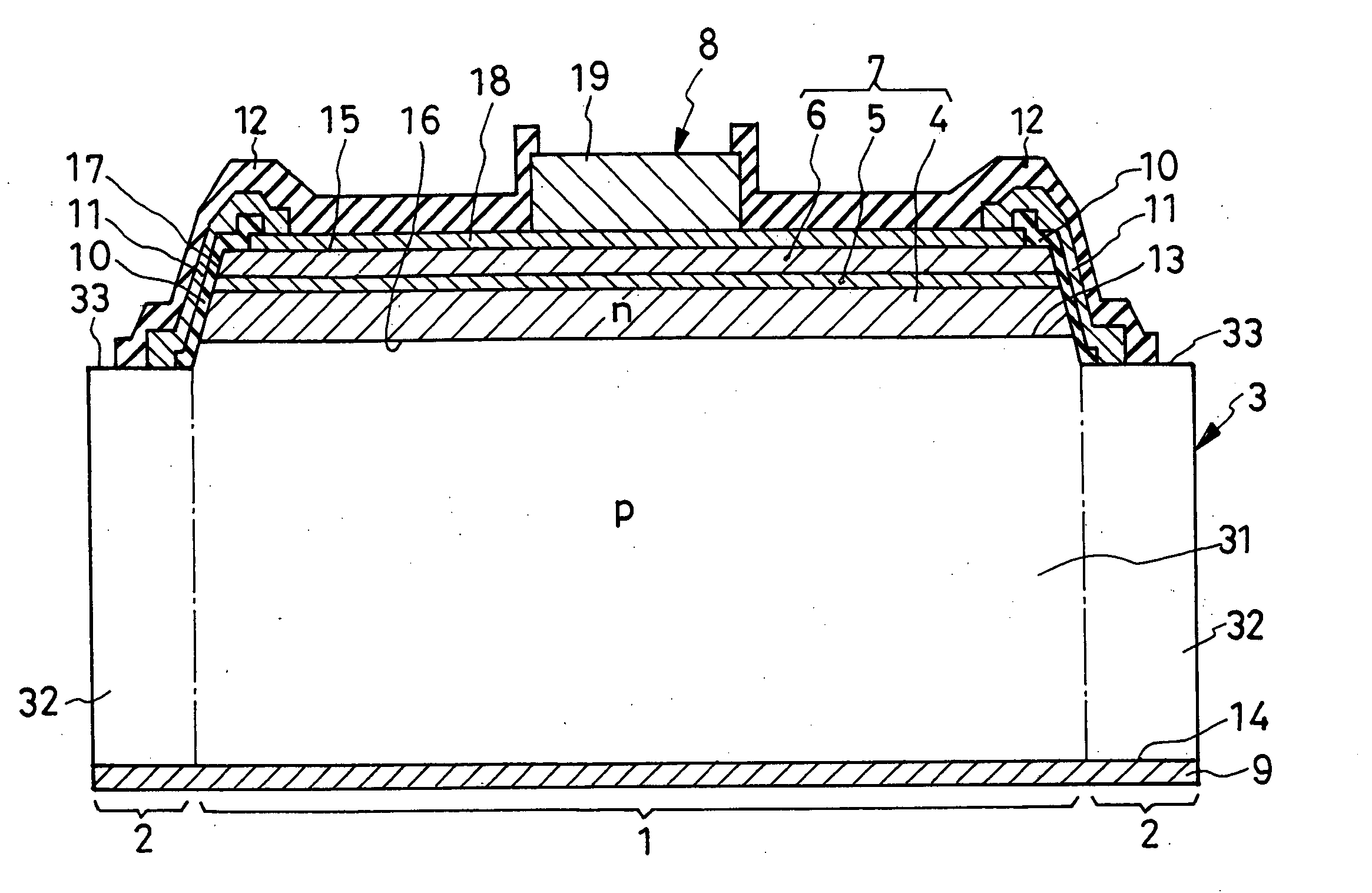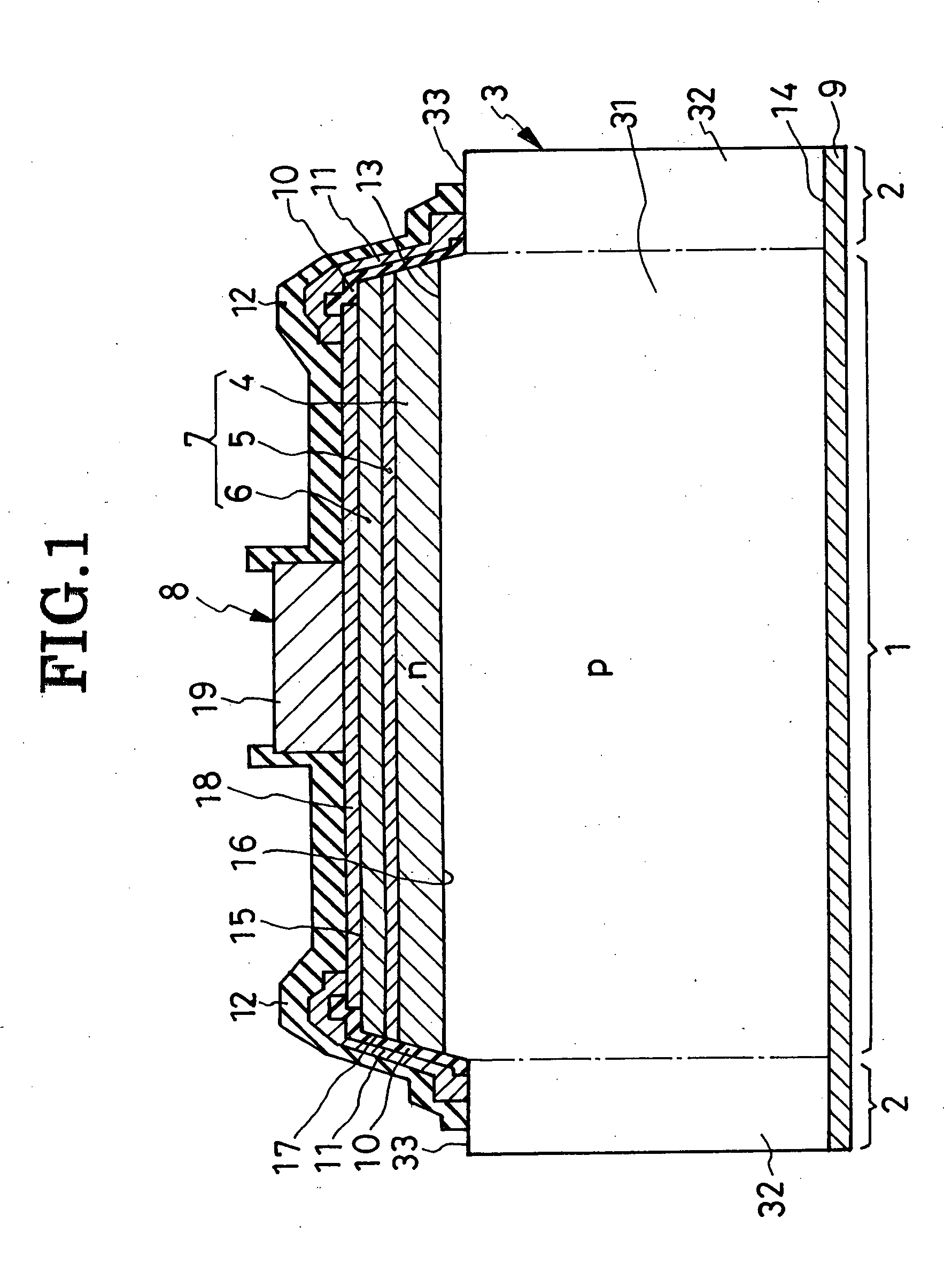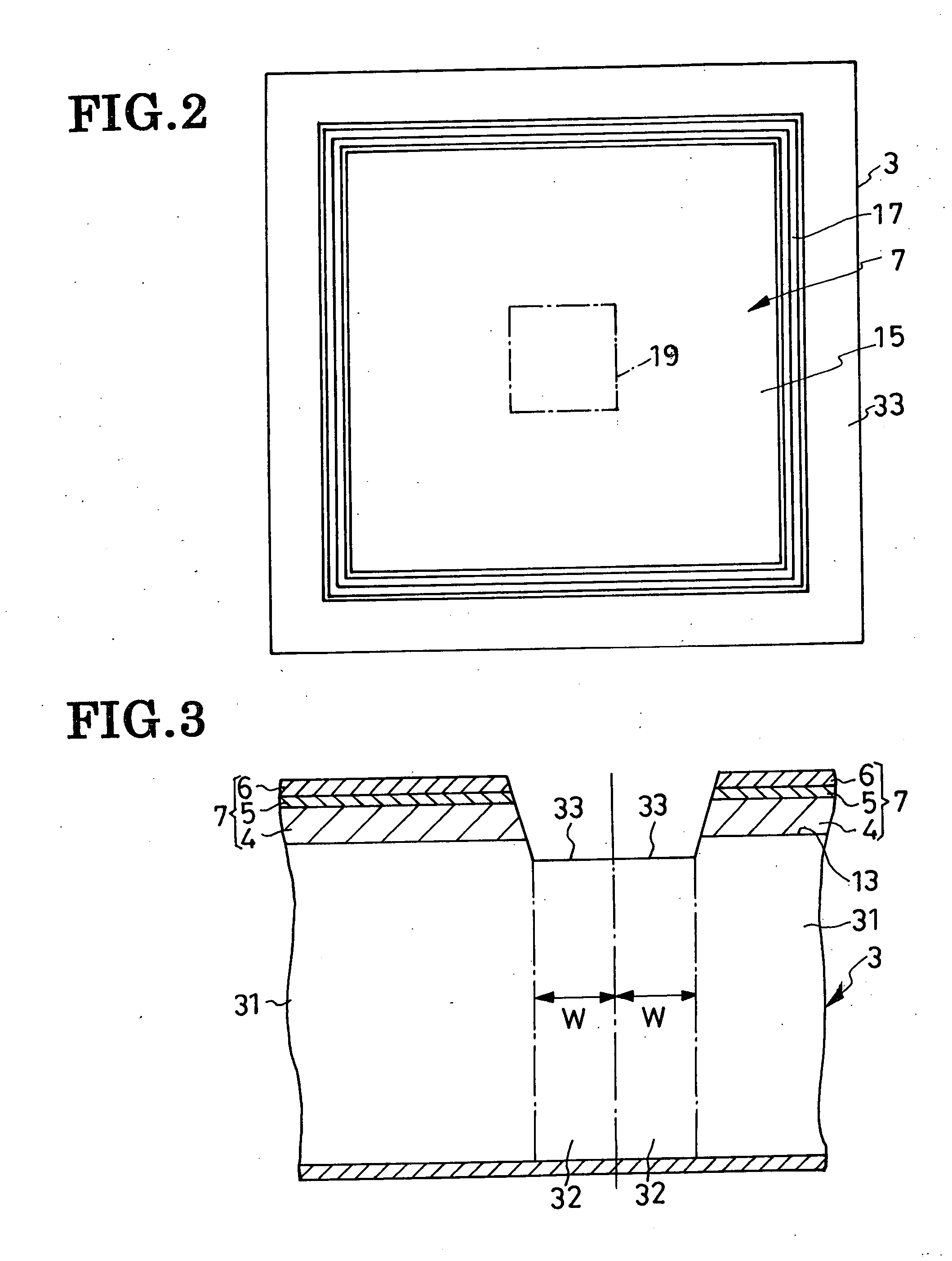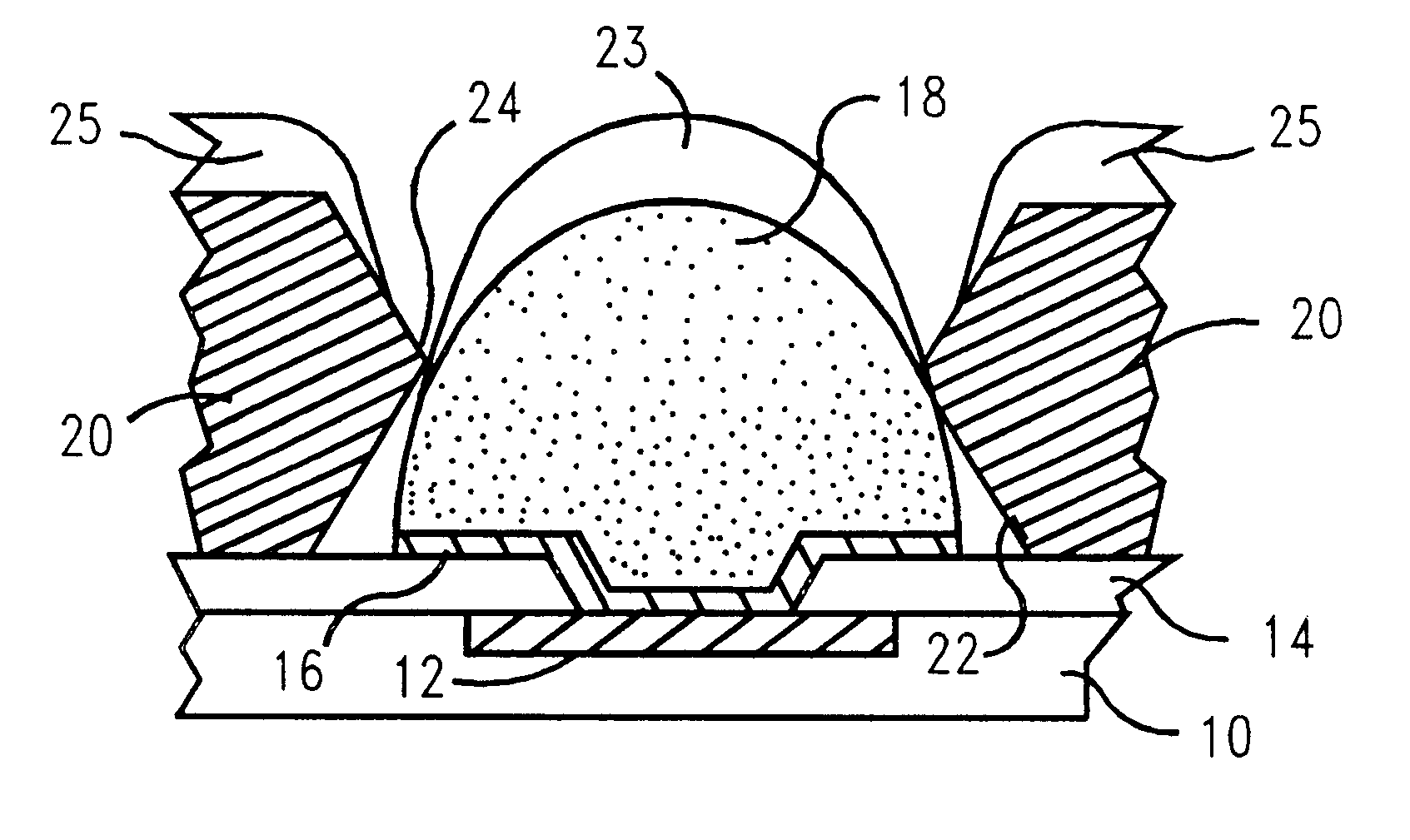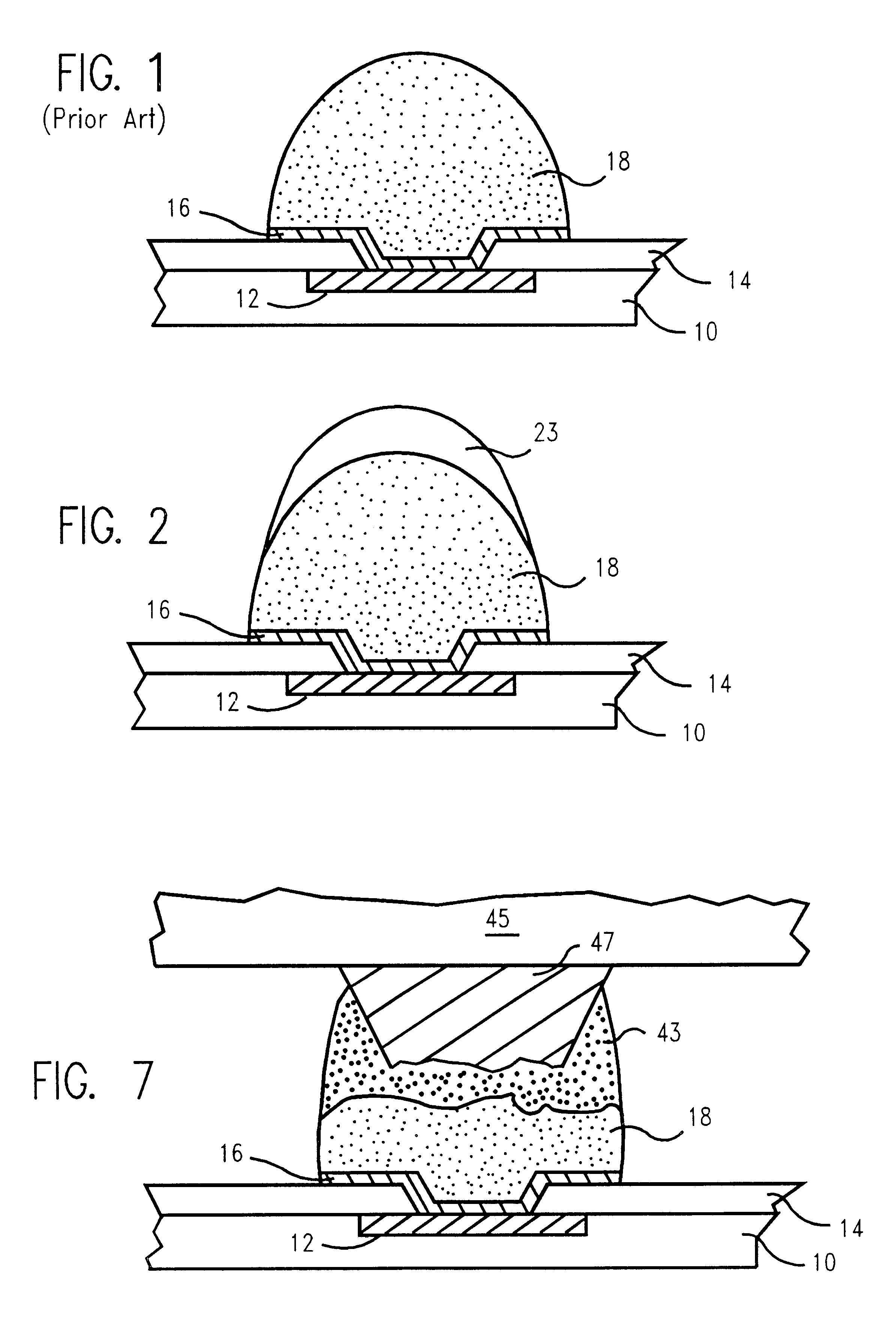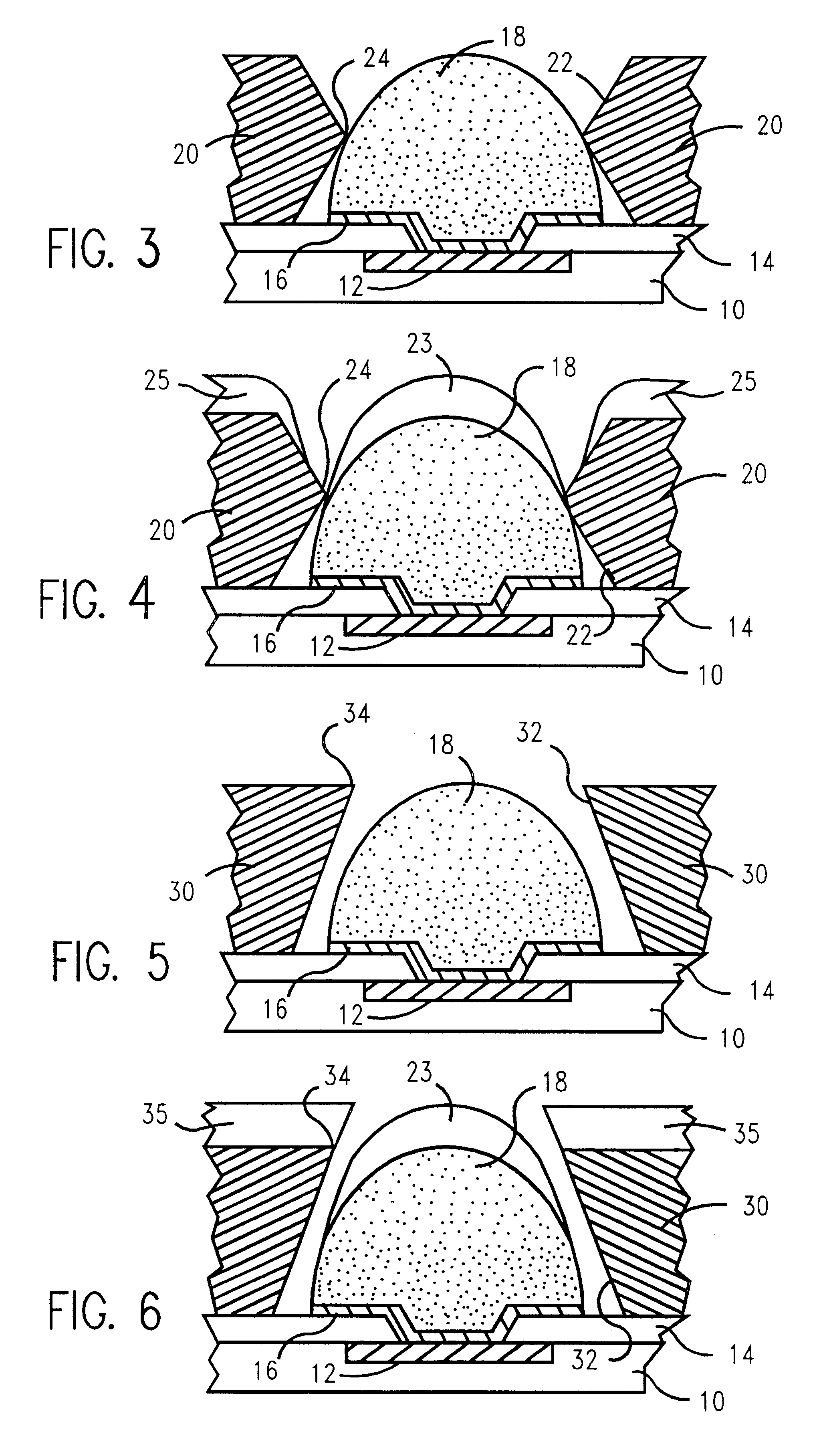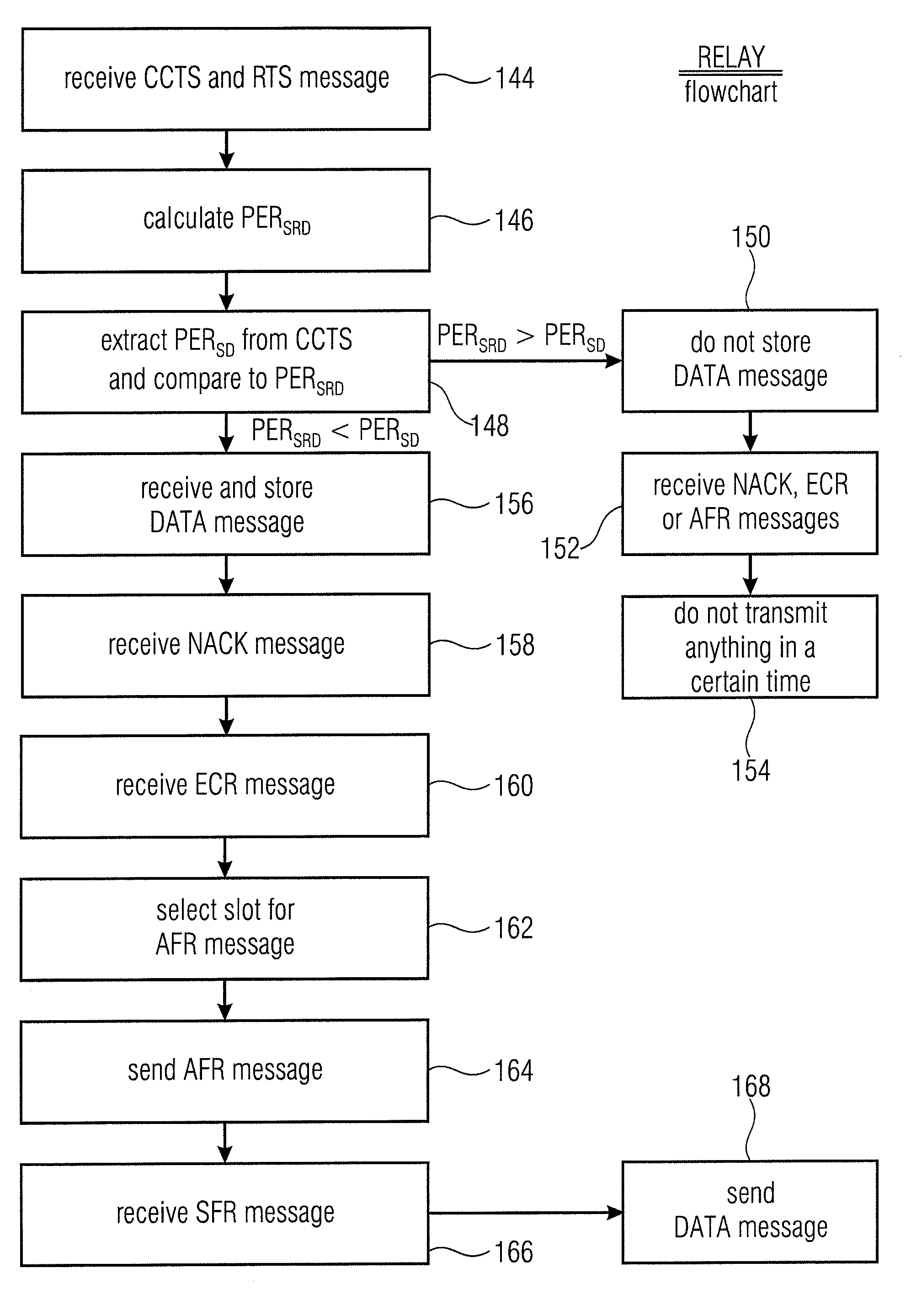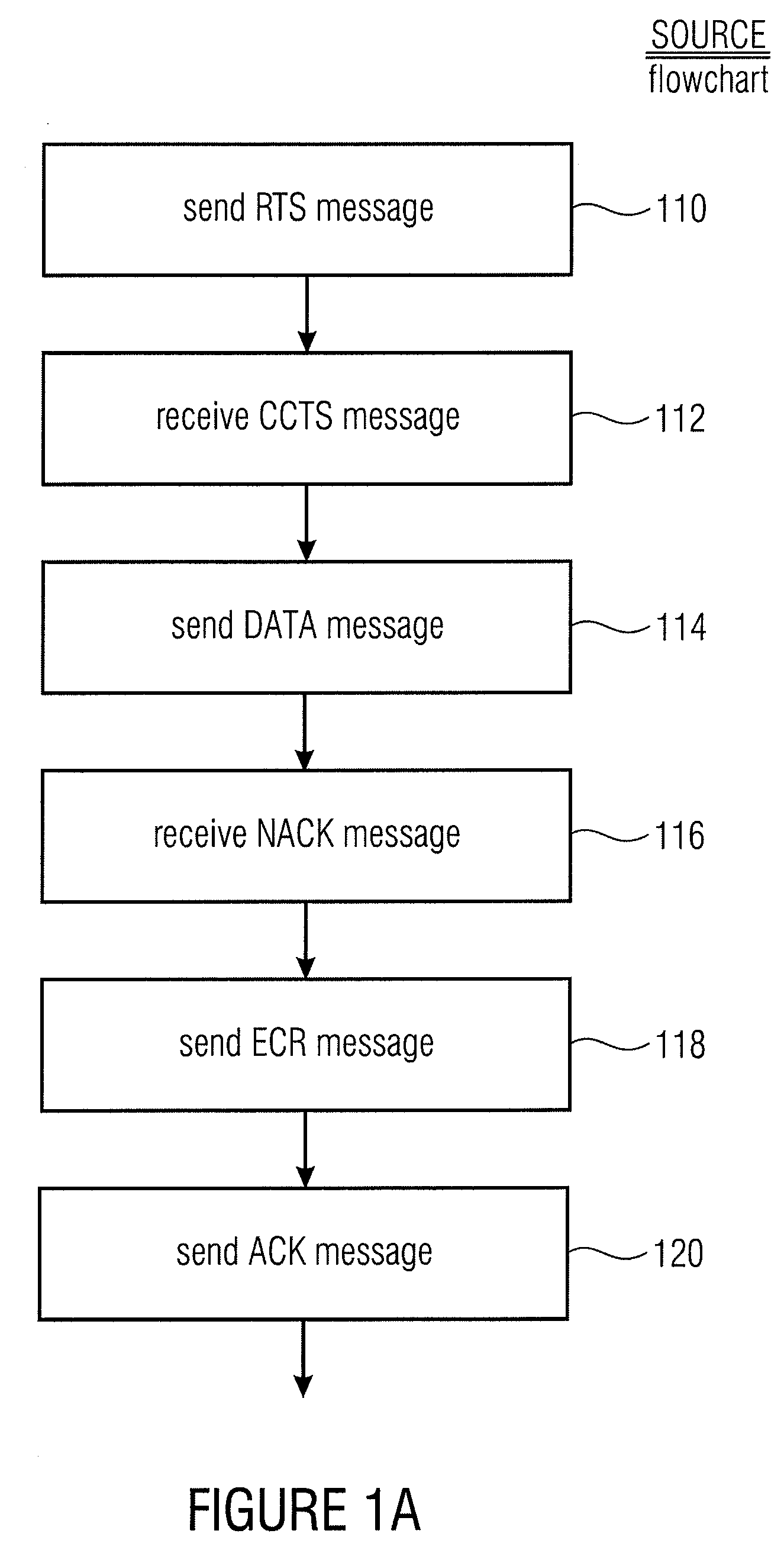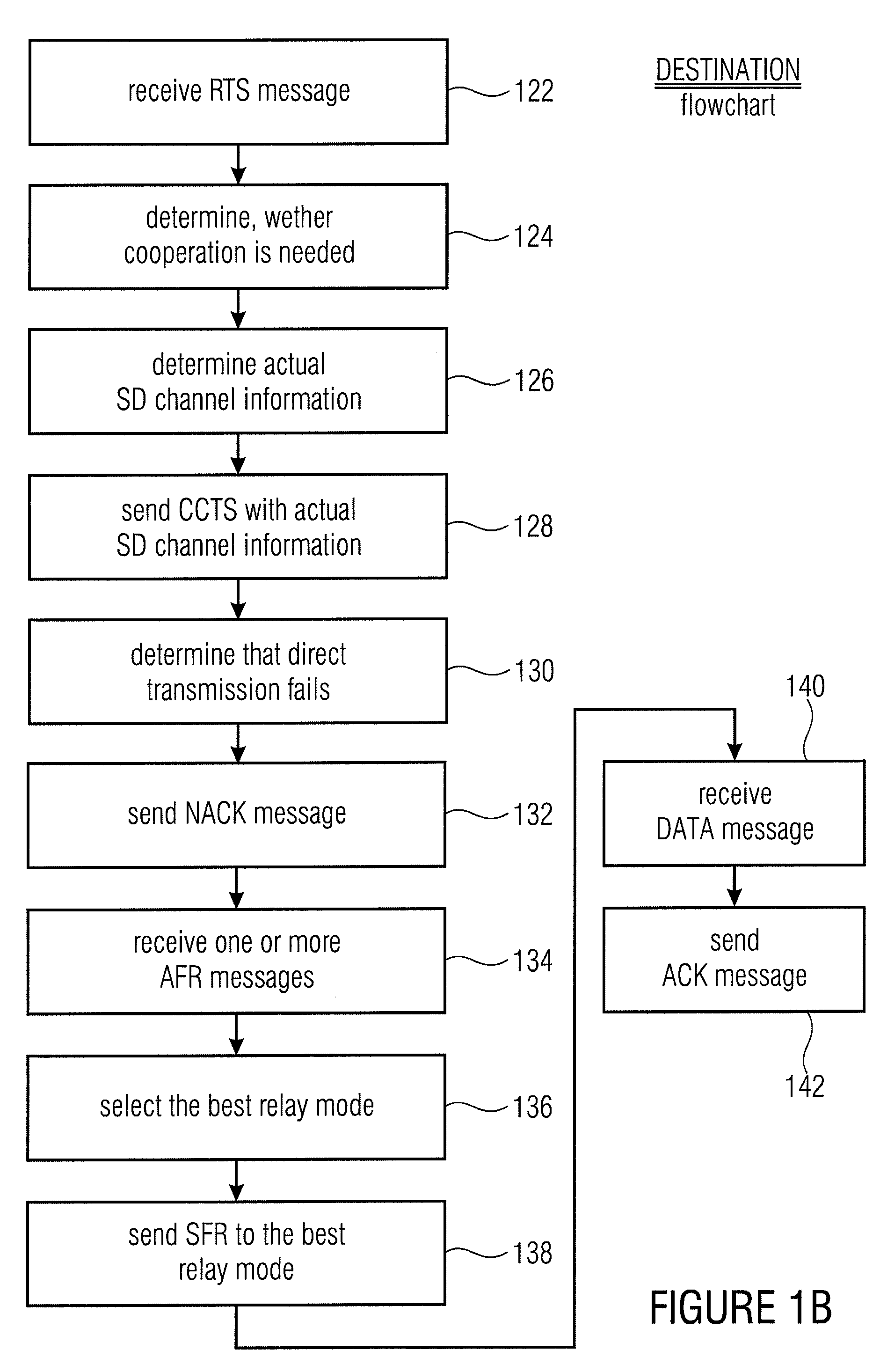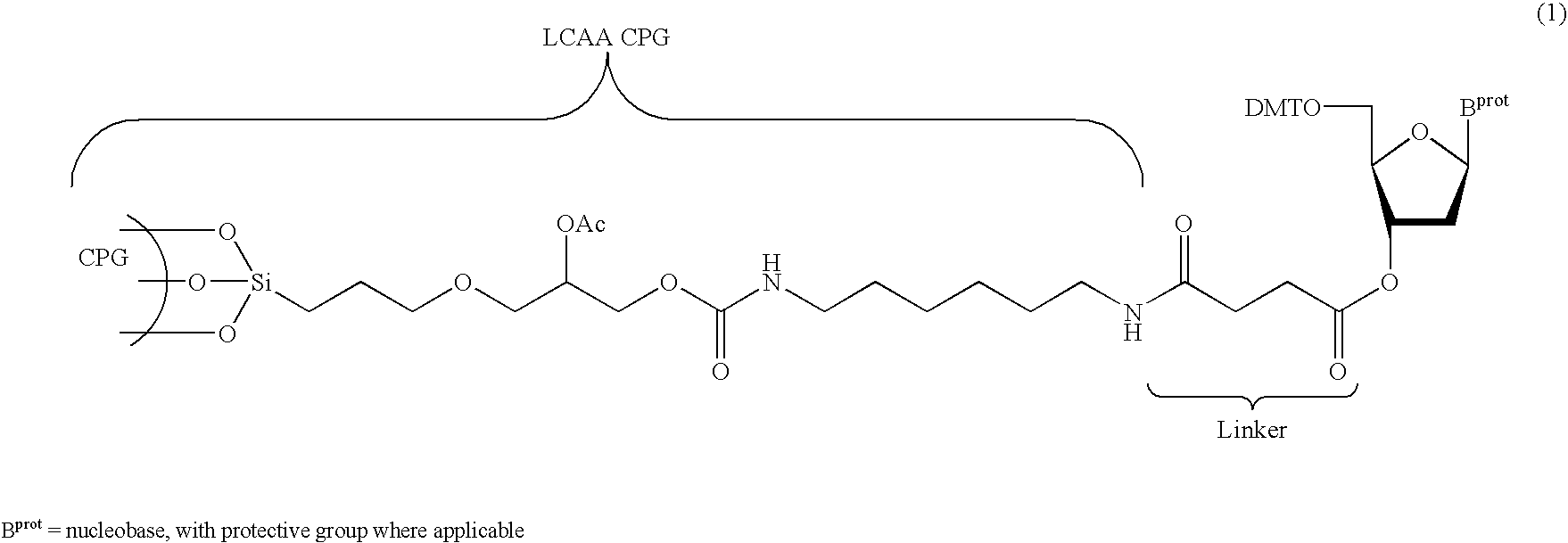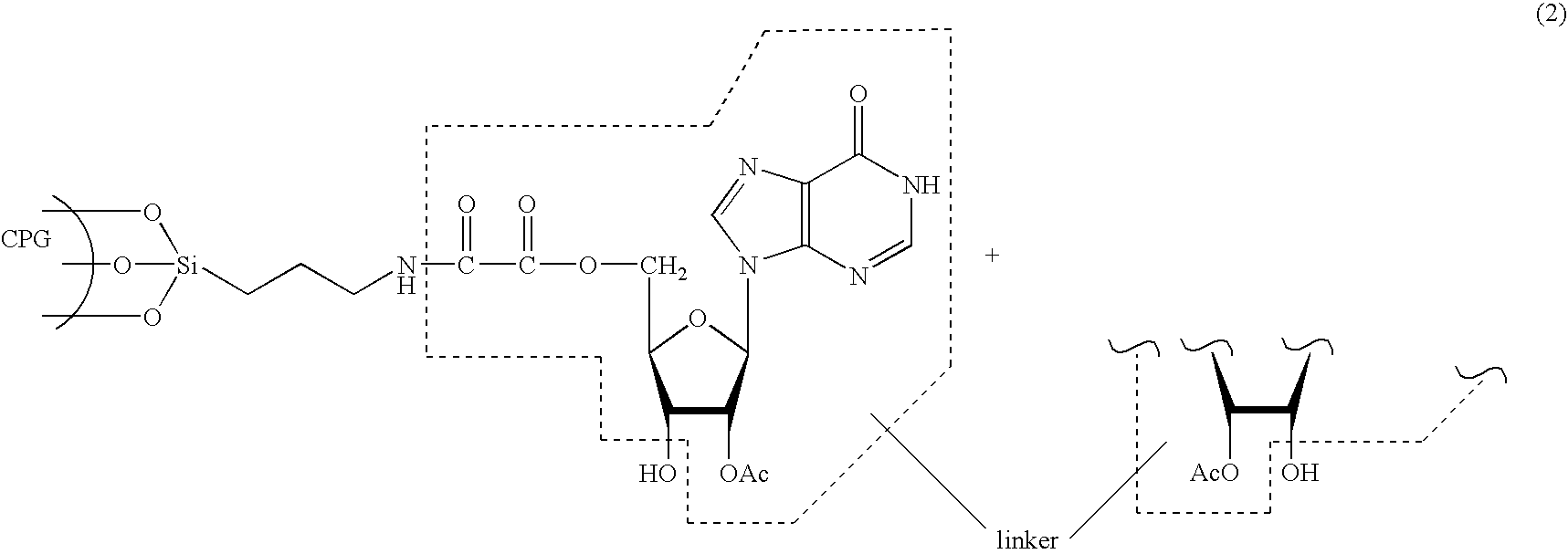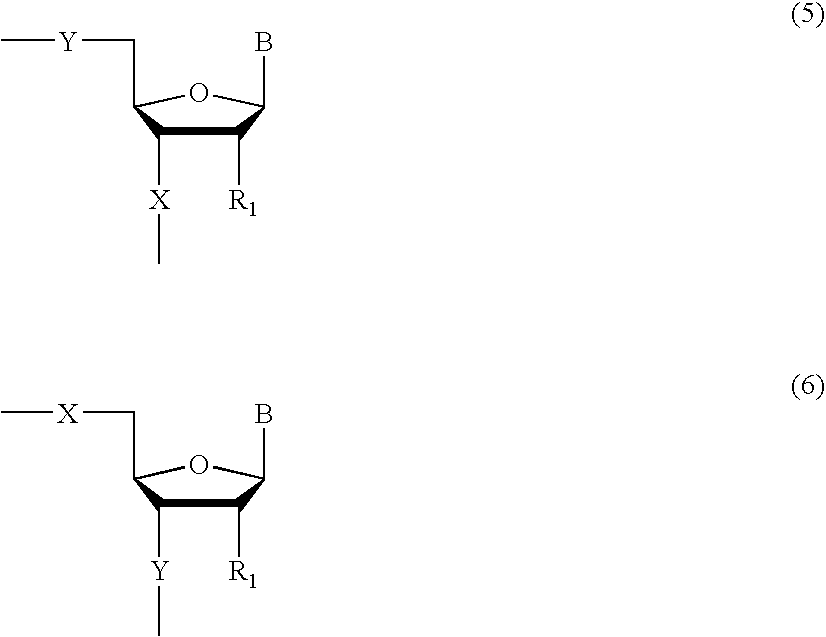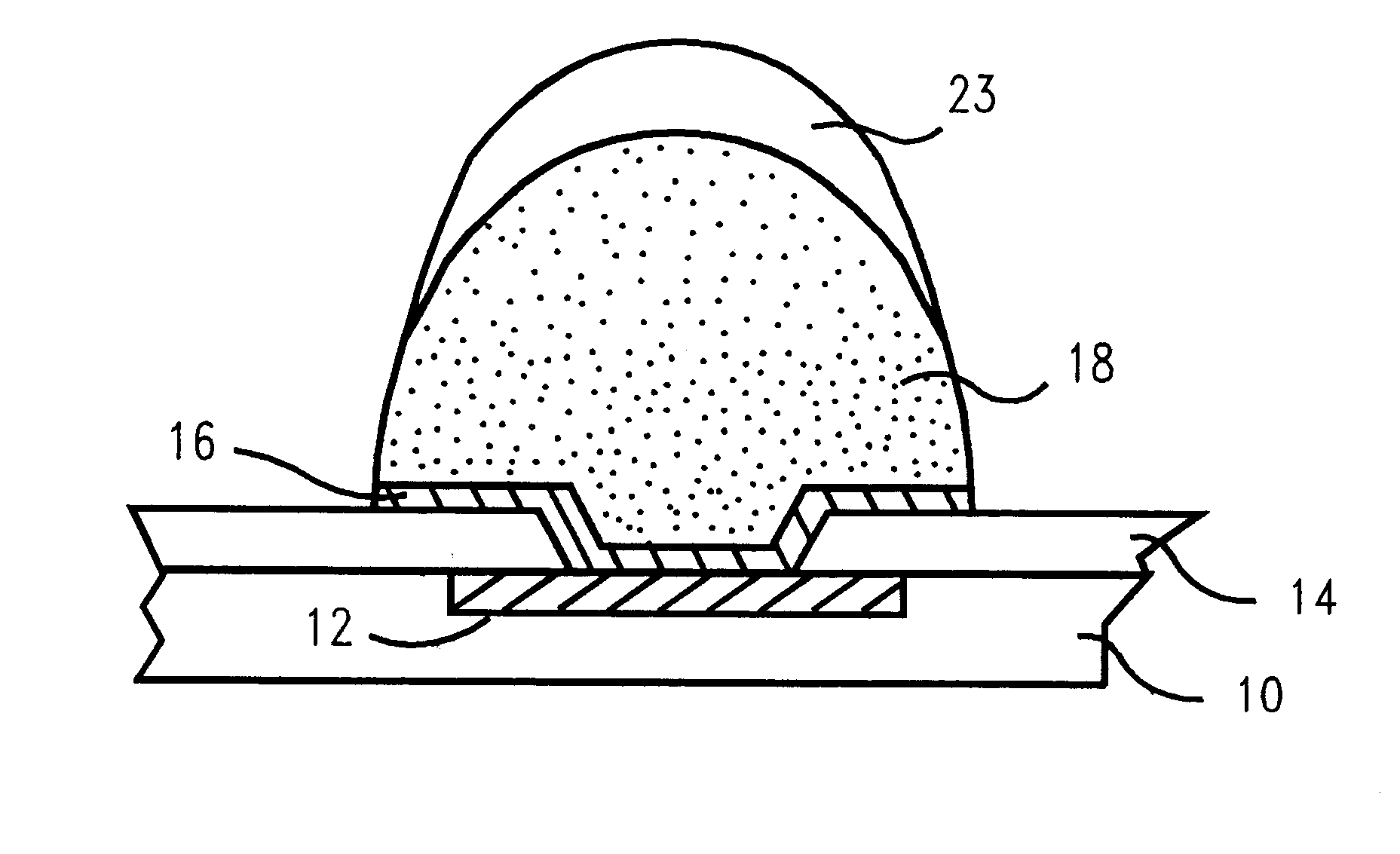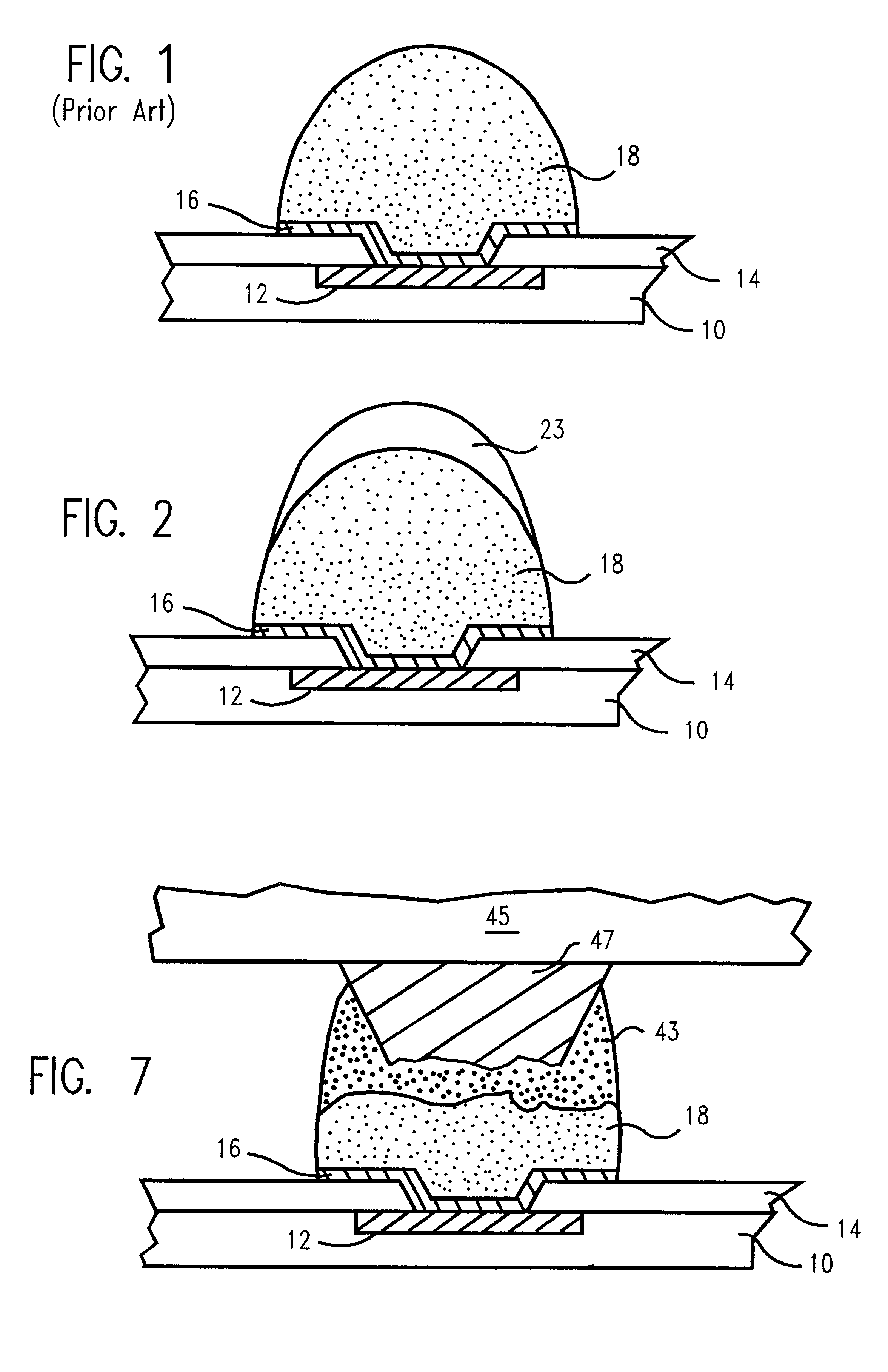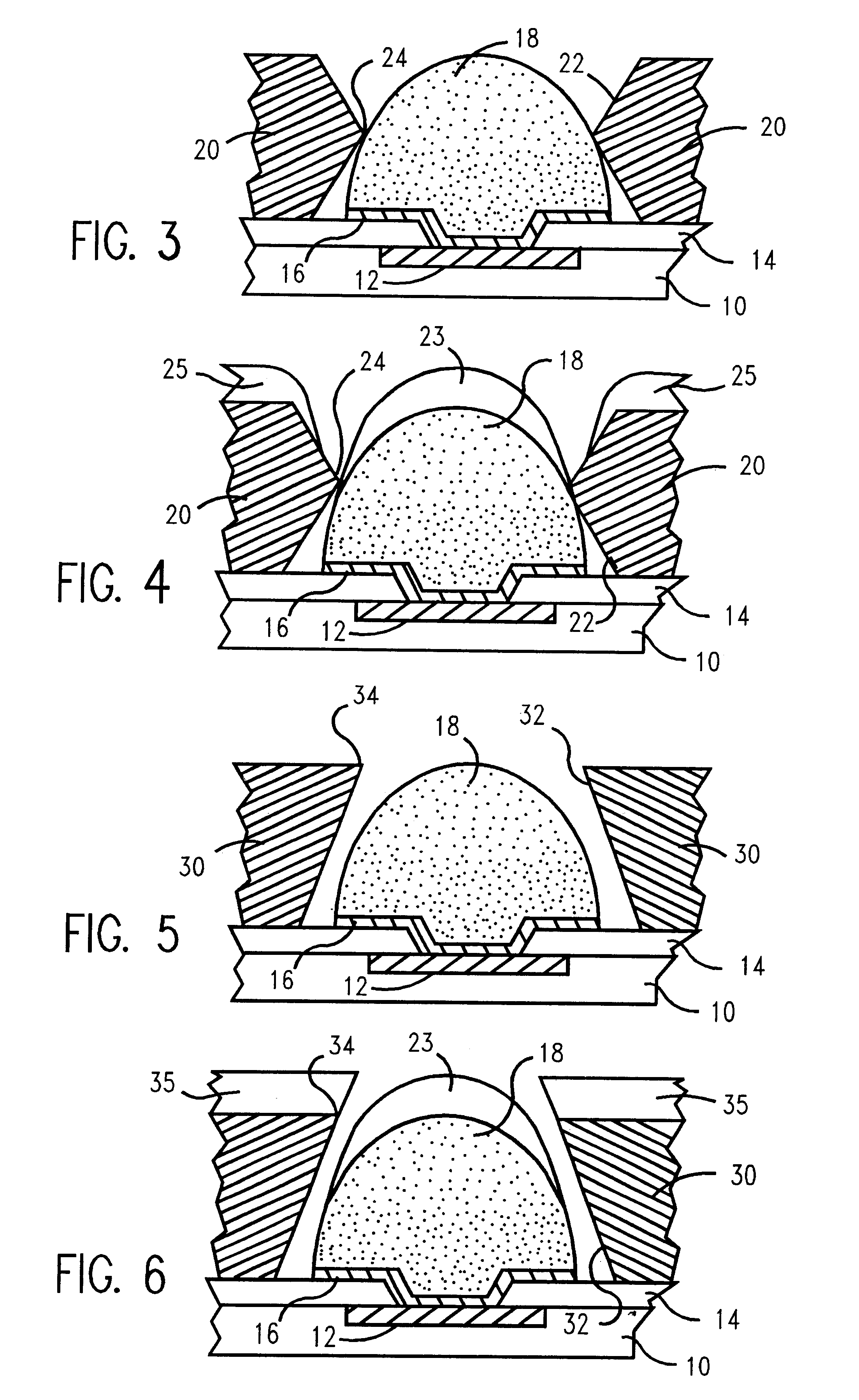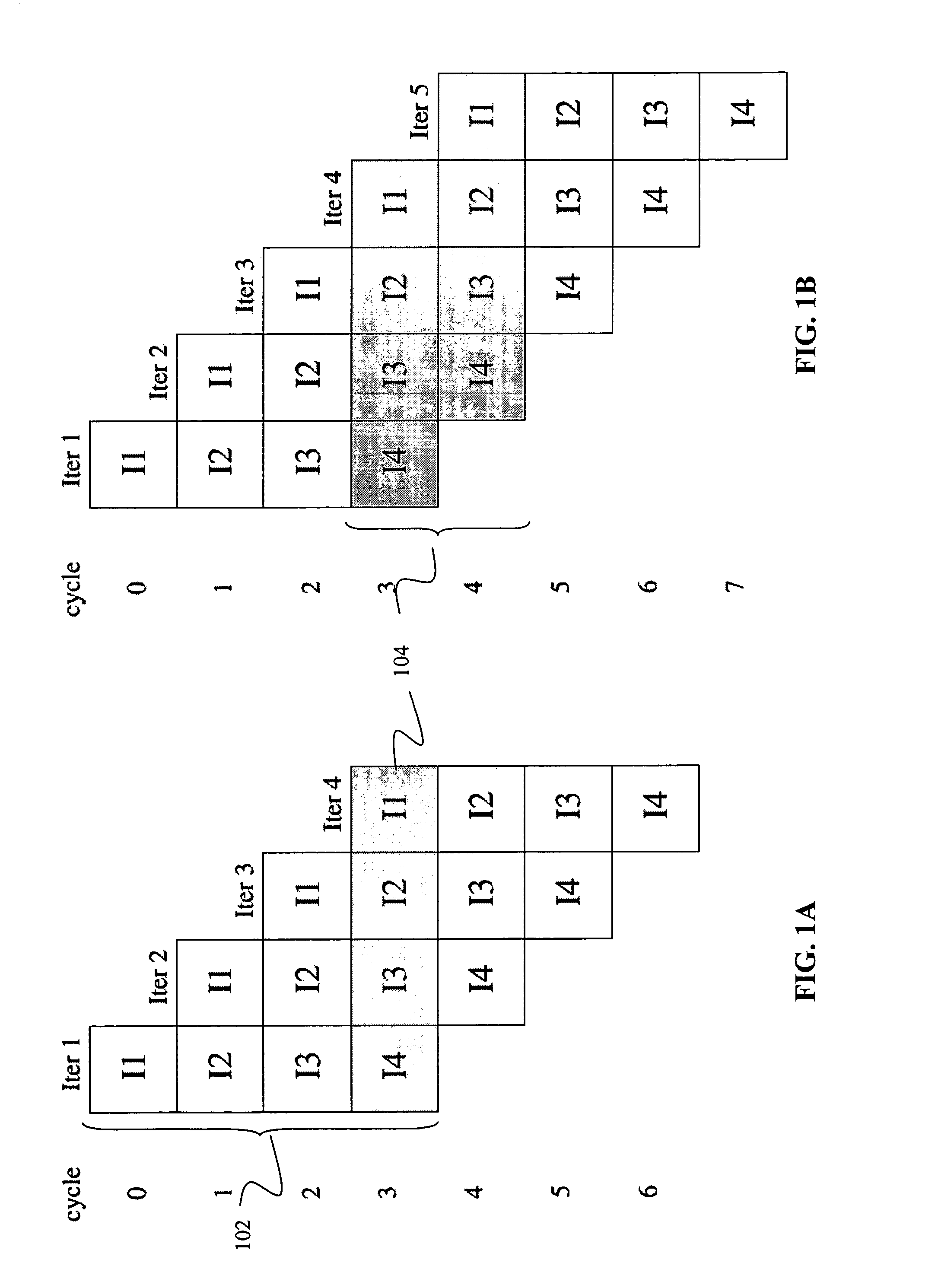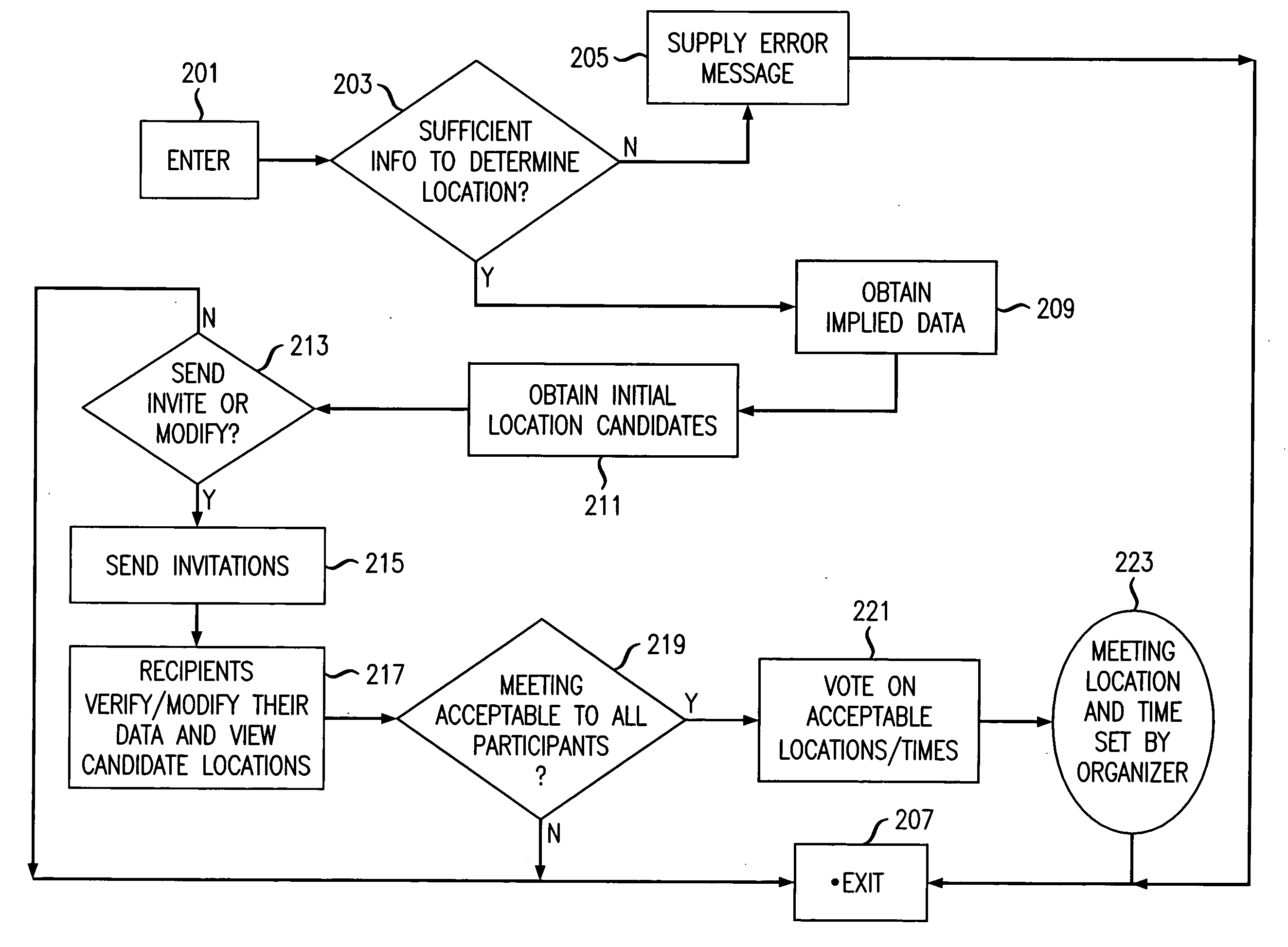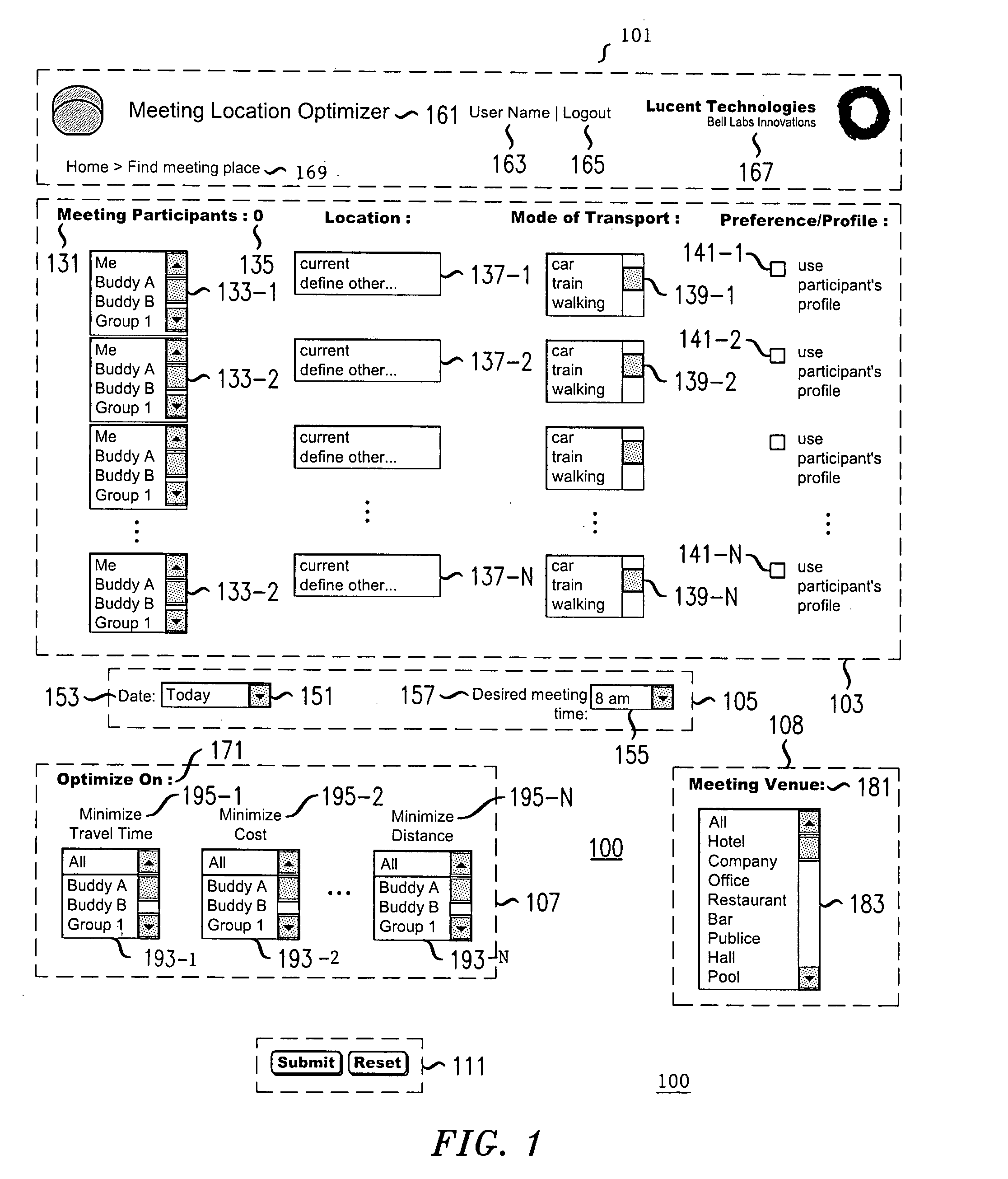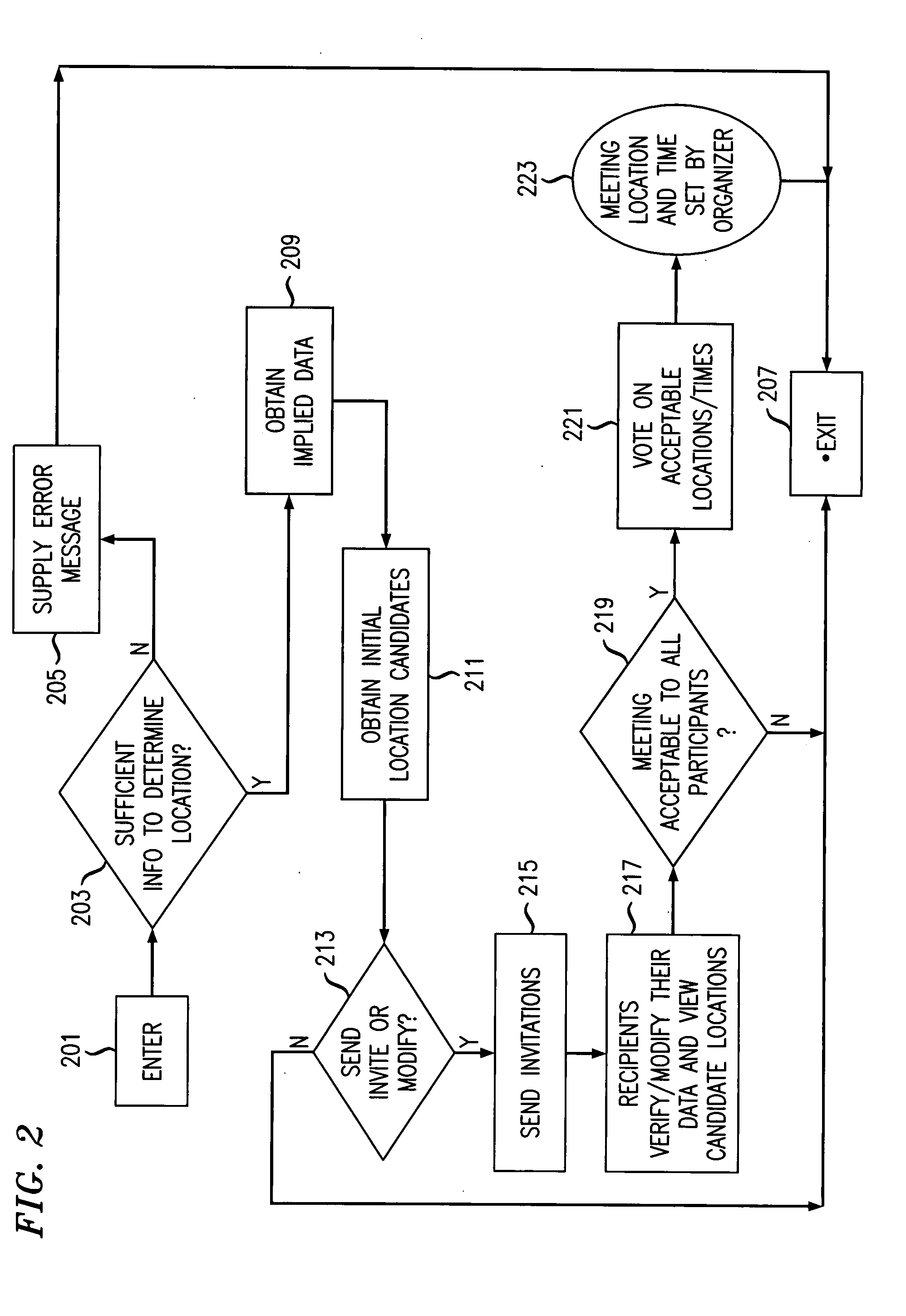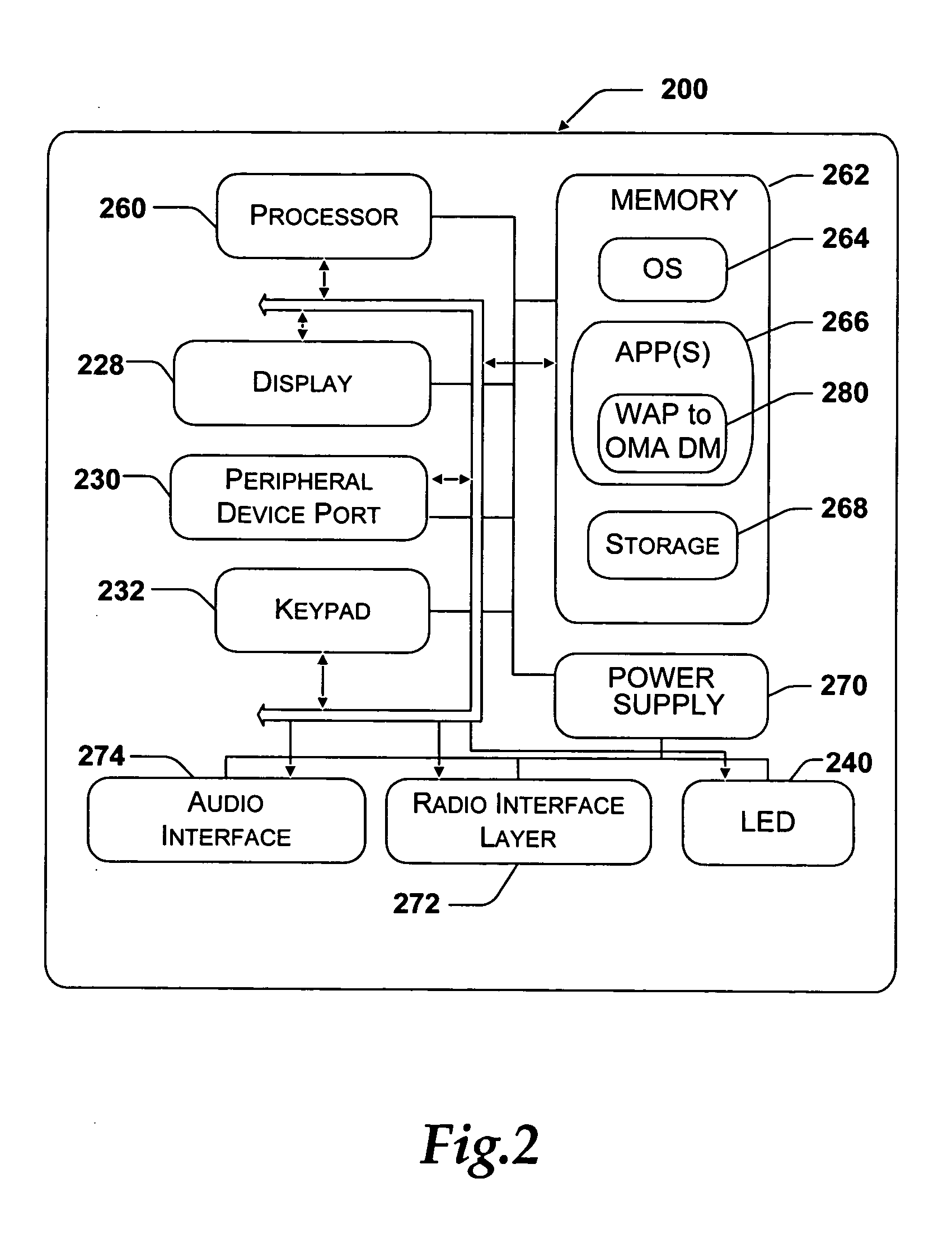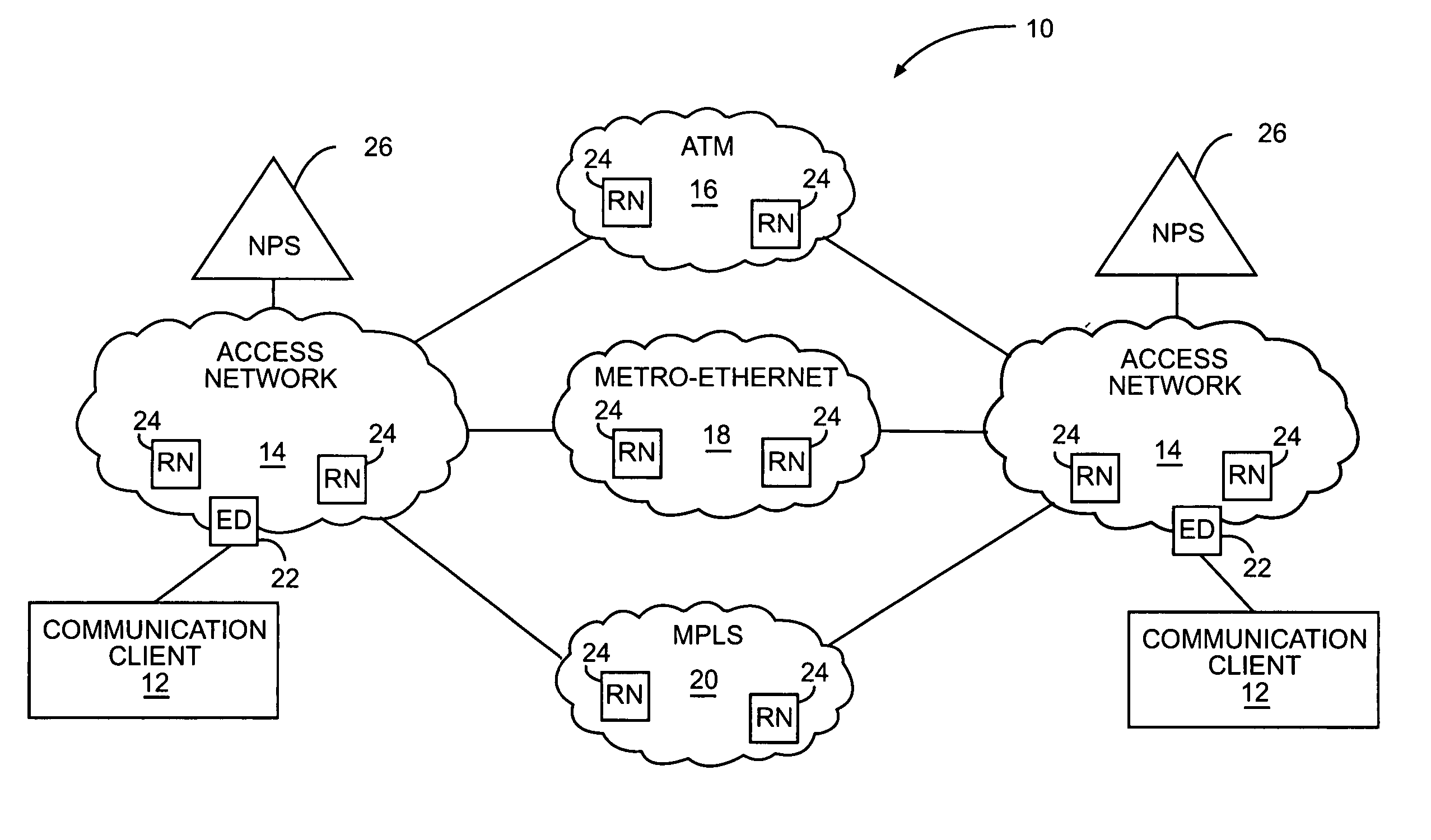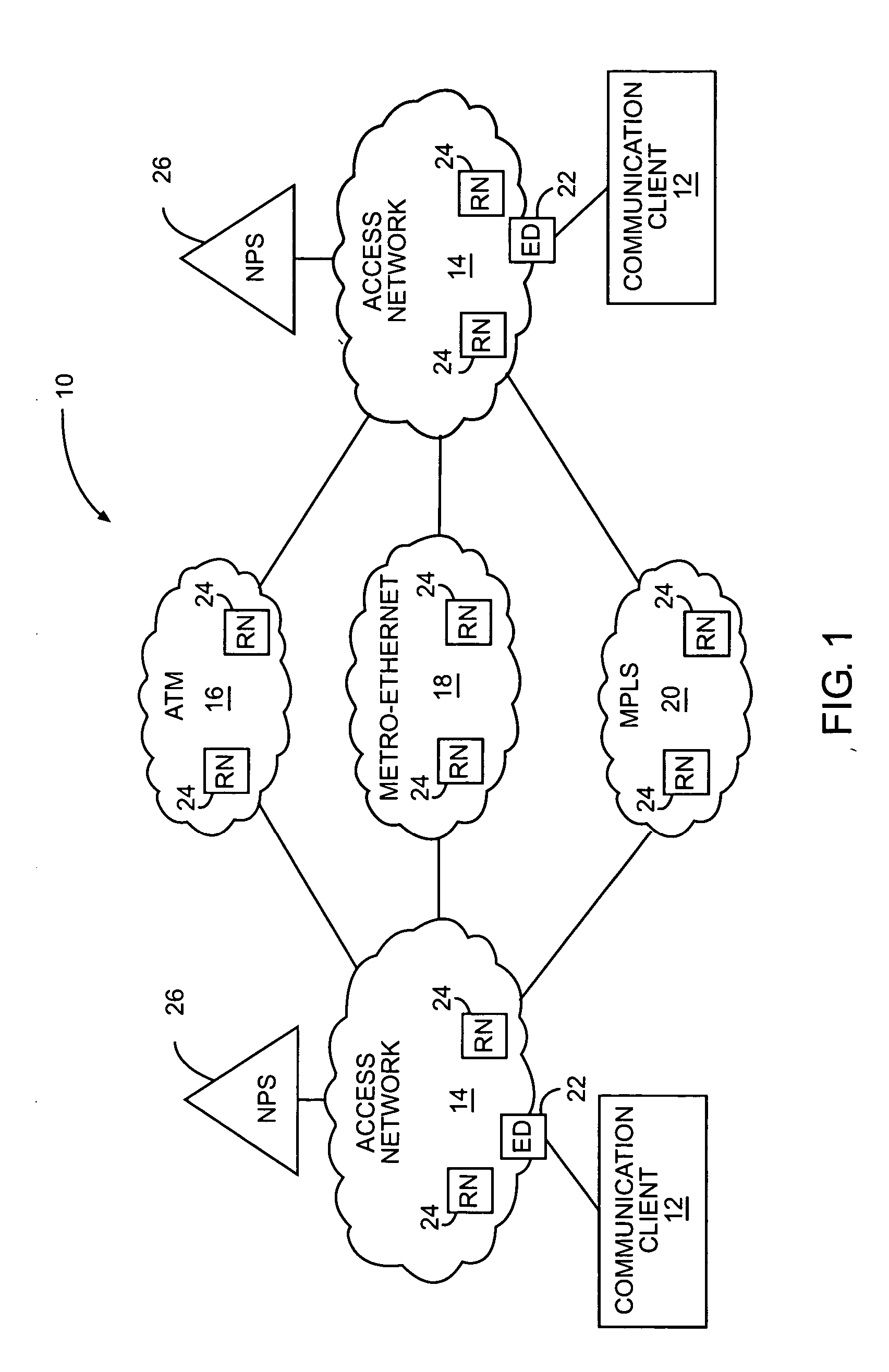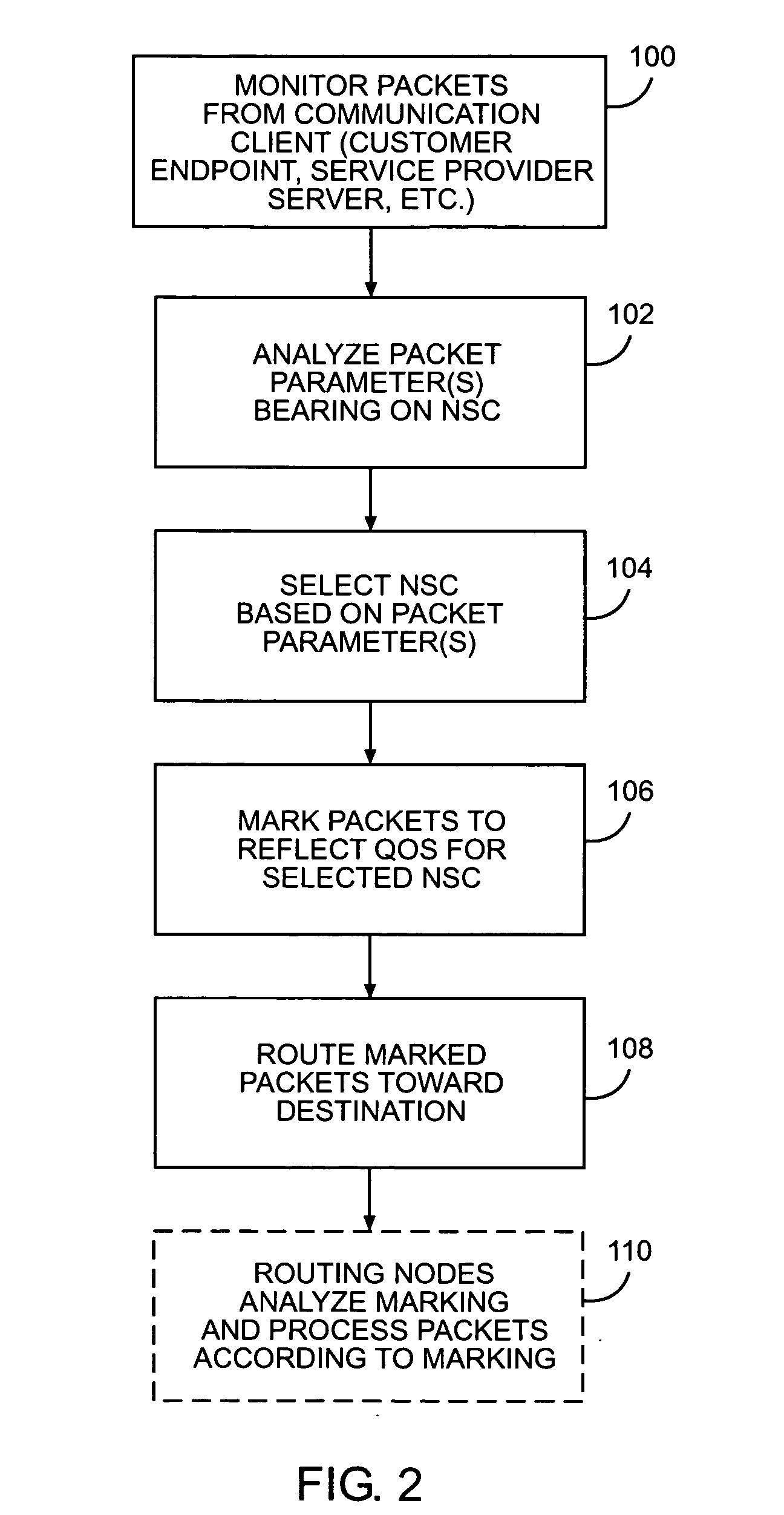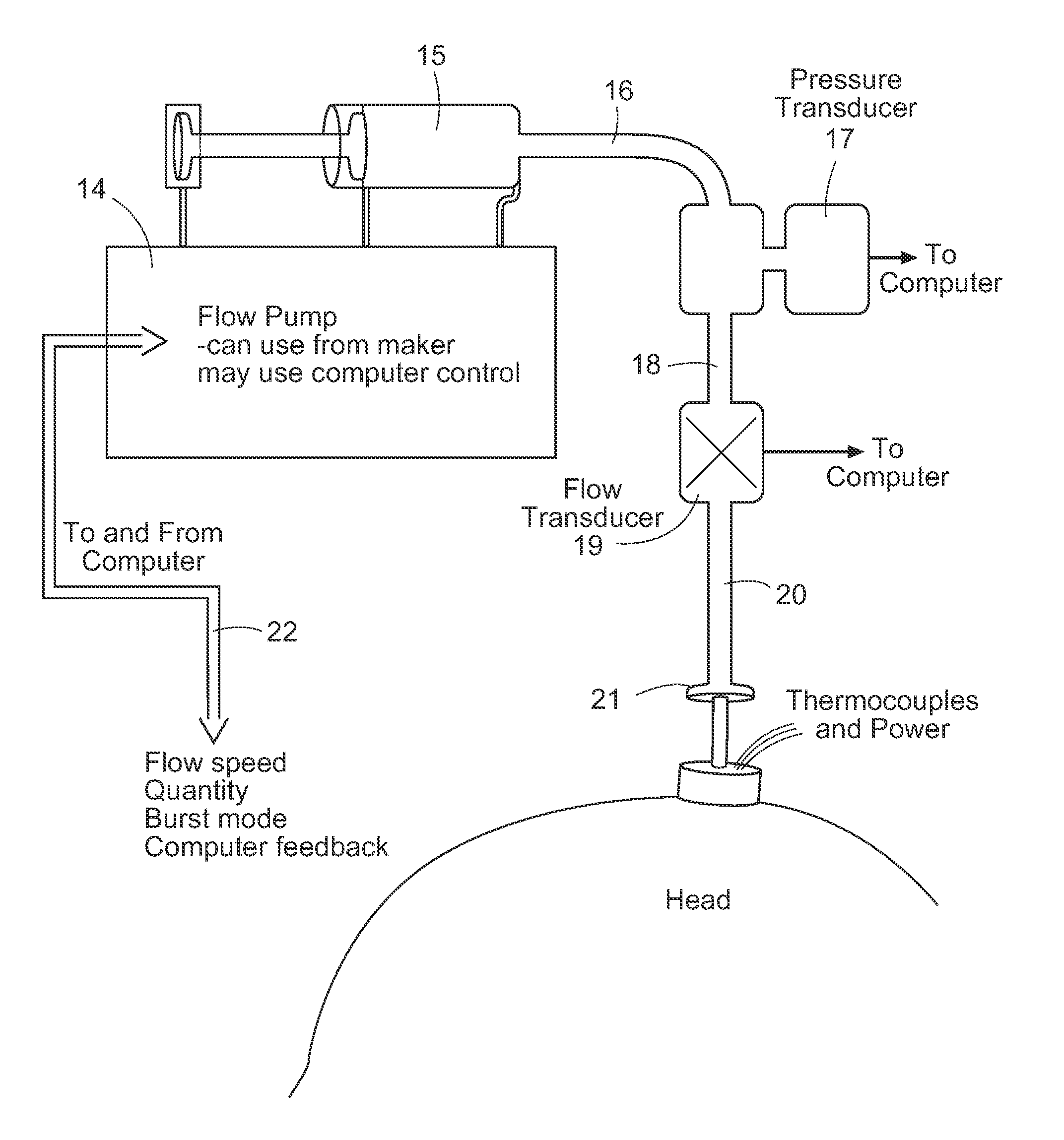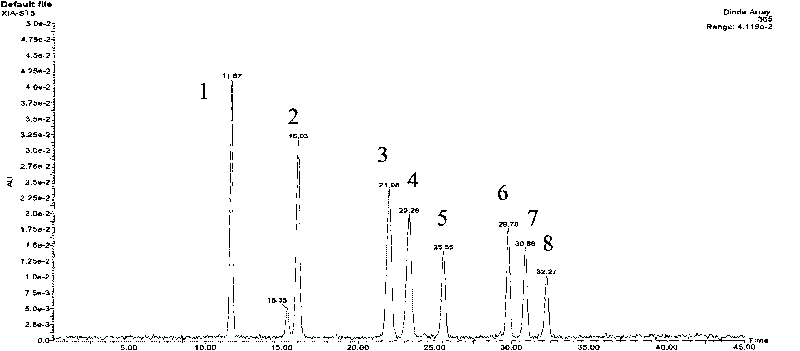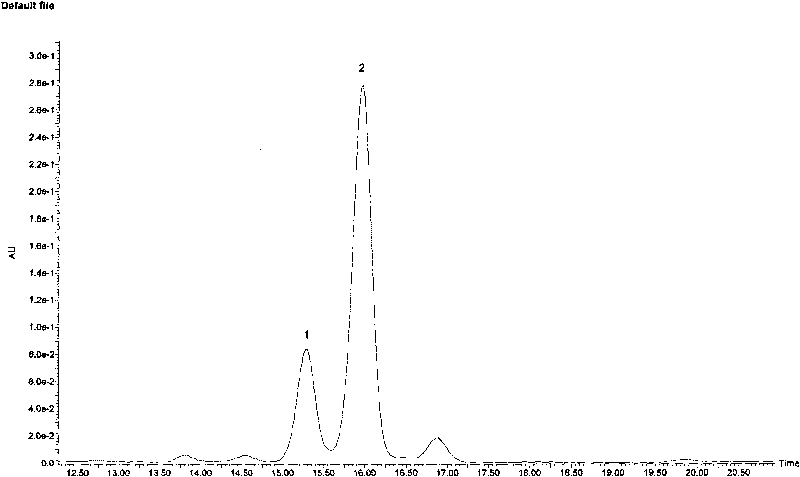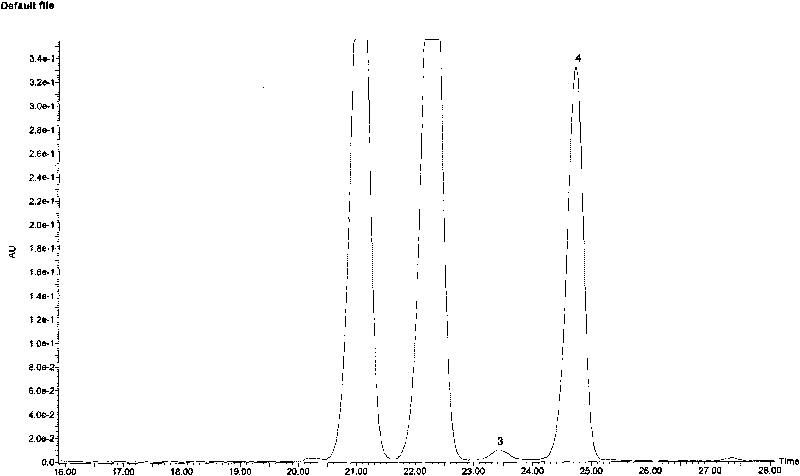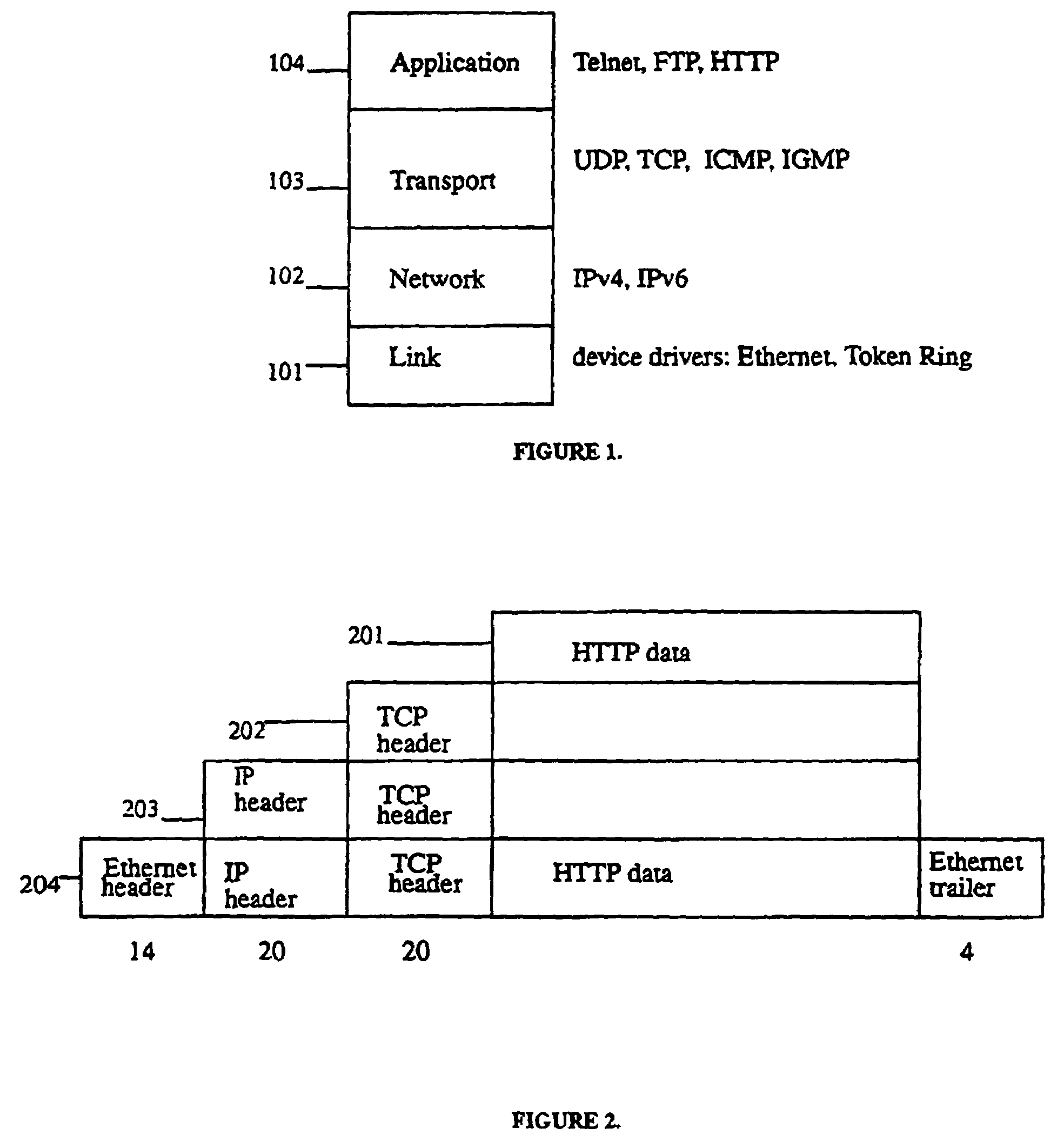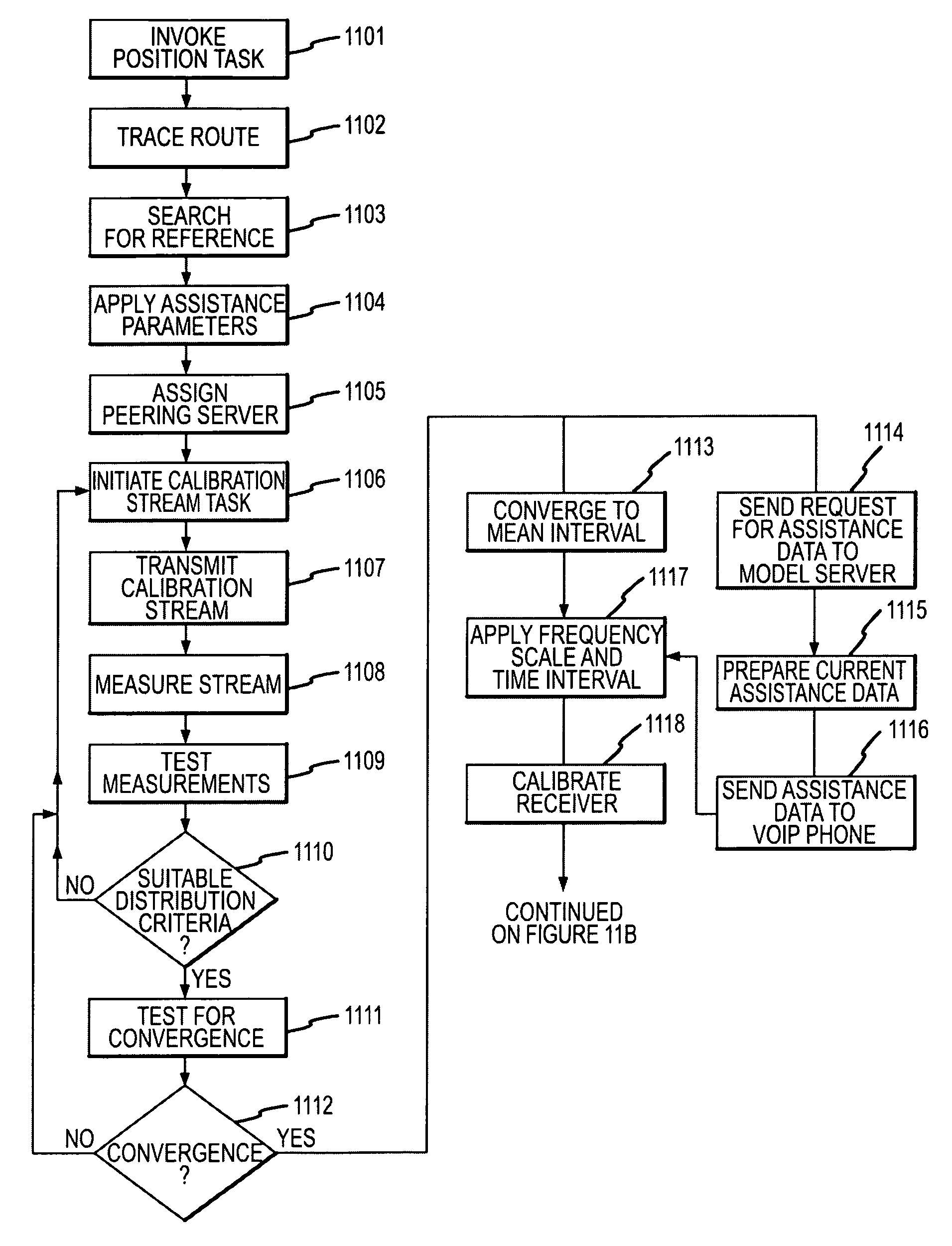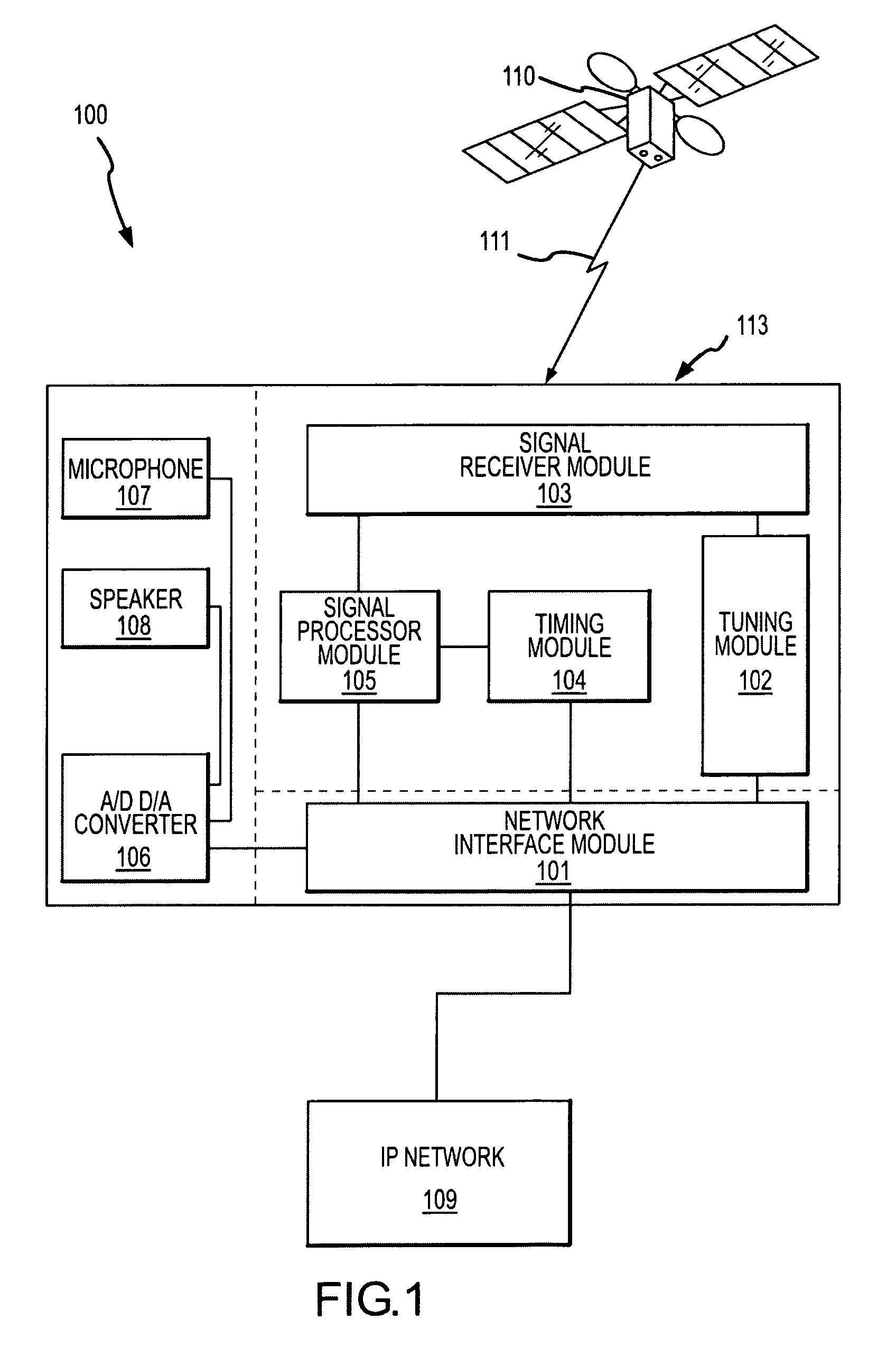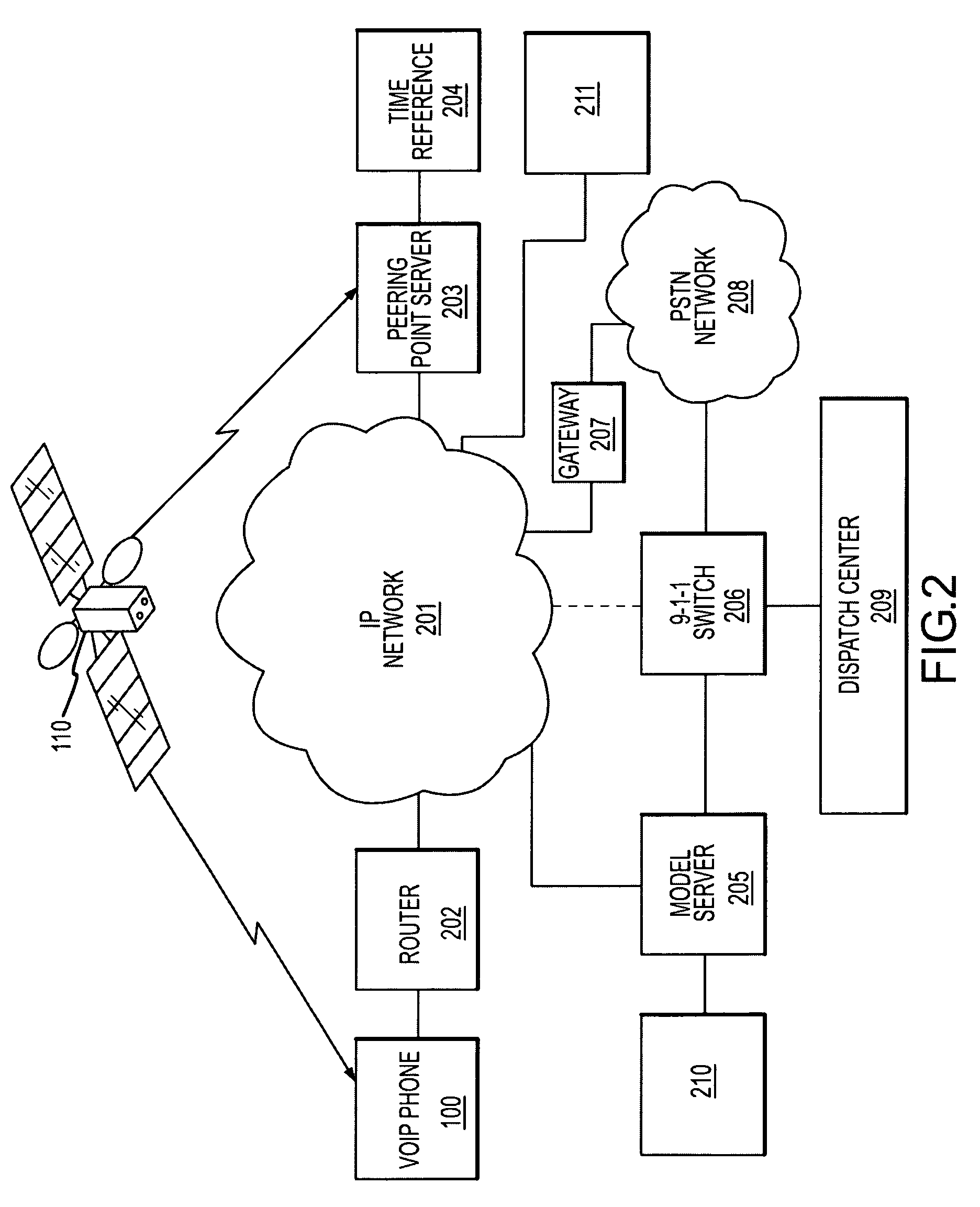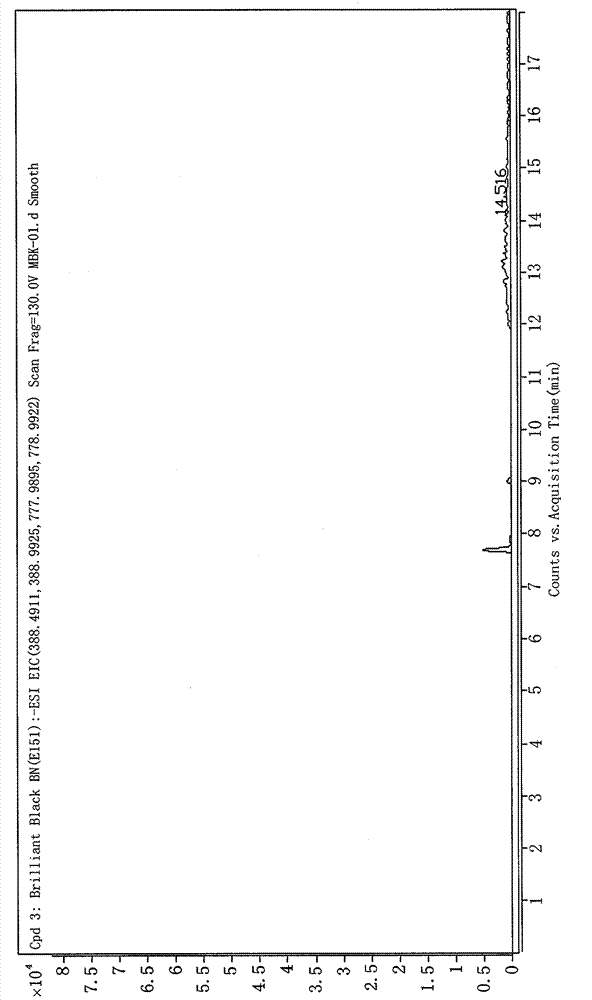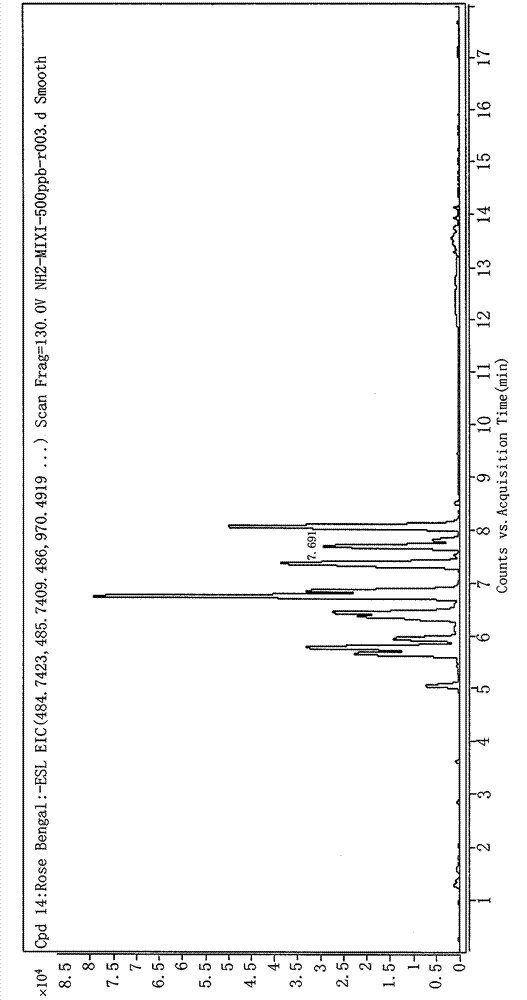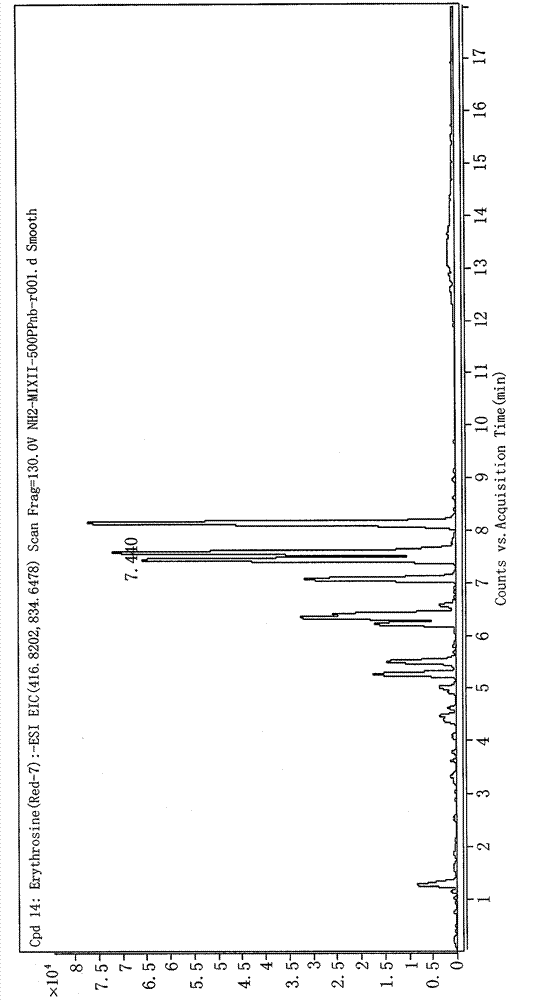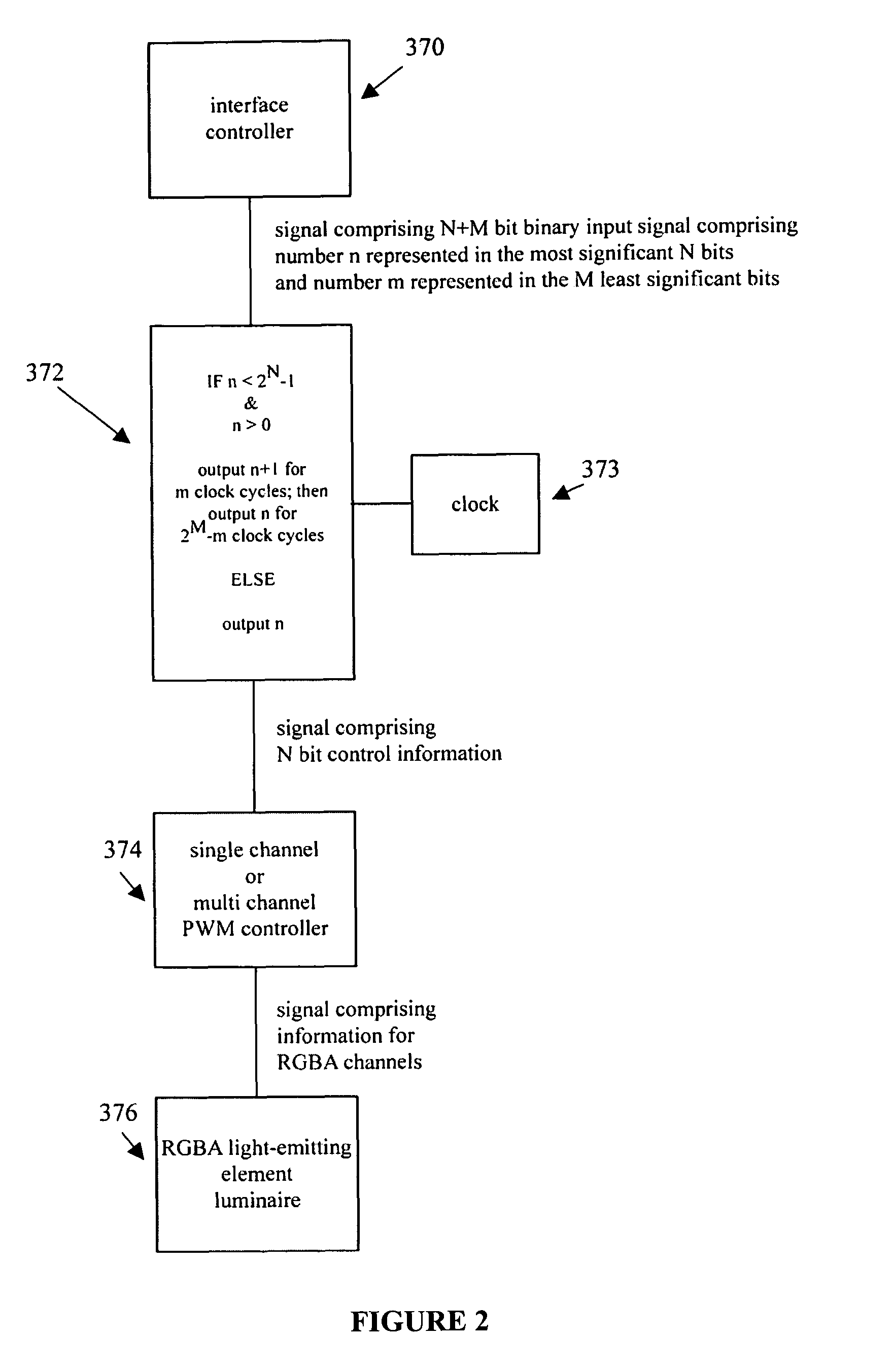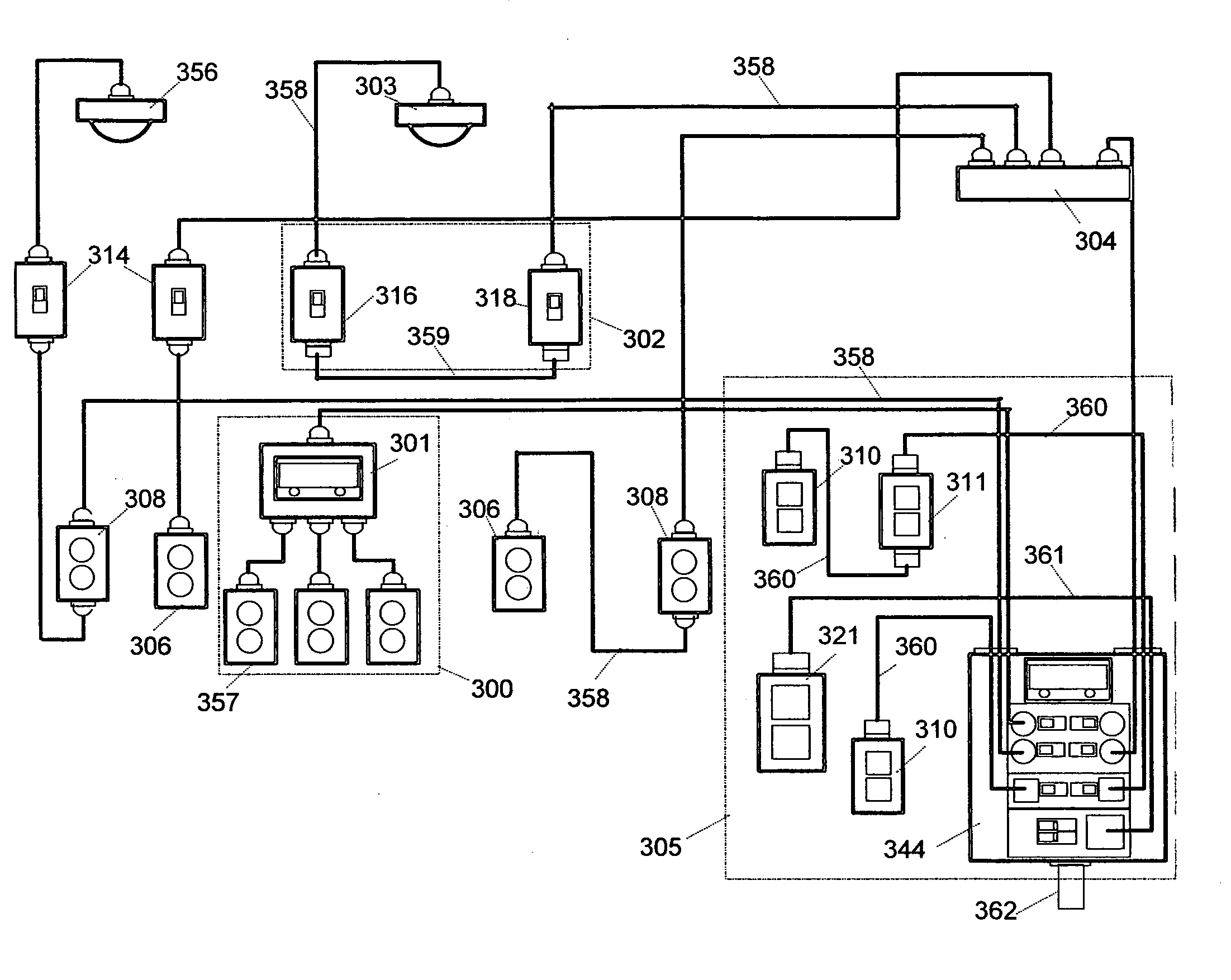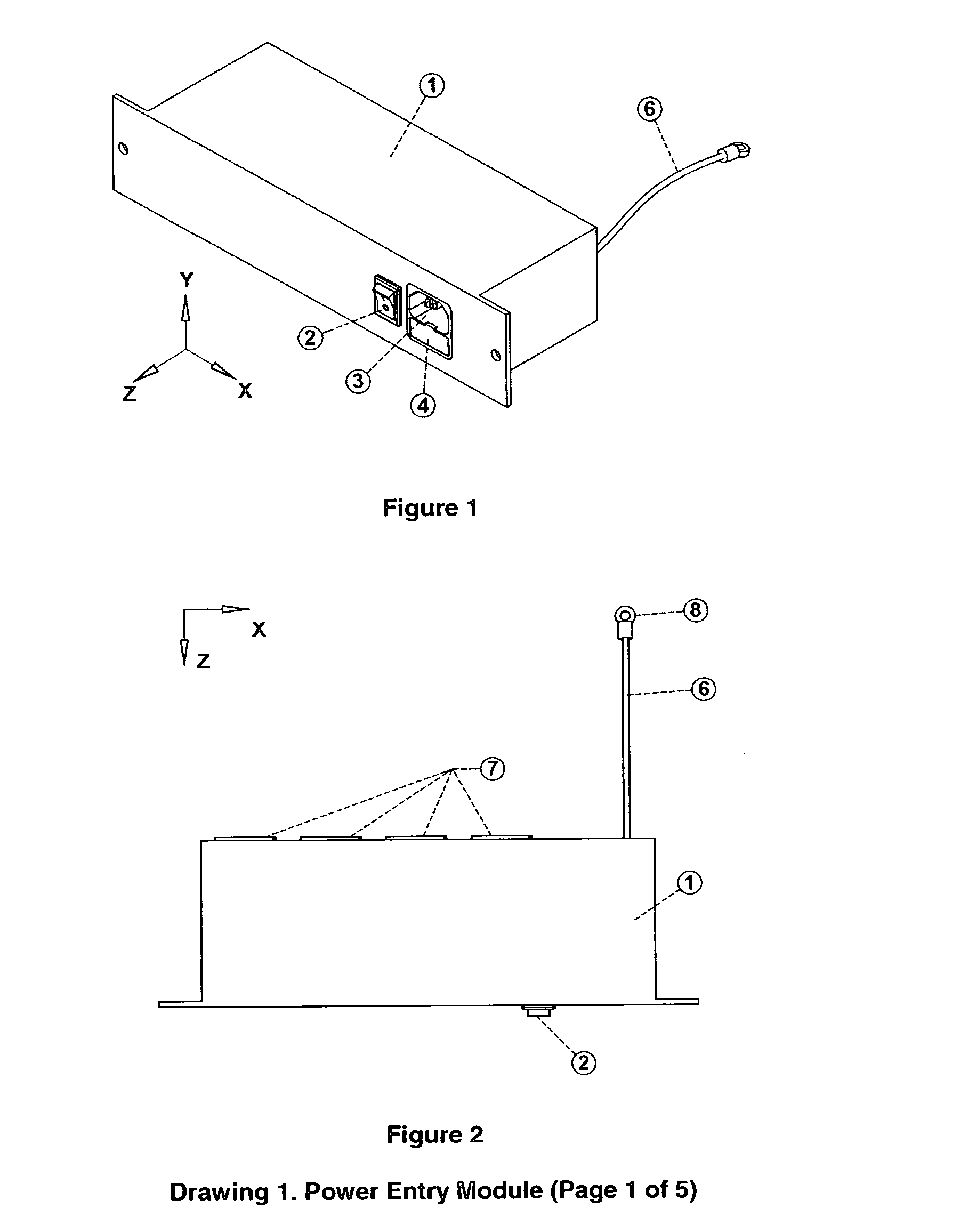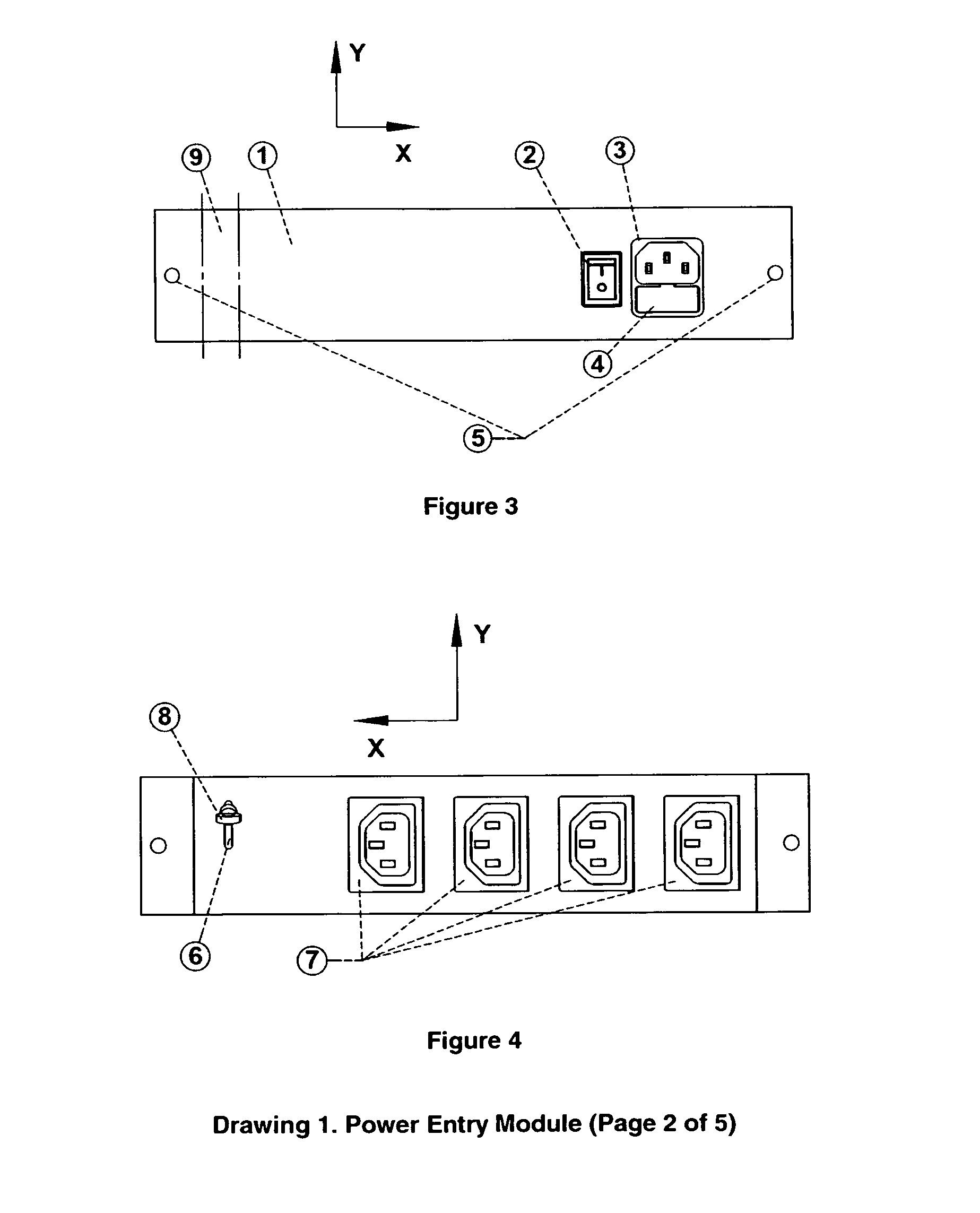Patents
Literature
Hiro is an intelligent assistant for R&D personnel, combined with Patent DNA, to facilitate innovative research.
1718 results about "Standard methods" patented technology
Efficacy Topic
Property
Owner
Technical Advancement
Application Domain
Technology Topic
Technology Field Word
Patent Country/Region
Patent Type
Patent Status
Application Year
Inventor
Synchronous collaboration based on peer-to-peer communication
InactiveUS6898642B2Eliminate useFully treatDigital data information retrievalMultiple digital computer combinationsTimestampWorkspace
A peer-to-peer protocol is based on the use of global timestamps and client priorities in serializing modifications to a shared workspace of real-time collaboration. The method caters to dynamic clients wherein a client can leave or join an ongoing collaboration session as long as there is always at least one client present / remaining in the collaboration session. The method can support multiple definitions of a modification, including partitioning-based definitions, wherein the method provides full support for locking of partitions, and a full treatment of inter-partition synchronization via a modification definition over multiple partitions. The method is capable of utilizing the many standard methods of creating a global, distributed, synchronized clock for the global timestamps utilized by it. The method is rollback-based for correcting tentative but incorrect serializations, and provides additional backup in terms of checkpoints for additional safety and for the support of lightweight, pervasive clients. The method includes many optimizations for efficiency, and includes a method of switching to and back from distributed server-based serialization for the periods when the network response is better suited to a distributed server than the peer-to-peer protocol.
Owner:INT BUSINESS MASCH CORP
System and methods for IP and VoIP device location determination
ActiveUS20070030841A1Easy to movePrecise positioningPosition fixationData switching by path configurationGeolocationStandard methods
A method and system for precise position determination of general Internet Protocol (IP) network-connected devices. A method enables use of remote intelligence located at strategic network points to distribute relevant assistance data to IP devices with embedded receivers. Assistance is tailored to provide physical timing, frequency and real time signal status data using general broad band communication protocols. Relevant assistance data enables several complementary forms of signal processing gain critical to acquire and measure weakened or distorted in-building Global Navigation Satellite Services (GNSS) signals and to ultimately extract corresponding pseudo-range time components. A method to assemble sets of GNSS measurements that are observed over long periods of time while using standard satellite navigation methods, and once compiled, convert using standard methods each pseudo-range into usable path distances used to calculate a precise geographic position to a known degree of accuracy.
Owner:IPOSI
Method of determining path maximum transmission unit
ActiveUS7542471B2Digital computer detailsData switching by path configurationIP fragmentationStandard methods
Network endpoints using TCP / IP operate to determine the maximum transmission unit (MTU) of the path between them. This determination is done so as to avoid the expensive IP fragmentation that will occur when transitioning links with a smaller MTU size. The standard method of determining the path MTU (PMTU) has several known deficiencies, including: inefficient use of bandwidth as proper operation will likely result in the loss of one or more packets and difficulty of implementation as the reverse channel communication mechanism, reception of ICMP messages indicating the discarding of unfragmentable packets, is frequently blocked by firewalls and other security apparatus. A method of determining the PMTU between intermediate proxies is disclosed that does not require reception of ICMP messages or the inefficient use of bandwidth due to the presumed dropping of packets with valid data.
Owner:CITRIX SYST INC
Authorization and authentication of user access to a distributed network communication system with roaming features
InactiveUS20030233580A1Market predictionsMetering/charging/biilling arrangementsNetwork communicationNetwork management
A system and method for providing roaming access on a network are disclosed. The network includes a plurality of wireless and / or wired access points. A user may access the network by using client software on a client computer (e.g., a portable computing device) to initiate an access procedure. In response, a network management device operated by a network provider may return an activation response message to the client. The client may send the user's username and password to the network provider. The network provider may rely on a roaming partner, another network provider with whom the user subscribes for internet access, for authentication of the user. Industry-standard methods such as RADIUS, CHAP, or EAP may be used for authentication. The providers may exchange pricing and service information and account information for the authentication session. A customer may select a pricing and service option from a list of available options.
Owner:WAYPORT
Modified method of playing blackjack
A method of playing a modified version of blackjack between participants including a dealer and one or more players. The method includes the steps of each player placing a first wager to participate in a standard blackjack game against the dealer, and each player and the dealer placing a side wager into a side wager pot. The dealer then deals a two-card hand to each player and a two-card hand to the dealer and each hand is played out according to standard methods of playing blackjack. The method further includes awarding the side wager pot to the participant, if any, having a final hand count that is higher than all other final hand counts without exceeding twenty-one.
Owner:NOYES FREDERICK D
Hot pepper and determining method for 96 pesticide residues in product of hot pepper
ActiveCN103512993ARealize quantitative analysisPromote healthy developmentComponent separationEthylenediamineMatrix solution
The invention discloses hot pepper and a determining method for 96 pesticide residues in a product of the hot pepper. The determining method comprises the following steps: homogenously extracting residual pesticide in a sample with 1% acetic acid-acetonitrile solution, purifying the extracting solution with a Florisil solid phase extraction column, dispersing and purifying the extracting solution with ethylenediamine-N-propyl silane (PSA) and octadecyl silane bonded phase (C18) substrate, detecting 69 pesticide residuals in the purified concentrated liquid of the Florisil column by GC-MS (gaschromatographic mass spectrometry), detecting 27 pesticide residuals in the substrate dispersed purified liquid by liquid chromatography-tandem mass spectrometry (LC-MS / MS), using the black substrate solution dilution standard to construct the updated calibration curves, adopting an internal standard method to quantify when using GC / MS to detect the residuals, and adopting an external standard method to quantify when using LC-MS / MS to detect the residuals. The average recovery rate of the method is 70.7-118.6%; the average relative standard deviation (RSD) is 3.2-11.4%; the detection limit is 0.13-28.2 ug / kg. The determining method has the advantages of simplicity and convenience in operation, high speed, accuracy, high sensitivity and good repeatability.
Owner:INSPECTION & QUARANTINE TECH CENT SHANDONG ENTRY EXIT INSPECTION & QUARANTINE BUREAU
Method of determining path maximum transmission unit
ActiveUS20050005024A1Digital computer detailsData switching by path configurationIP fragmentationStandard methods
Network endpoints using TCP / IP operate to determine the maximum transmission unit (MTU) of the path between them. This determination is done so as to avoid the expensive IP fragmentation that will occur when transitting links with a smaller MTU size. The standard method of determining the path MTU (PMTU) has several known deficiencies, including: inefficient use of bandwidth as proper operation will likely result in the loss of one or more packets and difficulty of implementation as the reverse channel communication mechanism, reception of ICMP messages indicating the discarding of unfragmentable packets, is frequently blocked by firewalls and other security apparatus. A method of determining the PMTU between intermediate proxies is disclosed that does not require reception of ICMP messages or the inefficient use of bandwidth due to the presumed dropping of packets with valid data.
Owner:CITRIX SYST INC
Synchronous collaboration based on peer-to-peer communication
InactiveUS20020152271A1Fully treatImprove interoperabilityDigital data information retrievalMultiple digital computer combinationsTimestampWorkspace
A peer-to-peer protocol is based on the use of global timestamps and client priorities in serializing modifications to a shared workspace of real-time collaboration. The method caters to dynamic clients wherein a client can leave or join an ongoing collaboration session as long as there is always at least one client present / remaining in the collaboration session. The method can support multiple definitions of a modification, including partitioning-based definitions, wherein the method provides full support for locking of partitions, and a full treatment of inter-partition synchronisation via a modification definition over multiple partitions. The method is capable of utilizing the many standard methods of creating a global, distributed, synchronized clock for the global timestamps utilized by it. The method is rollback-based for correcting tentative but incorrect serializations, and provides additional backup in terms of checkpoints for additional safety and for the support of lightweight, pervasive clients. The method includes many optimizations for efficiency, and includes a method of switching to and back from distributed server-based serialization for the periods when the network response is better suited to a distributed server than the peer-to-peer protocol.
Owner:IBM CORP
Methods and systems for managing a call session
InactiveUS20060078094A1Low costImprove efficiencyInterconnection arrangementsAutomatic exchangesVoice communicationPrivate network
Methods and systems are provided for managing call sessions on public and private networks. The methods and systems operate to receive and send voice over internet protocol (VoIP) communications using a network, such as an IP network. The methods and systems also operate to receive and send emergency information over IP and other data networks. Based on certain criteria, the methods and systems determine whether to transfer a VoIP communication and / or emergency information to another entity associated with the IP network.
Owner:BELLSOUTH INTPROP COR
Lighting flashover risk evaluation model and method of regional transmission line
The invention discloses a lighting flashover risk evaluation model of a regional transmission line, comprising a database, a shielding failure risk evaluation model, a counterattack risk evaluation model and a risk value integrating module, wherein the database is used for providing various parameters and values of the various parameters; the shielding failure risk evaluation model is mainly usedfor solving a shielding failure trip-out rate by means of an improved electrogeometric model; the counterattack risk evaluation model is used for calculating a counterattack trip-out rate by means ofa standard method; and the risk value integrating module is used for adding the shielding failure trip-out rate to the counterattack trip-out rate to obtain the total lightning trip-out rate. The model provided by the invention integrates the advantages of an electrogeometric geometrical model and a standard method, uses the data of a lightning location system, considers the impacts of the form of a pole tower to the counterattack lightning resisting level, and improves the accuracy of lighting flashover risk evaluation of the regional transmission line. The invention also discloses a lighting flashover risk evaluation method of a regional transmission line corresponding to the model, wherein the model is combined with the method, and therefore, the lighting flashover risk evaluation can be carried out.
Owner:FOSHAN POWER SUPPLY BUREAU GUANGDONG POWER GRID +2
Authorization and authentication of user access to a distributed network communication system with roaming feature
InactiveUS20070220596A1Market predictionsMetering/charging/biilling arrangementsNetwork managementNetwork communication
Owner:WAYPORT
Overvoltage-protected light-emitting semiconductor device
ActiveUS20060181828A1Simpler and more compactLess-expensive constructionSemiconductor/solid-state device detailsSolid-state devicesOvervoltageDevice material
An LED incorporating an overvoltage protector with a minimum of space requirement. The LED itself comprises a p-type semiconductor substrate, a light-generating semiconductor region grown epitaxially thereon, a first electrode on the light-generating semiconductor region, and a second electrode on the underside of the substrate. The standard method of LED fabrication is such that the substrate is notionally divisible into a main portion in register with the overlying light-generating semiconductor region and, surrounding the main portion, a tubular marginal portion needed for dicing the wafer into individual squares or dice. The overvoltage protector comprises an n-type semiconductor film formed on the marginal portion of the substrate and held against the side surfaces of the light-generating semiconductor region via an insulating film. Creating a pn junction with the marginal portion of the p-type substrate, the n-type semiconductor film provides an overvoltage protector diode which is electrically connected reversely in parallel with the LED. Various other embodiments are disclosed.
Owner:SANKEN ELECTRIC CO LTD
Method for forming reflowed solder ball with low melting point metal cap
InactiveUS6344234B1Reduce the hole diameterMinimal diameterFinal product manufactureSemiconductor/solid-state device detailsTinningIndium
A method and structure for a solder interconnection, using solder balls for making a low temperature chip attachment directly to any of the higher levels of packaging substrate is disclosed. After a solder ball has been formed using standard methods it is reflowed to give the solder ball a smooth surface. A layer of low melting point metal, such as, bismuth, indium or tin, preferably, pure tin, is deposited on the top of the solder balls. This structure results in localizing of the eutectic alloy, formed upon subsequent low temperature joining cycle, to the top of the high melting solder ball even after multiple low temperature reflow cycles. This method does not need tinning of the substrate to which the chip is to be joined, which makes this method economical. It has also been noticed that whenever temperature is raised slightly above the eutectic temperature, the structure always forms a liquid fillet around the joint with copper wires. This liquid fillet formation results in substantial thermal fatigue life improvement for reduced stress at interface; and secondly, provides an easy means to remove chip for the purpose of chip burn-in, replacement or field repairs.
Owner:ULTRATECH INT INC
Pleated filter made of a multi-layer filter medium
InactiveUS6488731B2Improve suction capacityHigh of circulationCleaning filter meansCombination devicesFilter mediaEngineering
The present invention relates to a pleated filter made of a multi-layer filter medium, including at least one filter paper layer having area weights of 30-100 g / m2, a microfiber nonwoven fabric layer having area weights 5-120 g / m2 and a support nonwoven fabric layer made of synthetic, polymeric fibers having area weights of 10-120 g / m2. The layers of the pleated filter contain fused polymer areas by which the fabric layers are bonded to the paper layer, and by which the fabric layers are made firmer within themselves. When subject to a fractional efficiency test at an initial pressure difference of at most 180 Pa, at a boundary speed of approximately 2.62 m / s and a flow speed through the filter medium of approximately 0.13 m / s, the pleated filter is able to separate at least 90% of particles greater than 0.3 mum, at least 92% of particles greater than 0.5 mum, at least 93% of particles greater than 1 mum, and at least 97% of particles greater than 3 mum, as measured using the standard method DIN EN 60312 (IEC 60312) § 5.1.2.5.
Owner:CARL FREUDENBERG KG
Apparatus and Method for Cooperative Relaying in Wireless Systems Using an Extended Channel Reservation
InactiveUS20110122933A1Reduce dataReducing battery powerError prevention/detection by using return channelDiversity/multi-antenna systemsSignal qualityStandard methods
In a relay scheme, a wireless source apparatus, a wireless destination apparatus and a wireless relay apparatus cooperate for handling transmission failures by space / time diverse channels. In the case of the successful direct transmission, reduced or no additional overhead for the relay selection is incurred. Thus, for a good SNR between source and destination, the inventive protocol has similar performance as a standard approach. In the case of a transmission failure e.g., due to small scale fading, a transmission via a different communication path implementing spatial diversity via a selected relay is supported. The device is to only activate the overhearing of signals in case of weak signal quality between sender and receiver. This selection of relay devices is done by demand only. A specific protocol for the reservation of the wireless medium for the entire cooperative communication has been specified.
Owner:LAKESIDE LAB
Methods and compositions for the tandem synthesis of two or more oligonucleotides on the same solid support
InactiveUS20060149046A1Simple and smooth and efficientWide range of applicationsEsterified saccharide compoundsSugar derivativesOligonucleotide primersCombinatorial chemistry
The present invention relates to novel methods and novel solid support materials for the tandem synthesis of two or more different oligonucleotides on the same solid support in one synthetic run. The methods involve novel support preparations comprised of two or more types of orthogonally protected anchor groups. Subsequent to the selective removal of the first of the respective protective groups, the first oligonucleotide is assembled on the deblocked anchor groups according to standard methods, preferably via phosphoramidite chemistry. Following the capping of said first oligonucleotide, the anchor groups blocked by the second type of protective group are selectively liberated and serve is the starting point for the assembly of a second oligonucleotide, and so forth. After completion of all of the syntheses on the solid support, the oligonucleotides are released from the solid support and deprotected at the nucleobases, using standard methods. Preparations obtained using the method of this invention, generally contain two or more different oligonucleotides. Such preparations are particularly useful in applications that require pairs of oligonucleotide primers, several probes at a time, duplexed nucleic acid fragments, or other combinations of oligonucleotides that are useful in applications such as PCR, sequencing, multiplexed genotyping, cloning and RNA interference. The invention includes procedures for the preparation of the novel solid supports of the invention.
Owner:SIGMA ALDRICH CO LLC
Reflowed solder ball with low melting point metal cap
InactiveUS6259159B1Low costEasy to buildPrinted circuit assemblingFinal product manufactureTinningIndium
A method and structure for a solder interconnection, using solder balls for making a low temperature chip attachment directly to any of the higher levels of packaging substrate is disclosed. After a solder ball has been formed using standard methods it is reflowed to give the solder ball a smooth surface. A layer of low melting point metal, such as, bismuth, indium or tin, preferably, pure tin, is deposited on the top of the solder balls. This structure results in localizing of the eutectic alloy, formed upon subsequent low temperature joining cycle, to the top of the high melting solder ball even after multiple low temperature reflow cycles. This method does not need tinning of the substrate to which the chip is to be joined, which makes this method economical. It has also been noticed that whenever temperature is raised slightly above the eutectic temperature, the structure always forms a liquid fillet around the joint with copper wires. This liquid fillet formation results in substantial thermal fatigue life improvement for reduced stress at interface; and secondly, provides an easy means to remove chip for the purpose of chip burn-in, replacement or field repairs.
Owner:IBM CORP
Method and apparatus for modulo scheduled loop execution in a processor architecture
InactiveUS7302557B1Suppresses increase in code sizeReduced Power RequirementsSoftware engineeringDigital computer detailsParallel computingStandard methods
A processor method and apparatus that allows for the overlapped execution of multiple iterations of a loop while allowing the compiler to include only a single copy of the loop body in the code while automatically managing which iterations are active. Since the prologue and epilogue are implicitly created and maintained within the hardware in the invention, a significant reduction in code size can be achieved compared to software-only modulo scheduling. Furthermore, loops with iteration counts less than the number of concurrent iterations present in the kernel are also automatically handled. This hardware enhanced scheme achieves the same performance as the fully-specified standard method. Furthermore, the hardware reduces the power requirement as the entire fetch unit can be deactivated for a portion of the loop's execution. The basic design of the invention involves including a plurality of buffers for storing loop instructions, each of which is associated with an instruction decoder and its respective functional unit, in the dispatch stage of a processor. Control logic is used to receive loop setup parameters and to control the selective issue of instructions from the buffers to the functional units.
Owner:NVIDIA CORP
Meeting optimizer
A meeting location that is “fair” to all the participants may be selected based on at least the travel circumstances and at least two initial criteria by which an optimal meeting location will be selected, at least one of which has values that are determined for each respective one of the meeting participants using at least information derived from the travel circumstances. Note that by “fair” it is generally intended that no participant can reduce his burden without significantly increasing the burden of some other participant. The meeting location may be determined using a multi-criterial approach. A criterion in this context is a particular property of the travel pertaining to a particular user. In the multi-criterial approach, one selects a preference relation based on each of the individual criteria, and the set of non-dominated alternatives is the outcome of the optimization process.
Owner:LUCENT TECH INC
System and method for automatic conversion from WAP client provisioning XML represented objects to OMA DM tree structure represented objects
InactiveUS20050055453A1Easy to manageDigital data information retrievalMultiple digital computer combinationsExtensible markupClient-side
A method and system automatically converts a Wireless Internet Protocol (WAP) Client Provisioning (CP) objects to Open Mobile Alliance (OMA) Device Management (DM) objects. WAP CP is enabled according to XML (eXtensible Markup Language) and defines a standard way to bootstrap mobile device's connectivity settings and application protocol access parameters using XML. OMA DM is also enabled according to XML and provides similar functionality, but is organized according to a mandated tree structure. The present invention automatically converts vendor specific parameters from WAP CP to OMA DM such that the vendor specific parameters are more easily managed by an OMA DM server and client.
Owner:MICROSOFT TECH LICENSING LLC
Network service classes
The present invention describes a standard way of defining network service classes, which provide default quality of service levels required for corresponding communication applications. The network service classes provide end-to-end quality of service policies that extend across multiple, disparate communication networks, and the network elements therein. In effect, the network elements within these communication networks are provisioned and network performance is engineered for the various network service classes. The various communication applications will be placed into the most appropriate network service class, which will provide at least the minimum quality of service performance requirements for the communication application. As such, communication applications having similar quality of service requirements will be grouped together, instead of having unique quality of service support in the communication networks.
Owner:NORTEL NETWORKS LTD
Apparatus for Trans-Cerebral Electrophoresis and Methods of Use Thereof
InactiveUS20110046540A1Prevention of moreElectrotherapyMedical devicesElectrophoresisStandard methods
The present invention provides apparatus and methods for the delivery of therapeutic agents to target tissues by electromigration. The utilization of electric fields according to the methods of the invention aids in the distribution and targeting of therapeutic agents, in particular, where standard means of agent application in the target tissue is insufficient to achieve prophylactic or therapeutic results. In particular embodiments, the present invention utilizes a convective force in combination with the developed electric fields to further increase the flux of the therapeutic agent or to further improve distribution of the therapeutic agent within the target tissues.
Owner:ALTERMAN RON L +1
Method fro determining content of volatile carbonyl compound in main stream smoke of cigarette
InactiveCN101701941AEasy to separateSeparation reachedComponent separationHydrazoneChromatographic column
The invention discloses a method for determining content of volatile carbonyl compound in main stream smoke of cigarette. 2, 4-dinitrophenylhydrazine is utilized to gather volatile carbonyl compound in main stream smoke of cigarette, so as to form hydrazone compound, and the content of the hydrazone compound is determined by a high performance liquid chromatograph by adopting external standard method; and the high performance liquid chromatograph adopts chromatographic column. The determination method of the invention adopts chromatographic column, has excellent separating effect on nitro substituted arene derivative, especially on hydrazone compound formed after reaction of 2, 4-dinitrophenylhydrazine and volatile carbonyl compound, and meanwhile chromatographic analysis condition is optimized, thus achieving complete separation of volatile carbonyl compound and interfering component in main stream smoke of cigarette and improving accuracy of determination.
Owner:ZHENGZHOU TOBACCO RES INST OF CNTC
Network data packet classification and demultiplexing
InactiveUS7200684B1Good flexibilityImprove scalabilityData switching by path configurationMultiple digital computer combinationsExtensibilityApplication software
The present invention provides methods and apparatus for classifying and demultiplexing packets in a network protocol stack. It provides extendibility for packet processing in the network protocol stack by defining a standard method for adding new functionality. It provides a method to obtain external information, from an application scheduled outside of the forwarding or interrupt context of the kernel, in order to augment packet classification and / or augment packet disposition. In some embodiments, external information augments a criteria of a node in a classification tree with additional information. It presents a way of augmenting which suspends the classification process until an application, scheduled outside of the forwarding or interrupt context of the kernel, completes. The resulting external information is used to augment the packet classification. In some embodiments of the method, the external information includes authentication of an originator of the packet by correlating a tunnel id with a userid, and / or using s / ident for out of band authentication. The classification process enables enforcement of a site policy.
Owner:TREND MICRO INC
System and methods for IP and VoIP device location determination
InactiveUS7961717B2Easy to movePrecise positioningPosition fixationData switching by path configurationGeolocationTime signal
A method and system for precise position determination of general Internet Protocol (IP) network-connected devices. A method enables use of remote intelligence located at strategic network points to distribute relevant assistance data to IP devices with embedded receivers. Assistance is tailored to provide physical timing, frequency and real time signal status data using general broad band communication protocols. Relevant assistance data enables several complementary forms of signal processing gain critical to acquire and measure weakened or distorted in-building Global Navigation Satellite Services (GNSS) signals and to ultimately extract corresponding pseudo-range time components. A method to assemble sets of GNSS measurements that are observed over long periods of time while using standard satellite navigation methods, and once compiled, convert using standard methods each pseudo-range into usable path distances used to calculate a precise geographic position to a known degree of accuracy.
Owner:IPOSI
Solid matter micro-encapsulated by an aminoplast and method for producing the same
InactiveUS6861145B2Minimal environmentMinimal strainLiquid surface applicatorsGlass/slag layered productsWater insolubleWastewater
This invention relates to micro-encapsulated particles of solid matter and a quasi-continuous method for producing the same, especially those having water-insoluble characteristics or a hydrophobic form, taking into careful consideration ecologically and economically favorable ways of recycling the media used, and the resulting smallest possible amount of waste products such as waste water and polymer residues, while simultaneously ensuring that even exposed parts of the solid bodies are coated, such as crystal tips and grooves, which are insufficiently coated using standard methods due to the hydrodynamic conditions on these areas.
Owner:FRAUNHOFER GESELLSCHAFT ZUR FOERDERUNG DER ANGEWANDTEN FORSCHUNG EV
Screening method for 43 artificial synthetic pigments in aquatic product
ActiveCN104749307AOptimizing Ion Source ParametersOptimizing MS voltageComponent separationChromatographic separationScreening method
The invention relates to a screening method for 43 artificial synthetic pigments in an aquatic product. The method comprises the following steps: screening by virtue of quadrupole tandem time-of-flight mass spectrometry of liquid chromatogram; calling an established mass spectrometry screening database to automatically scan and retrieve in a molecular matching mode; through a C18 analytic column, carrying out gradient elution by taking an acetonitrile solution containing 0.1% of formic acid in a 5mmol / L ammonium acetate aqueous solution as a moving phase, wherein the flow rate is 0.3ml / minute; and detecting under a negative ion mode by using an electrospray ionization source, extracting a suspicious sample, purifying the sample by virtue of a matrix dispersion method, carrying out liquid chromatographic separation, quantitatively determining by virtue of an external standard method, and verifying. The screening method has the advantages that the detection method is simple and quick to operate and high in sensitivity. By adopting the matrix dispersion method to purify the sample, the interference of matrix components is effectively reduced. Misjudgment events such as false positive events are greatly reduced by virtue of the qualitative function of the quadrupole tandem time-of-flight mass spectrometry, so that the monitoring ability of the detection mechanism on the risk of the aquatic product is extremely enhanced.
Owner:ZHOUSHAN INST FOR FOOD & DRUG CONTROL +1
Control apparatus and method for use with digitally controlled light sources
The present invention provides an extension to a standard N-bit digital pulse width control method which can discriminate 2N discrete pulse widths per pulse cycle. The present invention provides a method and apparatus that can modulate the pulse widths over a period of 2M pulse cycles in which each pulse cycle can have its own pulse width or respective duty cycle. The resulting time averaged or effective pulse width therefore can be controlled with a resolution of 2N+M states rather than a resolution of 2N states as is common with standard methods.
Owner:SIGNIFY HLDG BV
Method for cultivating Dragon fruit in greenhouses in North China
InactiveCN102047809AImprove qualityAdapt to the needs of sightseeing and pickingPlant supportsFruit treeThermal insulation
The invention provides a systematic and standard method for cultivating Dragon fruit in greenhouses in North China. The method comprises the steps of selection of sunlight greenhouses with good thermal insulation performance, fielding planting, field management and the like. The method provided by the invention is appropriate to standardized dragon fruit cultivation in greenhouses in North China, and has the benefit that the existing greenhouse conditions of North China are utilized to cultivate tropical and subtropical fruit trees so as to enrich the variety of crops cultivatable to facilities in North China. Dragon fruit grown according to the method provided by the invention has plump branches and smooth and juicy flesh, and has the advantages of elegant shape, excellent color, sweet flavor, good taste and high output.
Owner:BEIJING AGRI TECH PROMOTION STATION
Modular power distribution and control system
InactiveUS20080291607A1Improve the operating environmentSignificantly reliablePrinted circuit assemblingLine/current collector detailsElectric powerSystems engineering
The principals and methods described in our application—provide essential tools for designing a convenient, safe, cost efficient power distribution and control system, which could become industry-standard method, benefiting: providers, users and service personnel of the system.The outlined principals, methods could effectively and efficiently support development and installation of power distribution systems for variety of projects, including: residential, commercial and industrial. In addition, the proposed methods could be used in the designs of power distribution to and within variety of electro-mechanical devices or machines.Designs based on proposed technology will outperform the existing methods in terms of its: superior reliability, safety, quality and costs.Proposed technology will help to transform the existing labor-intense installations into practically plug-n-play type of installations. For any given project, a pre-designed fabrication kit, containing newly developed, agency approved sub-assemblies and support components, as specified in our application, could be made available and delivered directly to the installation site. Kit containing a section of or an entire system could be pre-tested at the factory.The proposed technology could significantly lower the labor costs, while improving labor safety, quality and repeatability. Labor intense operations: wire crimping, outlet / switch hook-ups, etc.—could be practically eliminated during installation.Power distribution systems designed by proposed methods will offer better quality, installation and utilization safety, and lower costs. In addition, utilization of shielded cables and shielding of other components within a system, could significantly lower electrical power emissions, which could benefit the environment, and ease requirements on other technologies.
Owner:BRAUNSTEIN ZACHARY L
Features
- R&D
- Intellectual Property
- Life Sciences
- Materials
- Tech Scout
Why Patsnap Eureka
- Unparalleled Data Quality
- Higher Quality Content
- 60% Fewer Hallucinations
Social media
Patsnap Eureka Blog
Learn More Browse by: Latest US Patents, China's latest patents, Technical Efficacy Thesaurus, Application Domain, Technology Topic, Popular Technical Reports.
© 2025 PatSnap. All rights reserved.Legal|Privacy policy|Modern Slavery Act Transparency Statement|Sitemap|About US| Contact US: help@patsnap.com
